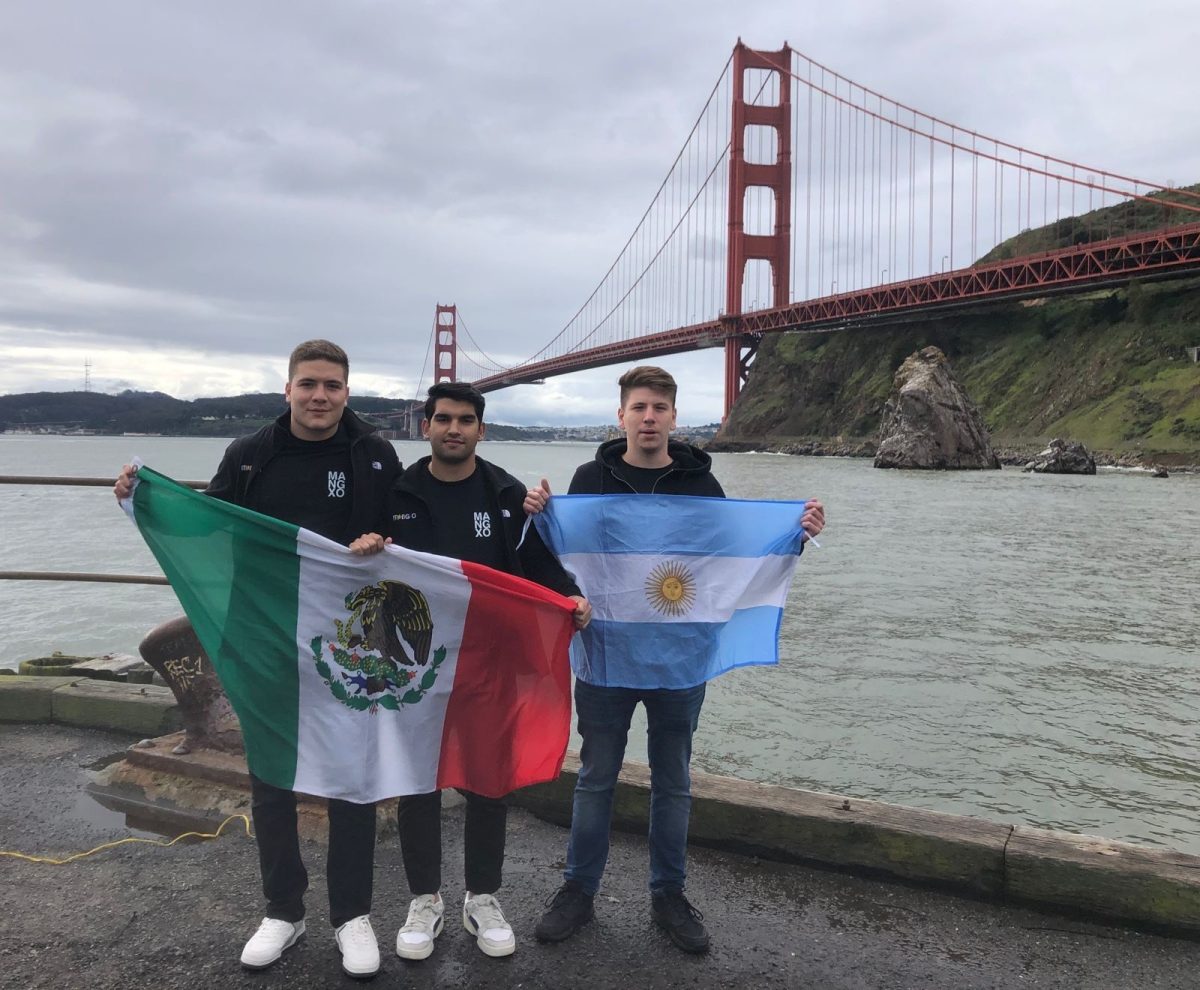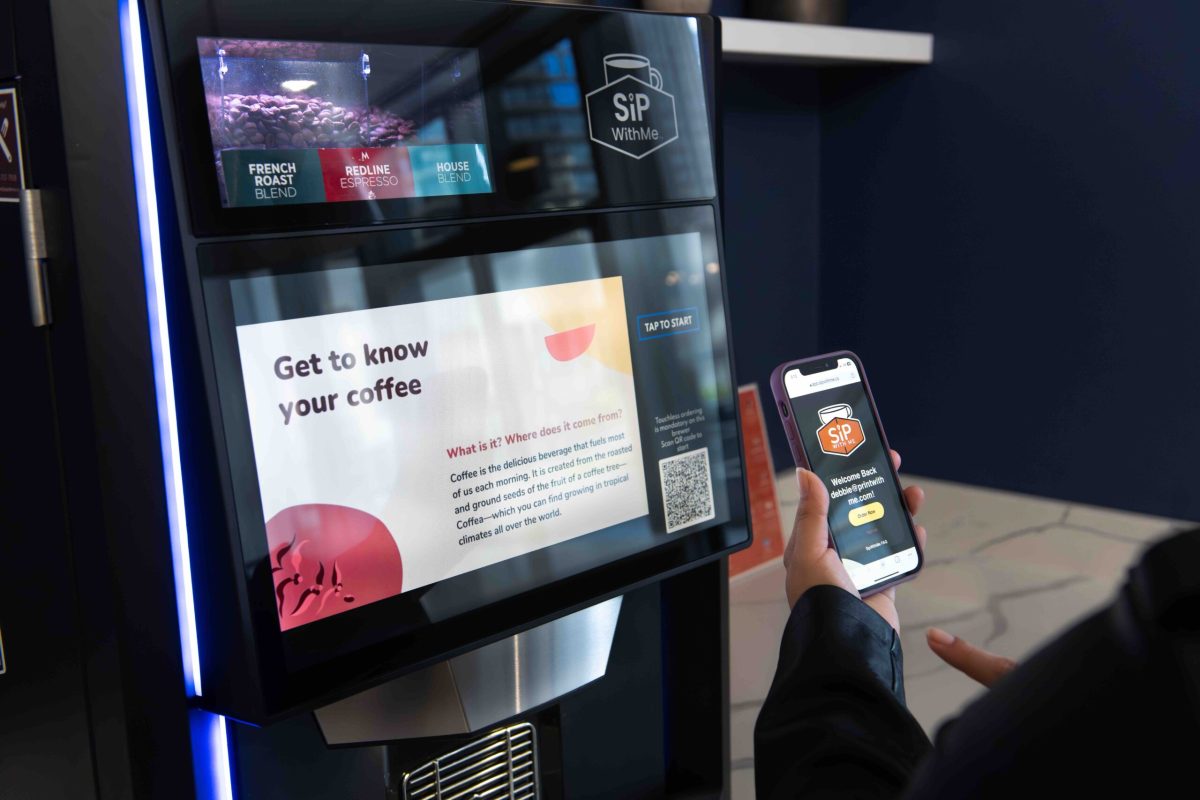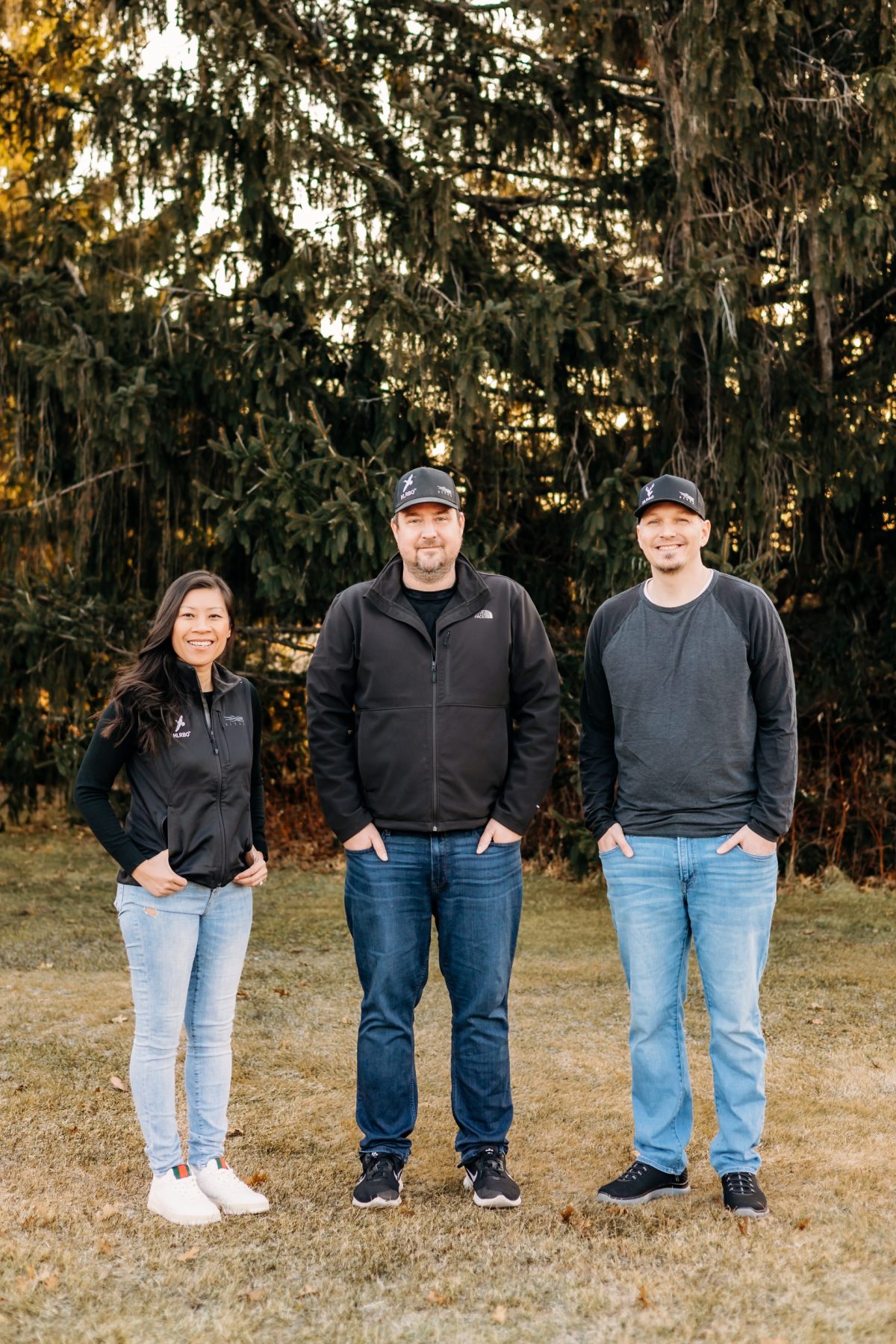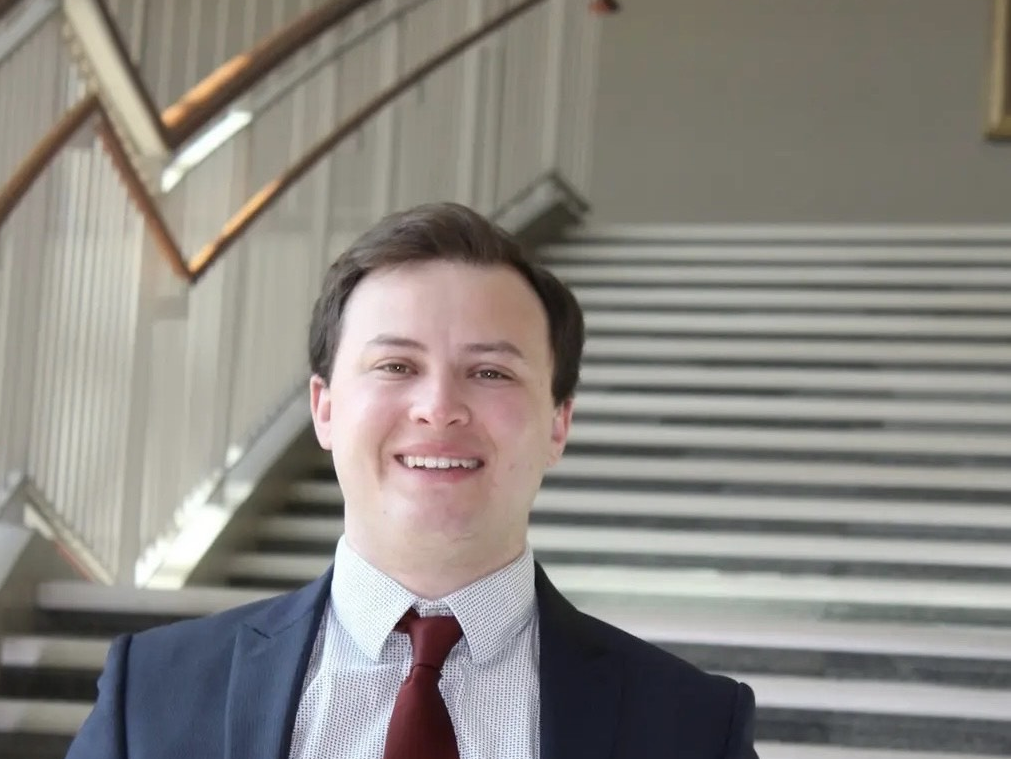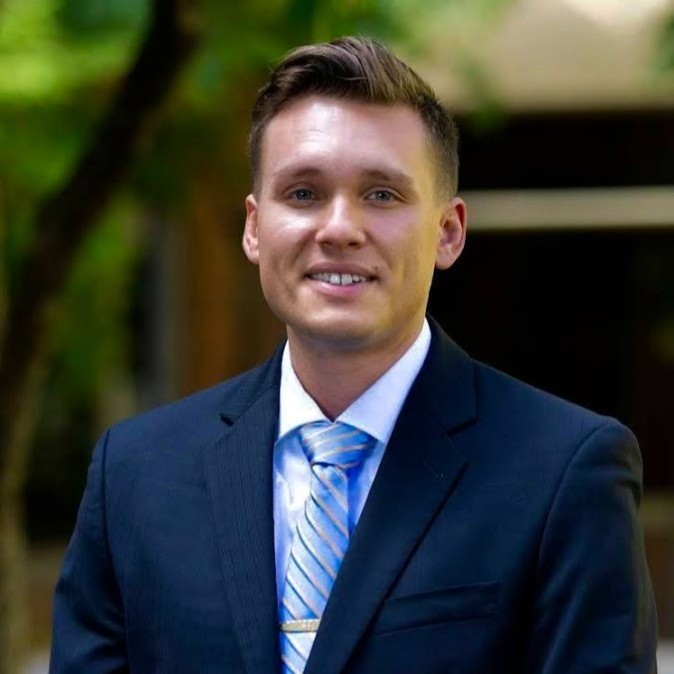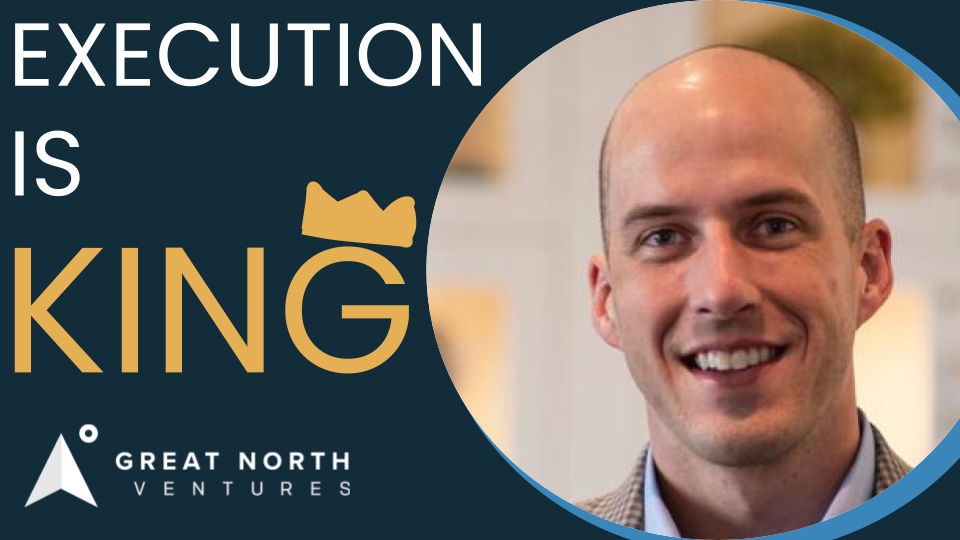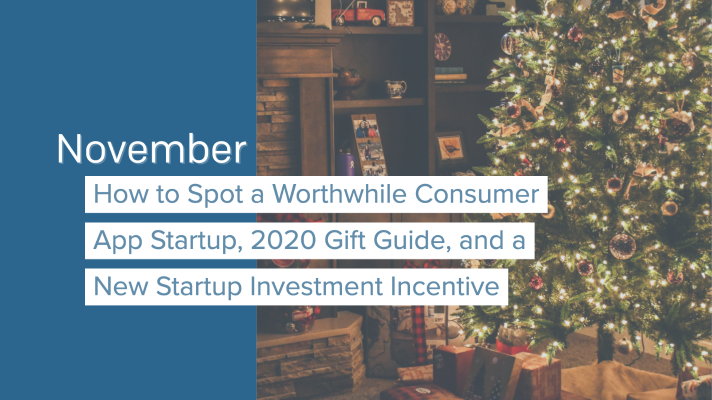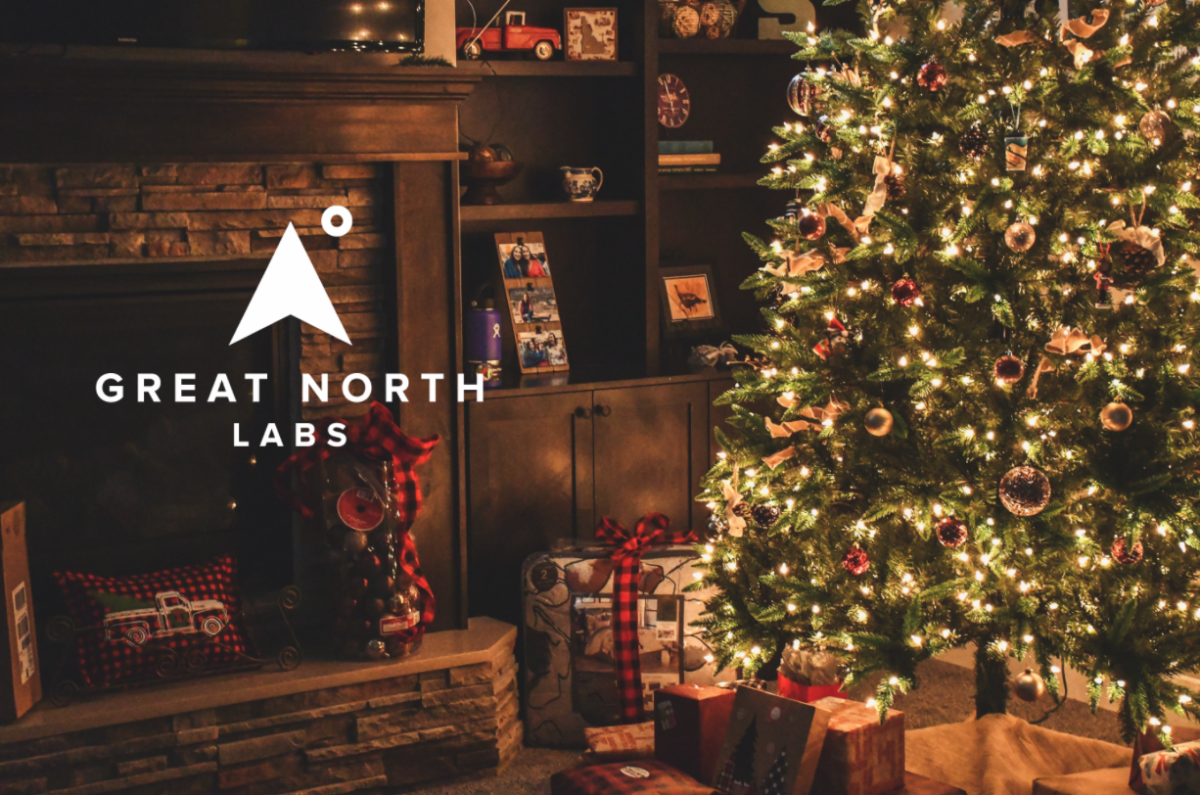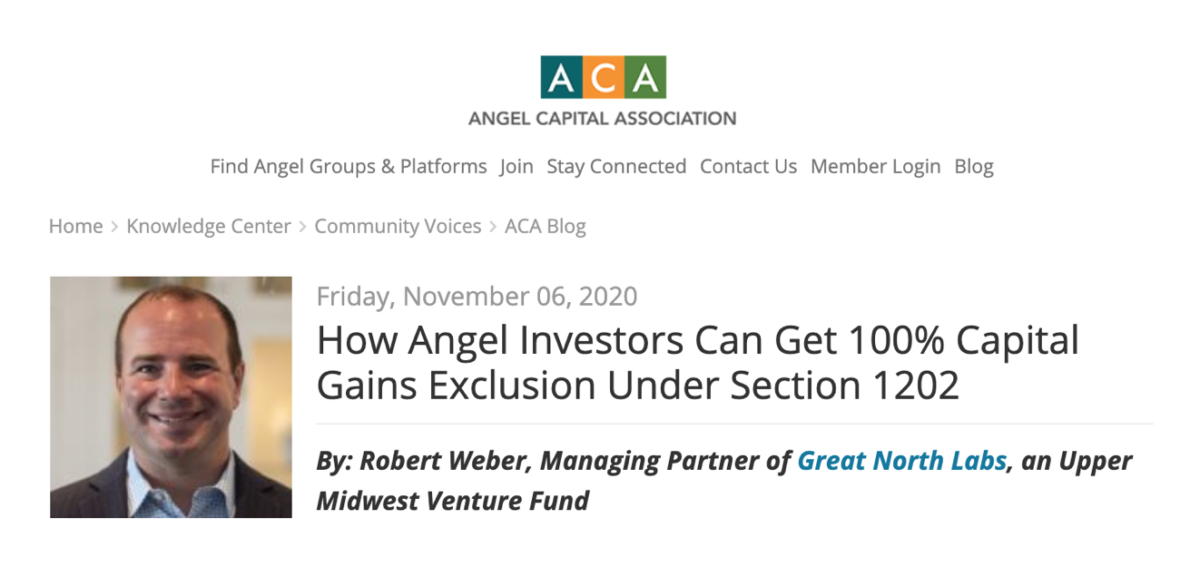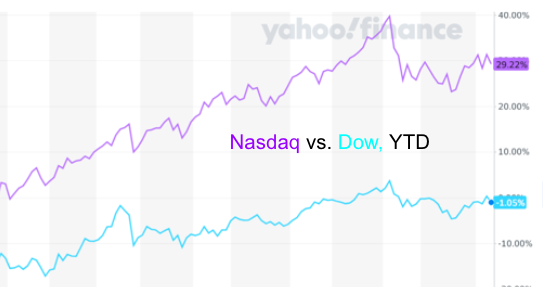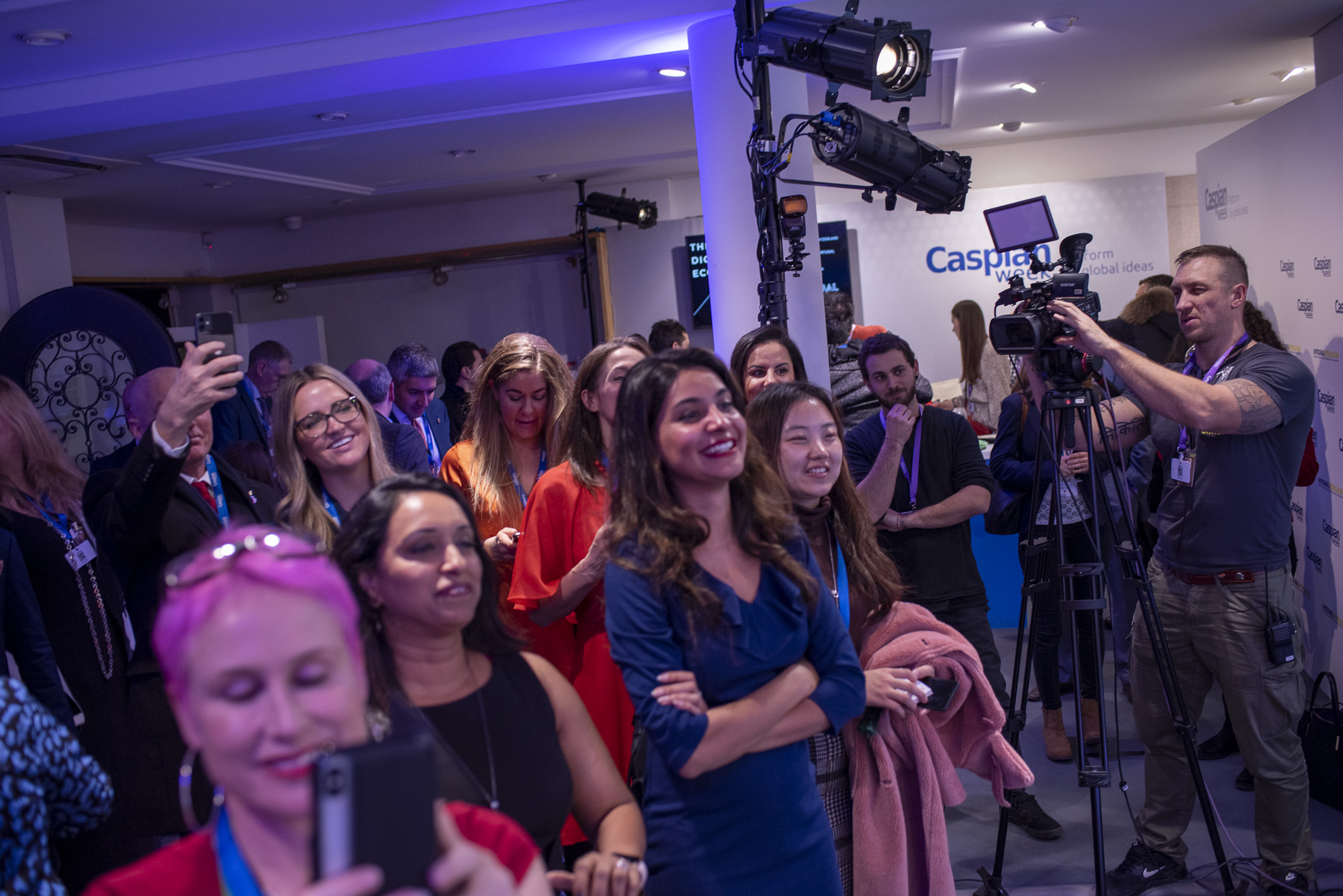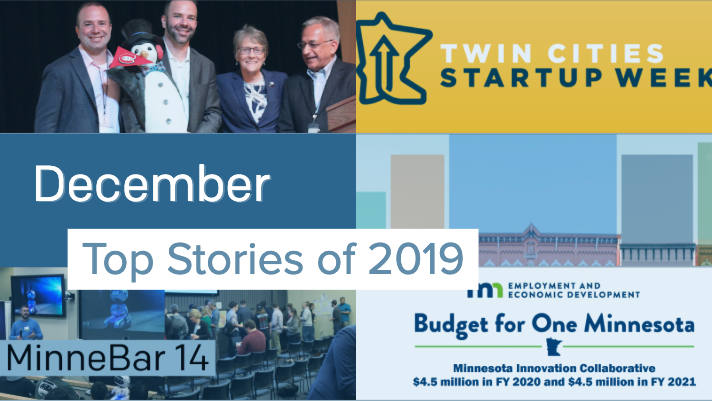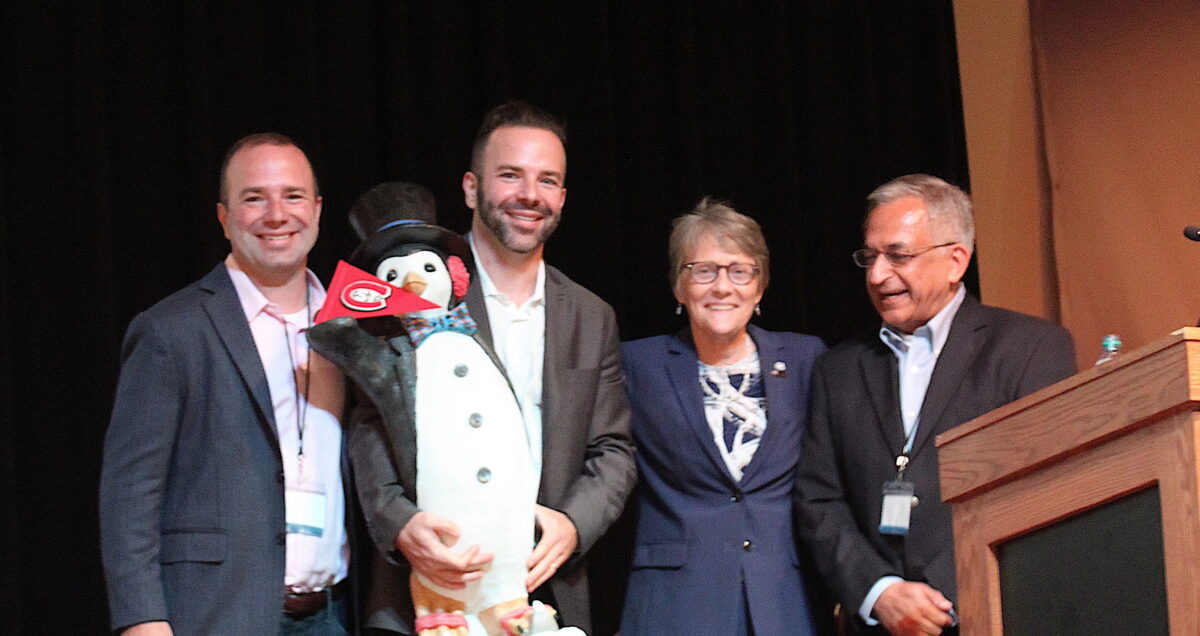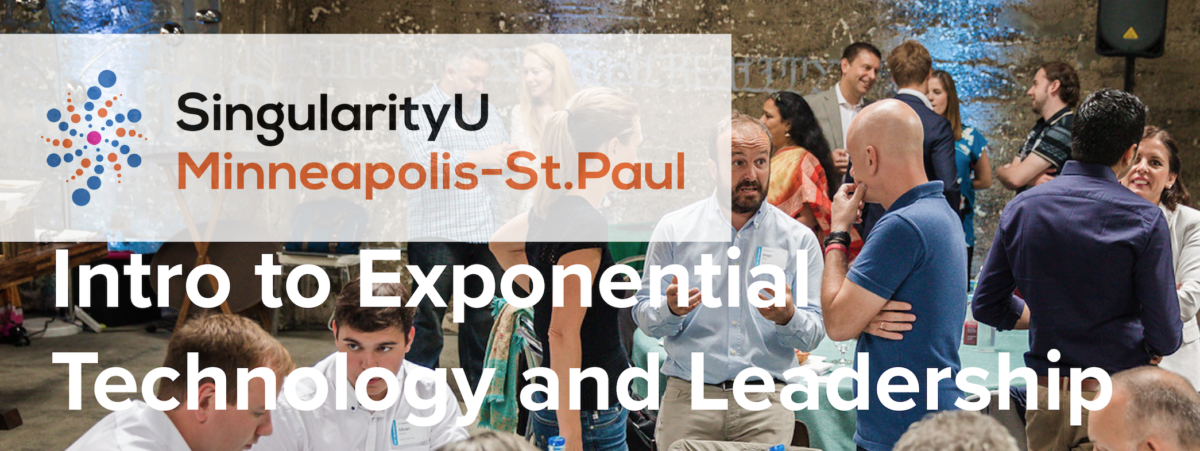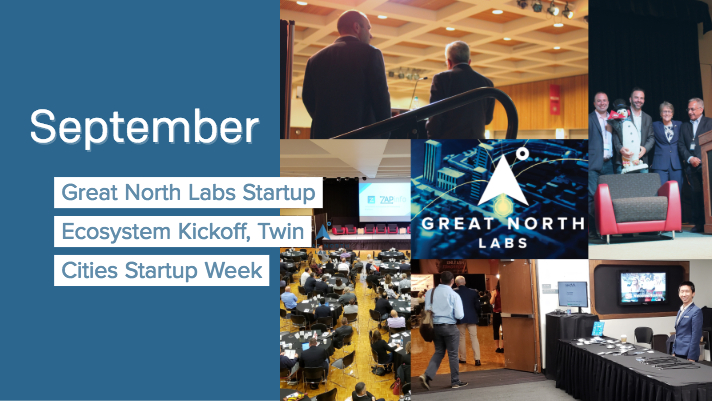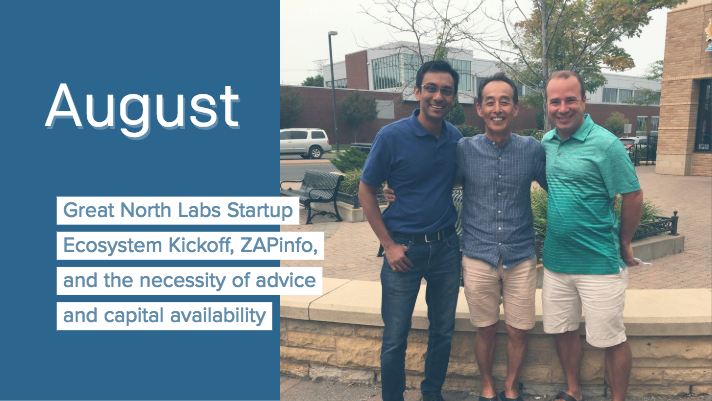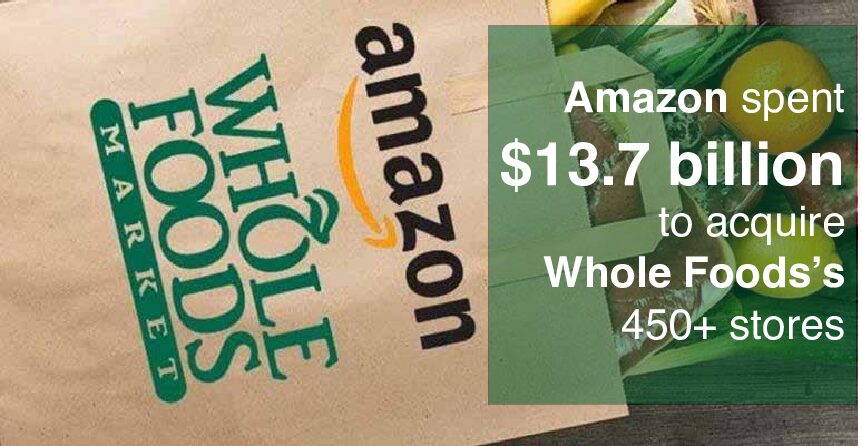Fund I portfolio company 2ndKitchen has been acquired by REEF Technologies, Inc.
From the article:
“At its heart, 2ndKitchen is a data company. Our top priority has always been connecting local businesses and empowering them with everything they need to operate efficiently and seamlessly add value to their guests,” said Nick Anastasiades, CEO and co-founder of 2ndKitchen.
“As we look to further this mission, REEF, the neighborhood company, is the perfect partner to help us rise to the next level. Our business’ foundation is its highly differentiated technology that allows businesses to tailor their food experience to their exact needs, and I believe there is still tremendous, untapped market opportunity.”
Read More on the 2ndKitchen blog, via Chicago Inno, or at Crain’s Chicago Business.
Welcome back to the Great North Ventures newsletter! This month we have advice for founders featured in our latest podcast episode.
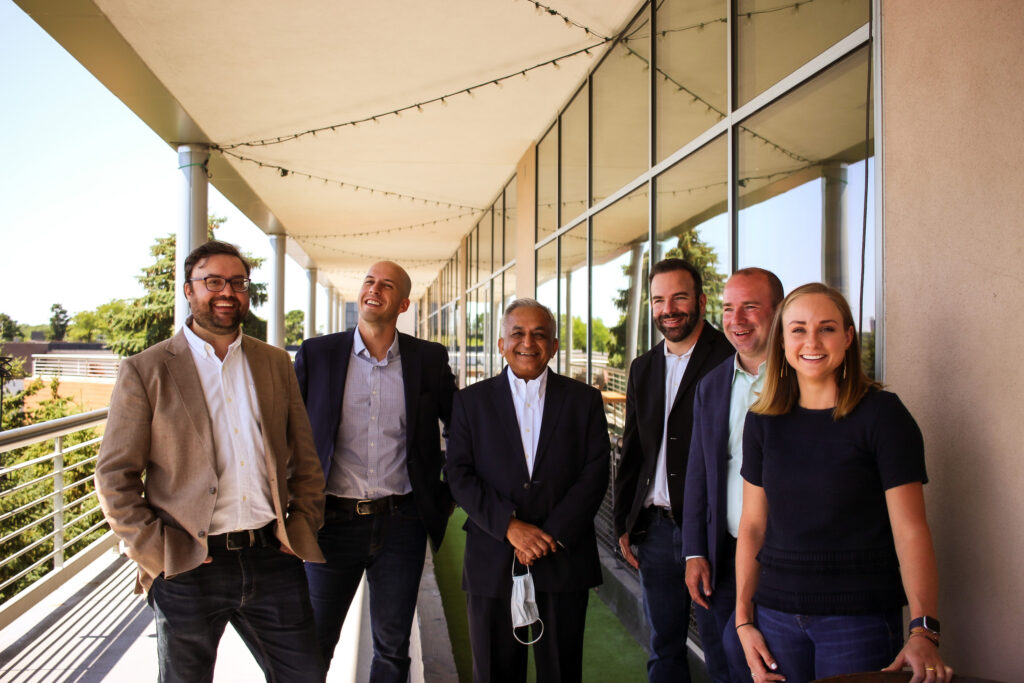
In the latest episode of “Execution is King” we feature the best advice for founders, recorded live at our 2021 Annual Event.
What is the Great North Annual Event? Every year, we gather investors, founders, and ecosystem builders together for networking and progress updates.
This year, we captured advice from our stakeholders, people who have proven they can execute.
Listen to the full episode for guidance on:
- Hiring and Firing
- Leadership
- Go to market
…and more.
Two ventures from our venture studio, NextGem and Backhouse Brands, are hiring. If you are interested in getting in early with a high-growth startup opportunity, check out these open positions.
- Backhouse Brands is hiring a Head of Sales based in St.Cloud or Remote.
- NextGem is hiring a Lead Mobile Product Designer and a Lead Software Engineer in Grand Rapids, Minneapolis, or Remote.
Portfolio Updates
Flywheel Partners with Roche and Genentech to Accelerate
Development of Personalized Healthcare Solutions
vWise partners with IRALOGIX to enable rapid deployment of IRA solutions
Outstate MN: Innovation in Central Minnesota [ZenLord Pro]
Hot 25 Startups 2022: NoiseAware
105 Open Positions
See all open positions on the Great North Ventures careers page
Dispatch is hiring for 70 positions
FactoryFix is hiring for 6 positions
Parallax is hiring for 2 positions
Branch is hiring for 16 positions
Inhabitr is hiring for 3 positions
NoiseAware is hiring for 2 positions
PartySlate is hiring for 2 positions
Flywheel is hiring for 1 position
NextGem is hiring for 2 positions
Backhouse Brands is hiring for 1 position
In this compilation episode, Josef features the best advice for founders that we picked up at our 2021 Annual Event.
Every year, Great North gathers investors, founders, and ecosystem builders together for networking and progress updates.
In this episode, you can hear advice from our stakeholders- people who have proven they can execute- on hiring and firing, leadership, go to market, and more.
Transcript:
0:07
Welcome to the execution is King podcast where we talk to successful startup founders, investors and ecosystem builders to uncover insights and best practices for the next generation of great global startups. This month, we have a special episode, instead of a single guest. We have advice from a ton of people. Every year, we gather all of the Great North ventures stakeholders together to network an update on the funds progress. This year, we asked attendees, founders, investors and builders, questions centered on quality execution. What’s the best advice you have for founders out there? When it comes to team building, specifically hiring and firing?
0:49
hiring and firing? I’ve heard this a number of different ways. There’s the old cliches of hire slow fire quick. And then some people follow that up with hire Quick Fire quick. I like what what my co founder Chris had brought to us where you say, let’s be really careful about who we bring on the team. And use the I think he called it the shopping mall test. And that test is like, if you hired this person, like, and on a Saturday, you saw them at a at a shopping mall unexpectedly, would you want to go up and say hi to him? It seems like a simple test. But there’s, you know, some people you might want to avoid and other people you just be like, I gotta go say hi, I can’t believe I see him at the mall. on a Saturday. So yeah, so that’s, we’ve used that approach, we have really good luck, we’ve had really good luck with Team retention. Our team is really everything to us, you know, people stay with us. You know, so we were really happy with with what we’ve built so far.
1:46
That was Todd Larson, co founder of Team genius.
1:51
You know, there’s kind of the latest and greatest theme out there that is hire slowly and fire quickly. I’m kind of borrowing that. But you know, in my career, I think being upfront with people and really focusing on making sure that as a leader, we’re all about doing servant leadership and removing roadblocks for people, and making them be the best that they can be. And really celebrating that I think is super important. That’s the way that I try to manage my teams, I try to surround myself with smart people that can bring things to the table that I necessarily don’t see right away. But I think as a team, you collaborate and you always come up with the best ideas and the best approaches. And the sum of all parts is better than just one individual.
2:36
That was James Don Francesco, president and co founder of Next Gen.
2:42
So I’ve always had a fail fast mentality, where founders typically will always just bring anyone they can get their hands on into their company, some unemployed person, their uncle, a friend. And that’s okay, in the very, very, very beginning. But as you start getting traction, if people aren’t performing well, or aren’t doing their own basic jobs, you have to cut bait, you have to get out of it. You have to make sure you’re working with people in your startup that are moving the ball every day. And if you’re in your gut, you know that somebody’s not making it I’ve seen founders be really, they’re committed to people that were there in the beginning, because those people were there in the beginning. And so they think being committed to people who were committed is a great rule. It’s a horrible rule. And it kills the opportunity for everybody. And so especially as you start getting eight and 10 people into your business, everybody knows who the nonperforming person is. But as the CEO or founder if you don’t deal with that, you start losing a lot of credibility and hindering everybody else’s opportunity.
3:55
That was Doug Berg, former founder of zap info,
4:00
growth mindset. It’s really the the number one thing that I look for when hiring people I try to look for, have you started a business a side business? Have you created something on your own? Have you demonstrated some interest in learning and getting better and being humble about what you know or don’t know? And I find that that trumps you know, experience all day as if you’ve just you’ve shown that grit to, you know, grow and persevere.
4:25
That was Chris Knutson, CEO and co founder of Team genius.
4:30
Like just general advice that I learned from doing a startup is, is really not I think, really focus on what your company’s the best at and, and not try to invent the wheel on every element. I think leverage the the knowledge of the community and your advisors, your your investors is really key.
4:52
That was Brian Biss Bala, former co founder of Ramboll and code 42.
4:58
Well, I think you got to look at hiring and firing as finding the right spot for people. And when you’re letting someone go, it’s probably because they need to go someplace else versus the emotion of the difficulty, like people have an opportunity to do great things. Sometimes they get stuck in a certain spot where they just don’t want to move to the next level or the next opportunity. So sometimes you’re kind of like letting them find their next chapter, that might be their best chapter. Certainly listening, being empathetic. It’s not easy, though, to let people go, certainly in the hiring side, business is all about people. And so you cannot take the people side of things for granted at all, you have to be very deliberate, very careful with hiring, it’s very easy to hire, very difficult to fire. So being very careful, making sure that you’re just not cutting corners on people. At the end of the day, we’re all in the people business. And so you want to make sure you have the best possible people. And so being very careful in how you onboard people, and also make sure they’re part of the culture of your organizations huge.
6:01
That was Brian Shawn born attorney at Moss and Barnett, I think
6:05
the core of it is always hire people smarter than yourself, and empower them to use their expertise, and understand what’s blocking them or what they knew needed to do their job. And then stay out of their way. And that is really hard to do. You care, you started the business. So you have some expertise, right. So you have to be kind of humble with where your expertise ends, and there’s begins or certainly eclipses yours. But you know, you’re hiring these people, because they’re really good at something that you’re not good at. Otherwise, you’re hiring wrong. You’re hiring people like you, you’re just way off base, I think the best place to start there is you have to figure out your mission, your vision and your values. And that allows you to make very easy decisions. And then people are, you know, no fault of them. They’re not bad people. It’s just they fit or they don’t. And it’s better for everyone, if you get people who fit what you’re trying to do, where you’re trying to go and how you want to do it. And then it’s really hard to do, especially in early stage companies, you got to do the performance management thing. You got to you got to hold people accountable, and make sure people are doing what they say they’re doing.
7:21
That was Andrew Schultz, CEO and co founder of noiseaware. What’s your best advice when it comes to leadership?
7:30
I would say the best advice I’ve gotten and I truly believe it is you have to love what you do and be passionate about what you do. Because as a leader, especially a CEO of a tech startup, you’re gonna face a lot of obstacles and challenges. And you got to love what you do to get through it and to get to the other side. And then you got to make your team inspire a team to get through the tough times to celebrate the good times. Without that passion can’t be done. I think with leadership, it’s one thing that’s really important for CEOs and co founders that grow something from, you know, two employees to 50 employees to 100 employees is to stay focused on the future and the vision and the mission of the company, be the one setting the metrics and the goals. But don’t be the one that’s in the in the weeds, really making people feel micromanage. So my biggest advice is stay really focused and laser focused on what are the where’s the big picture? Where are you going? And what are those important metrics that run your business. And that’s where you should be managing versus in the weeds.
8:35
That was Julie Roth Novak, CEO and co founder of party slate,
8:39
I would say two main piece of advice for leadership. One is you know, the old cliche of hire people smarter than you and get out of their way. There’s that notion that, you know, if you create a startup, you do it for one of two reasons. You either want to be rich or you want to be king. I’m personally one that wants to be rich. At the end of this, I don’t have to be in charge of a full team. I don’t have to be the boss and make sure that I command this team of people every day. So I’ve replaced myself and just about every job that I’ve done so far, including head of engineering. So that’s, that’s, that’s one of the biggest pieces of advice that I’d give.
9:17
That was Todd Larson.
9:20
Leadership wise, I would say the best advice that we’ve been given is around hiring, hiring great leaders and hiring them earlier than you think. And then I would say, I mean, the types that you want to be in business with are already pretty curious and have a mentor network, ideally that they’re working with. But having folks that can help you kind of learn some of the stuff you don’t know. And then then the other piece would be for us. We did something called the Entrepreneurial Operating System that came from a book called traction. So for us that was actually helping us like organize how we work. I mean, leadership, I think is just us being really authentic about what we’re doing where we’re going. And then doing that with a system like EOS has been really where that worked for us.
10:12
That was Ryan Hansen, CRO and co founder of dispatch.
10:16
Yeah, I think kind of in the same theme, right. But Angela Aaron’s who was the retail and apple.com. President, back when I was there, in 2014 2015. And she would always say, look, as a leader, I think you just have to basically eliminate roadblocks. Tell the people where you’re going. And again, make it so that they can be the best that they can be and show up to work every day with their best attitude. And, you know, feel free to ask questions, and basically work as a team. And I like that model for basically, hey, as a leader, I need to remove roadblocks for my people so they can do the best they can.
10:57
That was James Don Francesco.
10:59
trust people, I think is the biggest thing, find great people to work with. Because at the end of the day, you’re only as good as you are and the more quality people that you can instill trust into and they can trust you back, I think that’s really going to lead to like, ultimate success.
11:14
That was Andrew Schultz. Again,
11:17
I think leadership comes from the heart. You know, you lead from the heart, the meaning of life is love, and all mouths this time. So you find what you love, the purpose, passion. And when you’re into something, when you believe when you’re committed, leadership kind of comes audio doesn’t matter what sort of person you are, whether you’re an introvert or an extrovert, leaders lead with their heart, the best leaders lead with their heart, and they connect their time with the stuff they’re passionate about. And so following your heart, as a way to success and happiness, and leader being a great leader, too.
11:50
That was Brian, Shawn born again. What advice do you have for founders on go to market and customer acquisition?
11:59
So I founded a few companies. And frankly, I think I did a pretty good job of knowing like, when my product was ready to kind of show to people, I’ve met a lot of other founders that have kind of over baked or tried to over build their technology. So it was perfect and ready to go to market. And really, all you need to do is get it so that it’s ready to demo ready to show and ready to get the first couple of customers that will then help you to build the rest of the product. And to the point where they’ll even pay you to help build it the way they would want it to be. And so I’ve just seen a lot of value in like selling your idea. Maybe before it’s even an MVP, but allowing customers to pull you forward in innovation, as opposed to just a salesperson or your own ideas. I’ve seen things go off the rails a lot where a founder overthinks things and over builds things. They waste time, they waste quarters, they waste years, they kill their home equity lines, they can’t get venture funding, they aren’t hearing from customers firsthand. You know, and so I just I see them circling a lot with their ideas. And again, they burn a lot of money, and they can frustrate the heck out of the tech guys that are actually building their thing. And then they they change their mind or they add, there’s always like, Hey, I’m glad you built us to hear but now we need to add these next five features for it to, in my mind be ready to go to market. I’ve been very fortunate in that. I think our Minnesota nice stuff plays really good with customer acquisition. Even if you’re selling across the country, I’ve sold to 1000s of customers, even global customers, and they always appreciate when somebody from Minnesota is selling them a solution, we tend to listen to what they want, they tend to be better configurators if you will have like what an even a demo is. So tell me what you’re after. You know, it’s kind of like what what’s the menu? What, instead of me throwing everything at you like what are you in the mood for right now. So that’s thing one, but thing too is in go to market for entrepreneurs, you just have to be very smart. Like when you acquire your first few customers, you have to pick fights you can win. So you want to find customers that aren’t difficult, who in their mind are almost like emotional investors in what you’re doing? Because it’s going to help them with a killer part of their business. And as they do that you want them to be your early cheerleaders. You want them to be your early advocates. So one of the tricks that I did was I created what I call customer advisory boards right out of the gate and I’ll see if you’ll help me innovate. You’ll help me get you into your company, I will help innovate in the direction you want me to. But I also need you to participate. Because everything today is around. No one believes the founder of this startup, but they believe the customers that you’ve helped to accomplish something. And if you can, like I would bring customers we’d won battles with. And I would be on a demo with a big customer. And I’ll say, Hey, I hope you don’t mind. But I’ve invited one of our other customers to participate in the demo today. And they’re going to share what we’ve done for them. It’s Earth changing, to be able to have that kind of participation in your deals, because you will get to market tremendously faster than hoping or waiting to build 10 customers with 10 referenceable accounts with 10, white papers with 10. You can do a lot of this stuff in the very early days, if you just know how to ask. And I think founders are shy sometimes. And they don’t ask customers, hey, if I do something really great for you, can you then not pay me back but participate. And the irony is good. Customers love innovation, and they can’t do it in their big company. So they think that you’re their outlet for how to innovate and how to do things outside of their own kind of governance and chaos. And the right ones will actually bring you deeper and deeper into their company, as well as look at you as their outlet like they learn investor even though they’re not writing you a check. And that’s just a blast, when you start to get 2468 10 of those, the snowball just goes it’s fantastic.
16:36
That was Doug Berg. Again. It’s always
16:39
harder than you think. And I think you know, there’s a lot of things that can work a little bit. And so you have to be careful about not spreading yourself too thinly with customer acquisition, find something that you can double down on and go really deep in it versus trying to do you know, all channels, all tactics at the same time.
16:58
That was Chris Newton again. In hindsight, what’s a piece of advice you wish you had received earlier on? Wow,
17:07
okay, advice I wish I had been given before starting the company, find good partners. If you want to go fast, you need to do it with a lot of other people. I’d say. I wish that we had had more advice on legal as well as capital early on to avoid some mistakes that you can’t really out execute your way out of.
17:34
That was Ryan Hansen. Again,
17:36
that’s a really good question. Number one, you can’t use an outside tech firm to build your MVP. I wasted I was just me at the beginning, I wasted probably $100,000, which at the time seemed like a lot of money. I know it’s not in the context of a big raise. But working with an outside digital agency. I thought that’s my background, I can manage them. And really what I found would have been better is to get a group of contractors get in a room whiteboard together, get them really invested in the company and build together that way. And so when my tech co founder joined me nine months after I started, we threw away everything that the digital agency build started from scratch.
18:21
That was duly rough no back again.
18:24
Try to learn from others as much as you can, I think know where you’ve reached like I you know, I think our team, we needed to get outside help sooner than we did. So it was really important to kind of seek that outside help. And we also, we did an incredible job. Kind of scaling the company from the three of us to 400 people. So that was an incredible journey and learning experience.
18:52
That was Brian Biss Bala, again.
18:55
Well, I’ll tell you some of the best advice I got from the investors as I grew the company, the first was, best time to fundraise is when you’re high on mystery and low on history. Best time to move into a new market is when you’re pulled. Read every legal document you sign. These seem fundamental but sometimes overlooked. And cliche but when you ask for advice, you get money. When you ask for money, you get advice.
19:27
That was Andrew Schultz again.
19:29
Well, I think that the idea that business is about people, you know, you get so excited about the business model, you get excited about the opportunity, the deal, and you lose sight of the execution and the people and realizing that business is about people like I mentioned and and having the right people by your side makes a difference. You having a quality people with a C opportunity, they’re going to be wildly successful. If you have C’s or DS or F people with an A plus opportunity, you’re gonna fail. So it’s finding great people realizing the importance of people and the quality of people, not just their ability mentally or to be able to execute, but just who they are as people, their ethics, their character, you know, you can you can teach them a lot along the way, but they have to be wired the right way. I think that’s that’s kind of the biggest lesson I learned along the way is just never ever lose sight of the importance of people when you have the right people and the best people with you. Everything’s possible.
20:26
That was Brian, Shawn, born again. Was there anyone who particularly went out of their way to help you to become successful? Who was it? And what did they do for you,
20:37
the startup process, I met somebody early on. So when I started building the initial MVP, my goal was to get it out in front of as many people as I could. One of the obvious connections with our player evaluation tool was with a company called AI soccer, which was founded by Scott Lieber, out down out in Silicon Valley, he had developed this sort of national standard curriculum for how to measure how good a soccer player is, through a series of 19 measurable tests. And I was sort of building my evaluation tool, using that curriculum as part of the foundation as like an example of what you could do. So I met with him in person out at the United Soccer Coaches convention, it was my first time showing off the app, he came and talked to me, gave me a lot of great encouragement, told me to go read the Lean Startup, which was a wonderful like this sort of, you know, what every founder should be reading, right? And really, really got me off to a great positive start.
21:41
That was Todd Larson. Again.
21:43
For me, and closer network, I’d say the several of the founders that I worked with that sports engine, were invaluable to me when we went out on our own journey, to be able to come back to some of those folks who were founders and had done this before and ask for their perspective, and maybe help us with with some of the items, help us kind of learn what we had no idea we didn’t know. And then I’d say, We’ve been really fortunate the network around here, in terms of like access to capital, the different like, whether it’s beta.mn, great. North is a great example. And many others, I don’t know, we’ve had great resources available to us through either the, you know, old network connections that had started businesses like this or or folks that were volunteering to help.
22:33
That was Ryan Hansen again,
22:35
yeah, I think, in the early days is an example Mindy Weiss, who’s a celebrity event planner out of LA really was drawn to our model of really focusing on events for the inspiration, not hairstyles or dresses, or, you know, great gifts, it was all about the creativity of the event itself. And so very early on Mindy Weiss, who does all the Kardashian parties and everything else, came onto our advisory board. And literally, I had just launched it was a PowerPoint in a dream. And she said, Julie, I want to help you. And by getting Mindy Weiss on board, probably one of the most well known wedding and event planners in the country, if not the world, she really legitimize what we are doing and our vision. And that helps get a lot other people on board a party slave,
23:23
that was duly Roth Novak. Again,
23:27
I would say kind of a hybrid, I have had people along the way who have mentored me, and who have really encouraged me to be the best that I can be, who have told me James, you know what, even though the crowd might say, Don’t be genuine or authentic. Sometimes you have to kind of skip ahead or omit certain things, I’ve learned that I’m going to be honest and frank, and I’m going to do the best I can every day. And so the mentors that I’ve had in my life helped solidify that. I also would say, Yeah, I’ve had to work pretty hard to get to where I am. And I think the networks that you build, even way back when I started college and met Ryan and Rob, obviously that was helpful to get to know these guys, because, you know, it’s it’s, as they always say, it’s lines, not dots, you don’t come in heavy and hope to get, you know, a top notch position. And you know, from one interview, right, you it’s a it’s a long term relationship. We’ve gotten to know each other. And I think that that’s really special. And so Robin Ryan, obviously are incredible founders themselves, incredible leaders and, you know, really people that I look up to from, you know, how do you do a startup and the subject matter expertise, in particular, Ryan as a card investor is somebody who I’ve gotten to know much deeper, because he’s got all these insights that represents my customer. And so that’s been really helpful to be able to access his brain and of course, he’s incredibly knowledgeable about that stuff.
24:56
That was James Don Francesco again
25:00
A few people along the ways some of our angel investors that were seasoned entrepreneurs and seasoned investors that had been through many different companies were able to provide with lots of, I guess, more than answers questions, because like, what I found is the answer doesn’t matter nearly as much as the question. So knowing the right things to ask at the right time, that’s probably been the best piece of advice.
25:21
That was Jai kissoon, president of treble LLC.
25:27
I’m gonna say Brian schoenborn. Brian is on our board. And, you know, he’s an investor. But he spent a lot of time you know, early on connecting the dots for us. I’d say at least half of our investors came through Brian, and he’s put a lot of time we talk to him every single week in our early days. Advisory calls put a lot of time aside for us.
25:51
That was Chris Knutson again,
25:54
well, I can’t think of anything. Any specific person other than my two co founders, I think having three founders of a company was vital, because, you know, as any startup can attest to there’s definitely ups and downs. So without the benefit of your of great partners that you really trust, the support you through those ups and downs, you know, one person can have be having a crappy day and the other person can really help keep you going. I think we had many moments where we were like, What the hell are we doing here? Why are we doing this and like that, I think the combination of having those key founders those, those people you are in battle with and living that through really help keep you going. So that I think my two partners are on was the ones that I think of top of mine. So
26:45
that was Brian Biss Bala, again,
26:47
our very first investor, I still talk to on a weekly basis, generally for less than 30 minutes, but just a real quick check in. And it’s the hardest part about starting a company and leading company is you’re kind of alone. There’s no one you can really ask for advice. You’re, by definition, the expert in the world or whatever you do. And having some outside perspective, just ask, just talk through the issues you’re dealing with is is incredibly valuable. Whether it helps or not, I still have the choice to take their advice or not. But just the ability to talk through it not feel alone is incredibly, incredibly important.
27:23
That was Andrew Schultz again. We’ll close with Jai kissoon, giving his best advice to founders on fundraising, which is just great, general advice for founders as well have your
27:37
story down. I mean, honestly, it really comes down to having that guiding mission. And I know it’s bigger than a mission statement bigger than a value statement, but and then bringing everything back to that story and being able to have you know, everything reflected from financial performance to what you’re doing in marketing, really fall in line in line with that story.
28:01
Thanks for joining us on execution is King
Transcribed by https://otter.ai
In this episode, Rob and Josef talk about of-coast investing, and the strategy behind Revolution’s Rise of the Rest Seed Fund and its founder, Steve Case.
Anna Mason, Partner at Revolution, joins, and Rob talks about how they met, and about doing deals for the past 5 years. Anna shares how she went from Wall Street, with a front-row seat to the housing crisis and the Great Recession.
She also speaks to the importance of investing in under-capitalized regions, and in being intentional about inclusivity, especially in the wake of COVID where some metrics reveal a backslide in DEI progress.
“We see opportunity first, through the lens of geography. The drive-it-home statistic that we have long focused on is that while the industry has grown as an asset class from $10B up to north of $150B a year, 75% of the capital invested every year still goes to three places: California, New York, and Massachusetts. “
Anna talks about the bus tours with Steve Case, which is an iconic exercise for the fund, and how people react to their arrival.
Spoiler alert: Steve does not drive the bus.
Who does Anna Mason see executing? Founder Rathna Sharad and Flavor Cloud, and recycling startup Recyclops.
Full Transcript Below:
00:09
Welcome to the execution is king Podcast, where we talk to successful startup founders, investors and ecosystem builders to uncover insights and best practices for the next generation of great global startups. I’m your host, Joseph Siebert. Joining me today is co host, Rob Weber partner Great North ventures. Our guest is Ana Mason, managing partner at revolutions Rise of the rest Seed Fund, Rise of the rest invest in promising companies at the seed stage. Were outside of Silicon Valley, New York City and Boston.
00:42
On a it’s great to have you on today. The first question I wanted to start with was this Have you briefly described your path into venture capital. And also, if you could go a little bit deeper on your thesis with Rise of the rest? Maybe any more specifics as to the focus of your role within Rise of the rest?
01:01
Sure. Thanks, Rob. It’s it’s great to connect in this more public forum. I know we spend a lot of time chatting with each other about deals and I’m excited, really excited for you guys in launch this podcast. My name is automation. I’m a proud washington dc transplant. I’ve lived in the district for about six years, I like to say I have my two favorite startups are my little girls who are two and a half and five and a half. They’re fifth generation Washingtonians. And the responsible family life choice that led us to raise our kids in DC is very much so the reason why I’m there. But along the way pretty early and I got connected with Steve and revolution team. And it’s been a real privilege and an honor to just work alongside him and my other partner, a managing partner, David hall to really grow rise the rest. It’s my path into venture I think like many is an interesting one. And part of what I love about our industry, but I also think can be a little bit challenging is that there is no one clear check the box path into the industry. So I like to say that I have a bit of an eclectic portfolio of professional experiences that brought me into venture. I grew up professionally on Wall Street, I was a distressed and high yield bond and bank debt trader and also dabbled in a bit of post retired private equity. Over the years. Long story short, I had a very, very front row seat to the financial crisis in the Great Recession. coming right out of school, I landed in a job that I thought was like the greatest thing since sliced bread working at Lehman Brothers on their distress desk, which has a strong reputation. Little did I know that shortly after, you know, a couple years after I joined, I would be trading our own bonds and bank debt on that desk through one of the largest corporate bankruptcies in history. What I would say briefly just about that experience, and how I think it tracks to my path into venture is that I find myself very frequently thinking and somewhat frequently saying that venture is very much so like the other side of the coin, from distressed from the distressed investing world, you’re making big bets that typically have very binary outcomes. But the fundamental difference, and what I really love about our industry, and about our work, it rides the rest specifically is that in venture, you’re really fundamentally betting on the bright side of the coin. And you’re just, you’re working with partnering with funding and backing entrepreneurs who are really functionally optimists, I think reimagining the future, which is a wildly different universe from working in a subset of the financial markets that are focused on trading in the securities of companies who have missed the mark, they’ve missed the innovation or have some measure of corporate malpractice that is that has taken their securities into a more distressed stage. So I learned a tremendous amount in the earliest days of my career, both from the standpoint of the nature of the work we did and I did on the distressed side, but also in having gone through a major corporate bankruptcy upheaval, and merger thereafter. And that merger experience going from Lehman to Barclays taught me a tremendous amount about corporate culture. And it’s a lot of what I try to apply from an investor lens standpoint, into how we think about team construction and team values. Because at the end of the day, whether you’re a seed stage startup with five employees, or you’re a major conglomerate with 25,000, employees or anything in between, at the end of the day, your organization is the sum of its people. And so really kind of having a feel for the good, the bad and the ugly there from some personal experiences early in my career certainly guided that experience. Wall Street was beloved and have to leave it experience. So just kind of fast tracking here a little bit. My Wall Street recovery program took me to Southern California, and I lived In LA and got involved in the awesome guests years ago, still somewhat nascent startup community, they’re co founded health tech startup called burness. We originally started in the boutique fitness booking space. Like so many we pivoted early in the lifecycle of our company, when we realized we productize the wrong value proposition, happy to talk more about that later. And that pivot led us into an opportunity where we really doubled down on community and the social psychology of fitness. And so it’s been fascinating for me to see sort of the emergence and the 2.0 of a lot of social, like vertically focused social, social commerce company is kind of coming up in the market, because we were very much so playing in that space. Back in 2012 2013, my co founder and I both got pregnant. And we were in a great place with our business, traction wise, but hadn’t fully landed on our business model. So we had an awesome opportunity to soft land, our company into a major, major private company in the space called Beachbody, which was a great home for some of our engineers and the technology and the platform itself. And I moved to DC for my responsible family life choice, which takes me close to present day. So I’ve been a revolution for five years. And it’s been a real privilege to work on scaling rise the rest.
06:24
So can you tell us a little bit about the thesis behind Rise of the rest?
06:28
Yeah, at its core, I would sum up the thesis of rise the rest by saying we see opportunity, first through the lens of geography. What that means in practice, is that the guiding light and the sort of drive at home statistic that we have long focused on is that while the venture industry as a whole has grown tremendously as an asset class, from, you know, $10 billion invested a year up to now, I think north of $150 billion a year 75% of the capital invested every year still goes to three places, California, New York and Massachusetts. And so we believe very deeply and are delighted to put our money where our mouth is that brilliant entrepreneurs can have and continue to build transformative companies anywhere in the country. But the tip of the spear in activating those opportunities is early stage seed capital. And so our model is what we call a catalytic co investment model where we are high volume early stage investors. And while we do invest across industry, over the years, we’ve sharpened our pencils to increasingly focus on opportunities that sit at the intersection of, of a handful of themes and those four themes for us, our infrastructure, resilience, digital transformation, and sustainability. And so that can take us into FinTech it can take us into healthcare, may can take us into hard infrastructure. I’m pretty sure I have a small child, my little startup who somehow broke the lock and snuck in here. But that’s the thesis for rise the rest in a nutshell.
08:14
So I’m a big fan of Rise of the rest. And I know one of the things that it’s known for our it’s bus tours all around America. I know that’s been challenging to pull off during COVID. But I wonder if you could share with us a story or two, in terms of the most unique or interesting startup ecosystems you’ve come across in your travels with Rise of the rest.
08:38
Your thanks, Rob, I’m excited to get you back out on the bus with us again, whenever it is safe for us all to convene in that way again. So I’ve actually personally been to 47 cities and counting in the five years since I’ve been at rise the rest. And so these are always the hardest questions, because picking just one or even two is tough. I thought I chat briefly about to startup communities that might surprise people, even as I’m so heartened and pleased to see how much momentum the broader thesis and interest level investing outside the coasts, has become over the last couple of years. And so one, one community that I’m wildly bullish on is Tampa, the Tampa Bay Community in Florida. I think it’s most interesting to me, and I think is worth noting, because Miami, you know, sort of just across the state has been getting so much fanfare and attention and opportunity. And frankly, I think rightfully so I’m long Miami in so far as that debate rages. But I think Tampa long before COVID and in particular through COVID has had the opportunity to really kind of double down on the ecosystem that’s developing there. So some fun facts about the Tampa Bay region, average age. I don’t know if you want to wager a guess, Rob average age in Tampa Bay? What do you think?
10:09
I would I would think it’s all I think of Florida as being retirement oriented. So I’m gonna say like you say, 42.
10:16
Yeah, it’s like 34. It’s crazy. It’s 34. We learned that when we went there a couple years ago, you actually came in lower that I that I might have thought otherwise. But there’s, you know, when we visited there a couple years ago, pre COVID. We got to see firsthand what Jeff fenech and Lakshmi Shenoy and the team at embark collective or building in the Tampa community. And what’s super interesting about this, I think of it as what what we call the work live play model in our 2019 rise, the rest ecosystem playbook. There’s a major real estate development underway there, called the Water Street project, the Tampa Bay Water Street projects, it’s like multi billion dollar, really like city renovation, if you think about it. And what I love so much about what was developed there with so much thought and intentionality is that as you redevelop different areas of a city, you have to have entrepreneurship, top of mine in front and center. And that’s where you had this really this like gem in this toolbox of embark collective, which was not only startup hub and community space, but it was really a collective to bring together leaders, mentors, investors to support this emerging generation of startups in the Tampa Bay Community. And through that, they really become this like magnet or beacon. That gives people a landing place, not only for startups who are maybe relocating, or maybe are homegrown in the region, but also for so much of the talent that’s moving to Tampa, from the Bay Area and otherwise, and either wants to pay it forward, wants to find that next opportunity wants to mentor wants to invest wants to join a startup. And now there’s a space for it. And I think creating that type of network density and concentration with intention can make all the difference in a startup community. So that’s incredibly exciting to see. And I will also say, I don’t think they’ve all been announced yet. But we have four investments in Tampa, up from zero, like two years ago. So it’s really cool to see what’s happening in that market.
12:24
That’s really interesting to hear. I’ve actually been thinking about buying a place in Florida as I as I get older, the Minnesota winters are starting to, you know, catch up to me, but I was thinking more of more like southern Florida, not necessarily Tampa. So before I buy a place in the next couple of years, I will have to spend time in Tampa and see what it’s all about. Yeah, you gotta check it out. As a entrepreneur and investor, you know, so much of success, you see really comes from having a strong team and developing a team and talent. And I know with the rise of the rest, you recently completed a nationwide career fair on clubhouse, targeting all kinds of different local talent markets, such as the Twin Cities which I participated in and others, I saw you this quote that you tweeted from Brian chesky, the Airbnb co founder, who also participated, he said, You’ll never be in one place quite like you used to be, the place to be will be the internet. So see a lot more small and medium cities rising up. I could really relate to that being I’m kind of I’m not super nomadic, but I, you know, I spent a lot of time in the Twin Cities or rural like Lake town in Minnesota, and then also Chicago, you know, but I, I don’t like to be bogged down or tied down. And I think that really resonated with me Brian’s quote, but when you think about advice, you know, as you’re counseling founders through investments that the rise of the west or otherwise, what advice would you give to founders with respect to recruiting top talent? And, you know, what do you think is working best right now? And I guess, what do you think is not working?
14:02
So I love this question about place, obviously, in a, you know, in our intro discussion, I highlighted that place really sits at the foundation of our investment thesis or programmatic work, just everything we do, centers around this idea and this philosophy, its mantra, really the only place matters. And so as we moved into this space, where the realities of COVID created, I think, what some people call zoom land, like, you know, you’re sort of in nowhere USA everywhere USA. The question about, like, What does place mean, almost, at the risk of sounding hyperbolic, you know, sort of felt like it was taking on his like existential thread, about how we should all be thinking about place and one of the conclusions I’ve personally reached, in part informed by this intentional work we did through our tech talent Tour, which as you noted, Brian chesky and co headline but it was really intended to be a virtual Career Fair that could bring together active job seekers from all across the country with these startups who are in our portfolio, we had actually over 1000 open jobs across the entire portfolio. So I think a couple things on on this front. One is that I’ve, I’ve personally come to the conclusion that we’re in this moment that I’m calling like, the great unbundling of place, where when you think about it, even from a venture investor standpoint, we’re constantly chomping at the bit and looking for opportunities, like, Oh, is this industry being unbundled? And what does that mean for opportunity? And where does value get unlocked and who can really, you know, go after and chase this opportunity? I think we’re seeing the same thing happened with place where fundamentally the value proposition of place, right, which is usually where you work, and where you live, are inextricably linked, is now unlocking and unbundling. And so just like when we think about industries that are being unbundled and value creation is happening for startups, who are sort of jumping into that moment, with a very specific product offering that really just focuses on sort of like one element of the previous bundle, I think you’re kind of seeing the same thing happen, where cities can really focus on the value prop of why you should live there. And companies can really focus on the value prop of like, why you should work for us. For this to fully work, I think for cities, and for companies, and startups headquartered in Rise of the rest cities, they’re probably actually needs to be some sort of partnership that happens between the city or the economic development authorities, or the Chamber of Commerce, and startups, who often don’t get as much attention as some of the later stage companies. So that’s something I’m actually personally spending a bunch of time thinking about what could come next there that helps not only companies in our portfolios, but helps any startup in any emerging city across the country. And so all that’s to say, while there’s tremendous opportunity, because you’re seeing so many people move for individual startups, and I know all of our companies are feeling this on the front line. It’s actually also challenging, because now you’re not just competing for talent in your own backyard. We heard this from one of our startups headquartered in Nebraska, where he’s like, I used to be the best game in town, for everyone, for all these engineers, but now suddenly, they have remote opportunities in other places, too. And so I think, for companies to really put their best foot forward as they’re trying to attract top talent, and what is becoming very quickly, like an increasingly competitive market. Is that you, I think, you really have to kind of let your personality shine. I think we’re, we’ve certainly entered this age from a consumer standpoint, and I think we’re seeing this from an employee standpoint, to where values really matter a lot. And frankly, I think that culture and values people operations is something that early stage startups may didn’t always have the luxury of thinking about. But I’ve noticed, at least across our portfolio and a new companies we talked to, it’s becoming increasingly important and prominent. So two last quick things that that I think came out of actually this talent toward the first is
18:15
we discovered, and it was an exciting discovery, that so many of our portfolio companies, even early stage ones, have heads of people, Chief people, officers, VP of talent, like not just an HR person, but someone who is looking at the whole picture of what’s our culture, what’s our recruiting process, what’s our training methodology? How do we really bring people into the fold. And I love the fact that that is front and center. And so I think that I’m thinking about how you build that function. And frankly, how that becomes not just the CEOs issue to think about, is an incredibly important tactical steps that startups can take at this early stage. And the second is, frankly, just to really transparently reassess your policies for your team. We surveyed our portfolio as part of this talent or effort. And we found that while fewer than 30% of our companies had remote work policies before COVID, more than 75% plan to have a policy, either already do now or plan to just have one for the foreseeable future. And on the flip side of the nearly 2000 active job seekers who RSVP to join us during this virtual career fair 99% of them were interested in or open to remote work. There was like one person that wasn’t interested, and 67% were interested in or open to relocation. And so I just think like flexibility is the name of the game these days. And it’s a tricky terrain, I think, for startups to navigate, because it can be distracting from a focus standpoint. So again, empowering someone on your team early Who’s sort of thinking about the people function most fully, I think is really beneficial.
20:05
So along with this unbundling of work from from place, you know, as kind of education from place as well. When you think of the uvp of these different cities, a lot of it has to do at least nowadays, you know, with with education that you can attain there. But you’ve been traveling around to these cities, you’ve been investing in these early stage startups. And obviously, there is this unbundling of education happening. Right now, I don’t know how, how progressed, it’s been put, there’s all these things, I mean, Udemy, Coursera, the ones that immediately popped to mind, but then there’s things like lambda school as well, and all kinds of other opportunities to get the education you need to work specifically in, in like startup type careers that are really proliferating. But as far as like traction, that you’ve seen, you know, like at companies, have you seen people in leadership positions? Are these founders coming out of those kind of educational backgrounds? Have you seen any traction to that unbundling of place and education,
21:13
we’ve made some investments in that space in a couple different different directions and are excited to track the progress of those companies. I can’t think of specific examples of founders in our portfolio who have been graduates of those programs. But I know that there’s active hiring that happens out of those programs. And I can say, you know, I think one example of a company in that space is to you, it’s actually DC based, you know, in our backyard in DC, they’re a publicly traded company, which I think in and of itself speaks volumes to the potential of the industry and the potential for success and real traction and efficacy of that business model. Um, but we actually partnered with them as one of our core talent partners on this recent talent tour that we did. And they brought a tremendous number of candidates through the platform. And I think what’s interesting, and what you see in some of the nuances of these models, is you have many people who are actually also leaving their current career, like they’re leaving their jobs, sort of mid cycle, mid career professionals, I guess they there’s the terminology. And they’re inspired to be a part of positive change, which I think is fundamentally what our industry is all about. And while I don’t have the specific stats for you on founders, you know, something that a colleague of mine said a while back, that’s always stuck with me, is that you don’t need to be a founder to be an entrepreneur. And I think this, having this spirit of innovation and opportunity and possibility is something that bleeds through startup cultures, whether you’re the founder, your employee, number five, or number 50. And I think you see a lot of those folks coming out of these programs into job opportunities in the startup space.
23:03
Yeah, I think that’s right on, I think one of the values that I always tried to push really hard when I as an entrepreneur was just shared around accountability. And I think that’s one of the real benefits. So you know, most startups provide employee stock appreciation plans or stock options. And I think that really kind of aligns it, you really want your team to act as if they’re owners and to take accountability when you’re building a startup. And I think that really can support that kind of a culture where every, every employee is a founder, and I think it’s really important. I was gonna maybe to change gears a little bit I wanted to ask, so your partner is Steve Kay’s. He’s one of the true pioneers of the internet. I know when I was starting out in the late 90s, as a teenager hacking away at my first websites and ecommerce projects, AOL was just a force of really kind of bringing the internet to the masses across the country. What is it been like working with someone like Steve that, you know, is really one of the true pioneers of the internet? Really? How does that impact your day to day,
24:10
it’s incredibly inspiring to work with Steve and it always has been from from day one, you know, it’s, it’s funny part of my role over the years it rise, the rest and in addition to the, you know, investment per view, and has been overseeing sort of strategy and execution, for our Rise of the rest, road trips, these bus tours that we do and that I think we’ve become pretty well known for. And it’s funny, I usually get three questions, and they’ve sort of followed me and us all through the years and through all the tours coming up on our ninth one. And, you know, the first two questions are is Steve really on the bus? And the second question is, like, is Steve running for president? You know, sort of learned, you know, my quick one two punch is like Steve is really on the bus. And and he’s no, he’s to the best of my knowledge. He’s not running for president. But I think there’s, you know, that first point It’s really like literal, like when I say like Steve’s on the bus and sort of both literal and figurative. He is, you know, front and center and present in all the work that we do. And I think his dedication has been a constant source of inspiration to our partnership to our team, to the cities that we visit, it’s always been fun in a delight to see the way that people react to and interact with him and to have the opportunity and the privilege to sort of be on the inside track of that has always been a lot of fun. And there’s also a tremendous amount of learning. You know, I think most people are not strangers to sort of the brilliant marketing behind the rise of AOL. And, you know, the CDs, everyone always talks about, but I think I’ve seen and I’ve learned a lot of that kind of shine through in the way that he’s, you know, conceived of and, and, you know, we’ve expanded Rise of the rest over the years, there’s a very specific, very deliberate, high level message that I’ve always found so impressive and inspiring in terms of how Steve always delivers it. Most people who know of our work in the space know that 75% of venture capital goes to three places. And all of the work that we do all of the investment, all the partnership, all of the focus on economic development, is inspired by that one single fact. And it’s been just tremendous learning, I think around that. The final quick thing I’ll say is, the Steve is also a great storyteller. And I think one of the first times I heard him, you know, when we were out on the road on a tour, tell the story about you know, one person, you know, when he started AOL in the early days, I don’t know if I’ll get this exactly right. But I think the story goes, like only 1% of the US was online, and it was only for like three hours a day or a week I forget exactly what that last part is. But I remember the first time I heard him talk about that, and link in his mind, the connection between sort of leaning into and creating the future with AOL, and, and drawing parallels for himself and the work that he and we are trying to do with rise. The rest was just, you know, kind of one of those that gave me chills moments, and it continues to be a source of inspiration, I think, in all the work that we do.
27:13
Here’s what I want to know, though, does Steve ever drive the bus? Like maybe it goes and sits up there he hangs a couple AOL CDs from the rearview mirror. So they’re spinning,
27:23
we do have a professional bus drivers. It’s a pretty big tour bus. We’re, he is on it. I have never seen him actually drive.
27:35
So I was gonna skip to my last question. I think the tech industry at large, but especially the venture capital market, has really struggled with diversity, equity and inclusion over the years, and I no Rise Of The rest is really at the forefront of kind of embracing diversity, equity and inclusion, from a VC point of view. So I just wanted to ask, how is the progress been? The last? I guess you’ve been with revolution for five years? How do you think the VC industry is doing in terms of embracing? You know, Dei,
28:10
my sense, in my experience, is that we’re making progress. I see it in the now much more regular announcements of you know, many of our colleagues who are women or, you know, GPS of color, or launching funds for the first time raising second or third funds with, you know, much larger numbers and a un behind them. It looks like we’re as an industry starting to do a better job. I think you see some of that too. On the, you know, the funder side in terms of what the composition of founders who are getting funded. But those anecdotes like those anecdotal insights aside, I think when we still see the headline data come through year after year, the numbers are just still so incredibly sobering. You know, from a female founder standpoint, we went backwards during COVID pretty dramatically. And the numbers were not all that impressive to begin with. And so I think we are living in an age more broadly, of increased intentionality and focus, frankly, because we all sort of live and operate in the public eye in some capacity. And I think there’s a more there’s the potential for a more virtuous circle between what your customers and what your investors and what your team sort of demands that can hopefully create more momentum and more positive change on this front. You know, one of the things I’ve been reflecting on, both with respect to geography and with an end diversity more broadly, is that I think we’re in maybe in a moment where it’s helpful to dig deeper Behind the headline numbers, because we do also have a tremendous amount of momentum in the asset class. And there are, you know, an increasing number of later stage funds. And I say this with all the warmth in my heart who are like weaponizing capital, and, you know, doing these very quick, later stage rounds that sort of inflates the overall numbers, I think of invested capital in the space, both in the fund world and in the startup world. So, you know, coming back to geography just for a minute, as we close, the headline numbers haven’t changed from the standpoint of 75% of venture capital still go into three places, but svv put out a report a couple weeks ago, where there were some really exciting data, I think, from our standpoint, it rise the rest, which is that the percentage of early stage funding, early stage specifically funding going to Bay Area startups, has actually declined 15% in the last 10 years. And what’s even more interesting to me, and I think to us, is that half of that decline has come in the last 15 months. So when you think about everything that COVID is accelerating, I think in certain ways, I think some of these shifts, you’re starting to see more acceleration and more momentum. And so that even that, just that one fact, that made me really want to double click on that, and understand, like, Where is that capital going? And what does that look like? And so there’s a lot more work to do. That’s like really the short answer behind my longer winded answer. But I’m encouraged to see more people around the table. And I’m also encouraged by the seriousness and the size of check increasingly being committed in the public forum by institutional LPs, and by the corporate community. I think, in particular, like the corporate LP community can start to make a pretty big difference when it comes to funding both startups and fund managers from a founder of color or female founder perspective.
31:56
So one last question, before you go on, we try to ask this of all our guests, sticking with the theme of the podcast, nice book into it, who is someone, or maybe it’s a team or a startup that is really executing. Or maybe it’s flying under the radar that nobody hasn’t heard of, that we should be paying attention to.
32:18
I have two companies in our portfolio. just picking up on that last thread one is led by an extraordinary female founder, the company is based in Seattle. It’s called flavor cloud. And the business is a cross border. Ecommerce enablement tool that really helps to empower every retailer to go global rathna recently closed a $6 million dollar series a round, and she’s just flying. And she’s one of the most capital efficient, sort of nose to the grindstone execution oriented founders I’ve ever met in our portfolio, and the numbers don’t lie. And so she’s already I think, come close to doubling monthly revenue, since she closed that a. So I’m really excited for the prospects of that business and think she’s writing a real wave of momentum in the e commerce enablement, and sort of supply chain resilience sectors. And the second is a newer company in our portfolio out of Salt Lake City, it’s called recite clops. And the company started as a consumer oriented like recycling as a service business that focused on rural and smaller MSA communities that didn’t have recycling services provided by their municipalities, in large part due to some changes from the International sort of regulatory landscape. And what I what I love so much about what’s happened. And they’re also just heads down executing so so efficiently is that their business has, I think, very quickly evolved not only into that consumer facing recycling as a service play, but actually now they’re sort of leaning into this reverse logistics company that singularly focuses on sustainability and the opportunities that come from that. And that’s created some really explosive b2b opportunities for them that I think are already and will continue to prove to be a short cut from a market based expansion standpoint, that helped to take them from a regional to a national player pretty quickly. So super excited about them. And they also the founder, there’s actually the younger brother of another founder in our portfolio who’s who was one of our first investments back when we launched rise the rest a couple years ago. So I love love seeing that connection come through for so many reasons.
34:37
Second generation of investees That’s great. Yeah, so listeners check out flavor cloud and recite clops. And if you google recyclates, and see a picture of Dwight schrute in a samurai outfit, that is the wrong recite claps.
34:53
It is not thank you guys so much for having me on congrats on the new podcast and I can’t wait to see Tune in to all your future episodes. Thanks, Ana.
35:02
Thanks so much on it’s been great to have you on today and looking forward to keeping the conversations going in the years to come. We’re really proud of all the good work. You’re doing it rise of the rest. Thanks, Rob.
Ryan and Josef talk about the importance of startup communities and the importance of innovation in rural communities, including St. Cloud, MN.
Molly shares her experience working with incubators, builders, and startups with Singularity University and how that led to her position as the Entrepreneur Ecosystem Development Lead at CORI, where she works with communities to build the infrastructure necessary to help entrepreneurs succeed. Molly paints a picture of a rural America in decline, and explains the transformative value generated by tech startups and productive tech startup ecosystems.
She explains that the key to any ecosystem is putting the entrepreneur at the center, and calls out Red Wing as a startup community that is really executing- as well as every rural community they work with. “That’s the stories that need to be told. Those are the underdogs that we need to be uplifting. Those are the people flying under the radar that I could talk about all day.” “We have so much more to go as a country in terms of entrepreneurship, in terms of innovation than just what we see in these five major metro areas.”
Full Transcript Below:
00:00
Welcome to the execution is king podcast. Today I’m talking with Ryan Weber, managing partner of Great North ventures. And joining us as a guest is Molly Pyle, the entrepreneurial ecosystem development lead at the center on rural innovation. I’m Molly, how you doing today? Hey, doing well, how are you? Good, good.
00:22
Hey everyone, Ryan Weber here in greater St. Cloud, Minnesota for my home. It’s late June 2021. And we’re starting to see things open up quickly as our vaccination rate Minnesota exceeds 50%. I moved to the St. Cloud from the Twin Cities in 1998 to attend college. The population here is around 189,000. While in college, my partner at Great North ventures Rob and I bootstrapped a company and online PC software publishing and later, ad tech focused on smartphone app marketing to 170 employees and eventual and exit. You know, at Great North ventures, we think execution is key to success. And this podcast will hope to help founders and investors learn best practices from others building the next great global startups from wherever they may be. And I’m really excited today through the work at Great North ventures I’ve had the great fortune of interacting with Corey and some of the work they’ve been doing with ecosystems in the region. So Molly, could you start off by telling us a little bit more about your background and what Korea is?
01:28
Yeah, definitely. So I got started working in entrepreneurship, working with startups, running incubators and accelerator programs at a company called Singularity University based in Silicon Valley. And I had this amazing privilege to get to work with global entrepreneurs see incredible ideas and innovators from truly everywhere, every corner of the earth, you can imagine folks would come and participate in this program that helped them, leverage these exponential technologies and build them into scalable tech startups. So that made me really fall in love with the opportunity that entrepreneurship provides for people. No matter where you come from, if you have a good idea, you can turn it into something real and impact billions of people potentially. So with that sort of becoming my professional focus, I learned about the center on real innovation, which is just a really compelling organization for me specifically, as I wanted to see entrepreneurship as an opportunity become more accessible to more people. So the center on real innovation is an organization that’s really dedicated to closing the rural opportunity gap that emerged out of the Great Recession. I joined the organization in August, like Joseph mentioned as the entrepreneur ecosystem development lead. And that’s really just a long way of saying I help rural community leaders build startup communities and entrepreneur ecosystems. And what that means is building that infrastructure that’s necessary to help entrepreneurs thrive to help aspiring entrepreneurs who have an idea, but maybe don’t know that they can take it forward and execute it. Figure out who are the people who are the programs? Where are the partnerships, what can I access that can help me actually create this tech startup, even if I am in Red Wing, Minnesota, or Cape Girardeau, Missouri, for example. So these uncommon places that you don’t often hear about, as you know, innovation and tech hubs, but center on real innovation really believes that they can become these kinds of tech hubs. And part of that why is why are we focused on rural America specifically, it’s because to be frank, it never recovered from the 2008 recession. So the urban and suburban communities really bounced back rural places failed to replace the jobs lost in that recession, let alone grow their economies. And then we all know the effects of COVID. Nationally, globally, no matter where you are, who you are, we all felt the impacts, but in rural, specifically, only 5% of tech jobs even before COVID were in rural areas, despite the same regions representing 15% of our national workforce. So all of this very unequal recovery stems from what we’re seeing the automation of jobs, so many of which were originally in rural like agriculture, manufacturing, globalization, so outsourcing some jobs that could ultimately be done by Americans if they were skilled up to be able to meet the needs that those jobs require in terms of skills and talent, and this 30 year decline that we’ve been seeing in entrepreneurship. So that’s why we’re really committed to creating sort of inclusive ownership of production in the age of automation.
04:35
That’s great just for framing today’s conversation a little bit Can you talk about for corys focus? Can you define what you mean by entrepreneur and what you mean by rural?
04:46
Yeah, totally. So rural, we talk about like a community in the population size of 5000 to 50,000, which may seem even bigger than you might think but something that we think is important is trying to Create, whether it’s through regional partnerships or through technology as well, the density that rural communities in rural areas lack, that you just naturally have population density in an urban area. So we think about rural in this way, we try to encourage the communities that we work with to take more of a regional approach and think about how they can leverage technology to build more of an ecosystem and inclusive culture. And entrepreneurs, you know, anyone with an idea who is actively working on turning that idea into a startup, and we specifically focus on folks interested in building scalable tech startups. And we do that because there are lots of organizations incredible organizations like score and co starters and the SBDC and local communities that will help folks with a main street or small business or sometimes called a mom and pop kind of business idea. And we acknowledge that that kind of entrepreneurship is critical and is a backbone to really the American economy. But what we want to see is scalable technology startups being created in rural communities, because we’ve seen the returns that those kinds of companies can have in terms of jobs, in terms of wealth being created for that community. So seeing those kinds of impacts, helping people create tech startups, also the rise of distributed work and remote teams being something that you can do, you know, build and scale a startup in rural Maine. And you could have some team members in other hubs where there’s more tech talent, perhaps, but doing that, helping bring the jobs helping bring the wealth and create that in a rural community. That’s our goal. That’s what we’re really focused on.
06:36
Right? Can you share a little bit more about what community needs to be successful? Is there a checklist of must haves that you have put together?
06:46
Yeah, so I mean, the first kind of obvious thing, which I am proud of and want to share about the center on real innovation is one of the things we do as well is help communities to apply for federal funding. So the basic funding that you need to stand up and build an incubator, for example, or get the funding to run an accelerator program or a hackathon, all of that has to start somewhere. And we support real communities and applying to this federal funding. And I’m very proud to say since 2019, only, we’ve helped communities raise more than 13 million in federal funding and match dollars. So the first kind of thing I would say is, while there’s no checklist, it’s it’s pretty obvious that you need, you need capital, you need an infusion of capital, you need folks willing to invest in the community to build the basic infrastructure for an entrepreneur ecosystem. And you know, there is no replicable formula that you can take and drag and drop. We’ve seen some things work in some communities and not working others, but ultimately to one of the most basic things in addition to just having some infusion of capital, whether it’s federal funding, or investors or a mix of that public private partnerships, is also just access to connectivity to high speed internet. So just to illustrate, and part of what Cori does, as well, another bridge organization is support communities and accessing broadband and getting broadband set up. So for example, a recent Deloitte analysis of the digital divides economic impact showed that a 10% increase in broadband access in 2014 would have produced nearly 900,000 more us jobs, and 168 billion more in economic output in 2019. So that’s, that’s kind of, I think, a really powerful statistic to show how important broadband is to economic development and particularly, to building entrepreneurship ecosystems in tech startups. If you’re again, trying to hire remote, you know, DevOps team, and you’re in whatever rural community you may be in, that’s where you love. That’s where you want to be rooted and build your business. If you’re having trouble connecting to the internet and chatting with your team on zoom, which, as we’ve seen, is such a lifeline to doing work in the 21st century, you know, the chances of your success are really limited. So starting with broadband at the most basic level, starting with capital to help you actually build out some of the physical and, you know, otherwise infrastructure that you need for programming. That’s super, super important. And then I also think it’s really, really vital for tech entrepreneurs, especially in rural areas to see visible success stories of people who look like them, who come from their community, who have made it who have been there done that, even if they failed once or twice, I would say that’s even better. Because there is this mindset of, you know, this can’t happen here. There’s this fear of well, if I try and I fail, then everybody knows me, I’ll I’ll have to run into people at the grocery store and kind of hide my head and shame. And I think that we need to really blow up that idea and celebrate the failures, which is something I think I jokingly say Silicon Valley maybe has over indexed in doing but in rural communities, we can kind of bring it back down to It’s okay. You have the courage to actually go out there and try something. And we should be celebrating you and highlighting your efforts to try to build something amazing in this community and for us and for us to be proud of. So get back out there, try again, amplify the voices of people doing this, put them on platforms, do speaker events, do tech talks, do things that the community can come in open to the public and engage because these types of things, I think, plant that seed, and shift the narrative that oh, this can’t happen here. So that’s really important. And also that leads to more that leads to you know, I go to a tech talk, I hear from an entrepreneur, who has actually made it in my rural community. And that suddenly inspires me, I can do this. Now, what do I do? What’s the next step? So having a sort of clear pathway of you go to a tech talk, you hear someone who’s made it who’s from your neighborhood? And then you think maybe this is for me? Well, where do I get started? Who can help me? Are there programs are there incubators are their mentors are their angel investors. So building all of those basic next steps for an entrepreneur to have a sort of cohesive journey, I find that that’s really, really critical. And that’s something I work a lot with our rural community leaders on developing that journey for their entrepreneurs.
11:11
So where do you see communities like starting out? Do you have like leaders come to you who are working on building that infrastructure? Or do you see it beginning with entrepreneurs trying to do a tech startup and then reaching out when they when they have, you know, things that they need that they’re not able to come up with?
11:31
Yeah, our model is working with the community leaders. So the people at that ecosystem building layer, maybe their managers or directors of incubators, co working spaces, accelerators, or general, you know, entrepreneur innovation hubs, maybe attached to a university, we work with that layer of folks to ultimately build their capacity and their ability to serve their local entrepreneurs. So trying to keep things really deeply rooted in the community because someone who has been managing the CO working space in you know, platteville, Wisconsin for five years knows much more than I do about who you should talk to and where the mentors are, or what investment may have happened two years ago with this other successful startup. So we try to help those community leaders actually be the most effective that they can for the entrepreneurs. However, I will say I, I’m a big fan, probably no surprise to anybody in the startup world and Brad Feld and Ian Hathaway in the book, startup communities, I’ve been reading that and doing a book club, actually, with the real community leaders on it. And there’s a piece in that which I love. And I always try to drive back home, which is this philosophy of keeping entrepreneurs at the center, everything in the startup community in the ecosystem should revolve around entrepreneurs at the center, what do they need? What are they looking for? How can we best be of service to them? So trying to apply that lens to the work we do with the community leaders is really front and center of ultimately, everything I’m doing is saying, Are you talking to entrepreneurs just like how we tell entrepreneurs? Are you talking to customers? Are you getting out there in the field? Are you asking questions? Are you iterating, based on what they’re telling you, the ecosystem builders and the people serving entrepreneurs need to also have an entrepreneurial mindset. They need to be flexible and adaptable, they need to respond to the changes of what the entrepreneurs are saying they’re needing or what’s working or what’s not working for them. So trying to really help them adopt that mindset and be the best possible, you know, supporters and fans and amplifiers of their local tech entrepreneurs. That’s really, again, what I think we are all about, ultimately, are the work that I do.
13:43
I got a shout out our advisor Scott Resnick, at this point. He’s he wrote a portion of a chapter or maybe it was a whole chapter I forget in the startup community, his book. He’s EIR at starting block in Madison, Wisconsin doing all kinds of good ecosystem work in Madison.
14:03
That’s really interesting, Molly, you know, I was thinking back to when we were starting there. You know, it’s obviously a larger market, but we had entrepreneur success stories. And that was a major inspiration. And I think more recently, I’ve heard about tech successes and other smaller markets, like Ben from Douala into Moines. He’s got very become very active in the ecosystem in Iowa. And Zach, founder a jam that went public in Eau Claire has done so much to help, you know, you know, ignite, you know, a spark there in Eau Claire. And, and I think that’s something people don’t realize is that there are six very successful tech startups that are being formed, you know, all around the country in the world right now. But these markets are a little bit bigger than the markets you’re targeting. I’m really curious to hear are there any markets or startups kind of entrepreneurial success stories that you could share from these smaller rural markets that you’ve engaged in started working with?
14:54
Yeah, so I, I mentioned this community earlier, and I love talking about that. Because they are a, you know, real underdog that’s come up and hence a massive success, and that is Cape Girardeau, Missouri, and this is a community 40,000 in population 25%, poverty rate 25%, lower median income household in the population. So it’s a region and an area that had been in decline in all the ways you can think of and university attendance in their some of their main industries being manufacturing. So the two entrepreneurs locally, who decided to do something about this, James and Chris, they opened, codify, which is a co working space, an innovation hub and tech incubator in Cape Girardeau, which is in Southeast Missouri. And they started this competition called the first 50k, which is ultimately aimed at attracting tech startups to the area and ultimately giving them $50,000. If they agreed to stay in that area for two years and build their company there. And they provide lots of value mentorship, they actually have a in house project shop, and an adult coding boot camp where they’re building the tech talent pipeline as well. And that’s another big thing in terms of what do entrepreneurs particularly in rural need is access to tech talent, right? So beyond hiring remotely, if you can find local tech talent within your community, that’s fantastic. And so keep Gerardo the codify folks were really trying to solve for that building out the tech talent building out the program to bring entrepreneurs, and they had some really interesting learnings in that program, and found that there were some folks who, you know, came participated, got the $50,000 for two years and then left. And that’s obviously not what they want, they want to find people who are going to stay and become rooted in the community and really, you know, give back and stay there for as long as their startup is scaling and growing and in business. And what they found is that that was actually a real goal of one of their entrepreneurs show rust of a company called show.ai, which is a sort of AI and digital marketing firm, which is just rapidly now scaling, super successful. And part of it is because show, he was doing the startup thing in LA, he was, you know, scaling and getting a lot of traction and saw the first 50k competition as an invitation to return home. He had had family he had had, you know, community and connections in Cape Girardeau, and thought that that was always maybe a place that he would like to return to and be closer to his community. But he didn’t think that there was anything there in terms of, you know, startup activity, mentors, investors, people who could support him. So he was living in LA trying to build that out. However, he saw this first 50k competition, he realized, while people or people in my hometown are trying to make it happen, actually, there’s there’s activity, there’s vision. So he applied, he won, and he has been there ever since. And he’s actually a company that our firm, the Corey Innovation Fund, actually a branch of our organization has invested in so we have a fund that invested in qualified opportunity zone startups startups based in those opportunity zones, which Cape Girardeau is. So show being back in that opportunity zone, being back in his hometown with his family, building his tech startup that was you know, doing great in Los Angeles, but now continues to thrive in Cape Girardeau. I just love that story. And I think it’s a great example of finding, finding that personal connections, people who are gonna return to a place or move to a place or stay in a place because there’s something you know, that really roots them there. I think that is really special and really notable. And I just have to add that part of the first 50k program, why I love it, and think it’s impactful is if you can find those people who are going to stay, of course, beyond the two years, that’s the goal, who have this reason or vision for saying in the community. What that has happened is seeing the awardees, seeing those startups generate over 6 million in revenue, create 40 plus local jobs, and generally, again, prove to the community be visible that this is possible that this can happen here. So ultimately, I think that that is one success story. But the program itself is so much more impactful. I think when you look at that big zoomed out view of how many jobs and how much impact and how much of a mindset shift it’s creating for folks in Cape Girardeau.
19:25
Yeah, that’s really interesting. You know, I, I hadn’t heard details of that story, but I can only imagine how transformative that is to a community like that. And, you know, there’s, you know, you know, a couple of people I wanted to get kind of shout out and in our region, you know, in Sioux Falls Matt Polson, of marketbeat, a founder has really taken a leadership role along with local other entrepreneurs and consulting groups to really shape Sioux Falls, South Dakota, and it’s really a it’s become a statewide initiative. It’s really connecting communities around the state to supercharge startup entrepreneurship and In North Dakota, you know Greg Tevin and advisor in our fund, with emerging prairie in the grand farms initiative, they’ve got a plug and play now in partnership with Microsoft building the future farm itself, you know, these are larger markets, but you would, it would just blow your mind how connected these communities are and how these entrepreneur and ecosystem leaders together can really make a difference quickly and in and that’s what, you know, in your story. It resonates that speed at which, you know, a small group of people in a smaller market, when aligned can really, really change the trajectory of a community quickly. And that’s one of the real, you know, positives, there’s obviously no, there’s some of the challenges that we discussed earlier. You know, speaking of challenges, what are some of the lessons learned, you know, what are unrealistic expectations? What are some of the past failures that we might learn from, from some of the work you’ve seen?
20:52
It’s really important, like, I like I had mentioned that tenant of keeping startups and keeping entrepreneurs at the center of everything. So anytime that there is a story of a pitfall or a failure, I tried to think about, well, what were the symptoms or the factors that caused this and almost every time, I would say, if not every single time, it’s when governments or other actors, stakeholders, people kind of outside of the direct sort of center of entrepreneurship are trying to exert control, trying to impose their views from the top down, rather than letting the entrepreneurship ecosystem be really bottom up, be led by entrepreneurs. So architecting out, entrepreneurs from leadership is the most, I would say accelerated way you can lead an ecosystem to fail, if the entrepreneurs are not the people at the center, making decisions, having their voices heard, having their needs being met. I think that that is something that, you know, will be a fast track to pitfalls. And, and I think that all too often, too, there is this expectation of these kind of actors or investors at the maybe government or other level who believe that there is such a thing is an overnight success story. And while there are there are definitely people who can move fast and break things, as they say, all over this country, and particularly in rural areas as well, because I really believe that innovation and being resourceful is kind of at the heart of a lot of people in rurals mindsets and attitudes, you had to be innovative and resourceful to survive in rural America really, for so long. And so I think that when you can see, you know, folks not understanding that this is also a long term commitment. This is a long game, like, you know, Brad Feld says think of it in 20 year segments. So when folks are expecting overnight success and have a misalignment of expectations of Oh, we want to see your first accelerator ever that you’ve done in, you know, rural Vermont produce the next Google, that’s obviously not realistic. However, it doesn’t mean that there can’t be fantastic startups coming out of these areas. And these programs, it just means that we need to in tech startups, for that matter, it’s it’s definitely our focus, like I mentioned, but it’s something that I think we need to get on the same page about early on is that this is going to take, if you’re starting from scratch, especially a longer time, you’re going to need to really stick with it to be okay, like I mentioned with the failures that you might see at first, and to understand that this is something that will happen over the course of like Cape Girardeau, that kind of massive impact and all of the, you know, millions that they’ve generated, and the hundreds of jobs that have been created beyond that first 50k program, they also have, you know, tech startups being built just within their space, all of that happened over the span of now seven, seven years or so. So it’s it’s not something that can happen within six weeks. But it’s also you know, something that I think we can stay optimistic about because it can happen, it just may look a little different than you might imagine it would in Silicon Valley. And that’s okay. I don’t think we need to recreate the next Silicon Valley, I think rural communities can create their own thriving startup ecosystems that fit with the culture in the context. So ultimately, I think it’s about keeping that in mind.
24:18
That’s really interesting. You mentioned a few of the success metrics, like job creation, and you talked about, you know, upskilling, you know, the labor, you know, workforce, but also, you know, attracting, you know, you know, skilled talent back to a region. You know, are there any other metrics that are qualitative or quantitative things that you use as measures of success? Because, you know, this is a can be a grind, and you have to, it may take a long term, but what are some of the things that you would any other anything else you might suggest focusing on, you know, for measuring the progress that’s being made?
24:50
Yeah, I mean, we definitely do look at access to capital as a indicator like like every startup ecosystem, but particularly how die The situation is in rural, that we’ve found and research shows that less than 1% of all VC money goes to rural areas 80% of all investments are made in just five major Metro cities. So tracking and looking at and supporting, how are how the companies in these rural communities are raising capital, whether it’s through traditional investment, capital micro financing grants, we’re trying to support them in all the different ways in blends that they can access capitals. So helping them do that. And tracking that is a huge metric. It’s also you know, the the, the equity investments that they can get from that wanting to see that it’s the exits we’ve had and seen a few exits a few IPOs, a few acquisitions. So trying to track all of that, but also, you know, just the the general startups if you’re starting really small, that are participating in your incubator. are you growing that number over time? Did you start off with five companies in your incubator or accelerator and then three years later, you’ve got 25, we would count that as massive progress because it means that you’re building traction at that community level. So funds raised jobs created profit generated by the new startups, those are, I think, really great and traditional metrics to look at. But helping match metrics with the early stage ecosystem development is important, too, right? You’re not going to have maybe 7 million raised in capital out of the companies in the first incubator ever, or maybe one company does that. And that’s great. But ultimately, you may not see that happen right away. But to match that metric with wherever you’re starting out, if you’re just trying to get folks to pivot, a small business idea, let’s say into a scalable tech startup in a week long, you know, startup bootcamp that’s going to have different and should have more than grounded metrics, then what you want in your accelerator program, after you’ve been doing this community building for three years, let’s say,
26:57
could you talk about, you know, kind of changing gears a little bit here? Where can someone find resources as a community leader or entrepreneur for supporting rural startups? You mentioned a book earlier startup communities? What other resources at quarry or or, or more broadly, Do you often recommend?
27:14
Yeah, I mean, like I mentioned, doing that book on Brad Feld, I mean, Hathaway book is, is, I think, a great tool for learning and for rural ecosystem builders to really get that perspective. I also, you know, selfishly would say what we’re doing at Korea is really partnering with folks to help navigate How can they build this startup community? What do they need to do? Who are the partners, where’s the funding? So we do a lot of that I also point people to the resources from the Kauffman Foundation, I think they are doing some really innovative work and are supporting entrepreneurs in you know, the heartland in rural areas where I think it’s really needed most. So I also think that as much as I mentioned before, you’ve got to get the actors and then governments and the stakeholders to really understand and put the needs of the entrepreneurs, front and center. And assuming you can do that, I think that governments actually a great source of support for entrepreneurs and for ecosystem builders. So if you know how to navigate those complexities of federal funding, SBR process can be great for non dilutive funding, though it can be challenging. There’s also a lot of programs through the Economic Development Administration, we support communities to apply for the build to scale program, which helps you really get that first infusion of capital to build out a scalable tech startup ecosystem. There’s also the USDA rise grant, which was just announced, which provides funding for tech innovation, entrepreneurship, even building physical infrastructure, building the incubator space that you may need. So I suggest you know, folks stay in touch and tuned into what federal funding opportunities are coming down the pike that Kauffman Foundation that Cory I mean, I would say the content that Joel are producing to at Great North ventures could be fantastic for people in your region. So I think it’s important, yeah, to take the national level, understand what’s happening at sort of that layer of the entrepreneurial vision and possibility in this country. But also what’s happening at your community level are they’re great people producing events and content and trying to make connections. And they would love to have more people at those events and reading their blogs and showing up and so finding whatever is in your area, but also tuning into some of those natural national resources. I also just really appreciate the work, though it may not be a resource they bring a lot of, I think thought leadership to this work is village capital and rise in the rest. So those are two that I kind of like to look to as well for what are they thinking what are they saying what are the frameworks they’re putting out? And, you know, how does that look and compare to the work that we’re trying to do in building these ecosystems in rural Specifically,
30:01
thanks so much for coming on the podcast, Molly, I usually close out with the same question every time. And that’s to ask you who is someone, or a team or a startup, or in your case, it might be an organization, but someone who’s flying under the radar, maybe people haven’t really heard about them. But that’s really executing, that people should be paying attention to.
30:24
I, it’s funny, I would take a wide approach to this question and say that every rural community that we work with is in many ways flying under the radar, right and should be looked at as a really, you know, interesting place and a inviting place to invest. And to just understand more and more about what startups are there that tech startups are actually viable and are happening and are being created in these rural communities. And I definitely think I would be remiss not to mention Red Wing, Red Wing, Minnesota being a place that we work and partner with that community. And though it’s not exactly under the radar, because one of their startups was on Shark Tank, actually. And I was just, you know, learning a little bit more about her story, and was really proud of just the way that she has built this company with her brother from the ground up and ultimately got an offer from the sharks and turned it down and is just crushing it otherwise with profit. So I love to see those kinds of things. It’s not under the radar. But I think there’s lots of other entrepreneurs in Red Wing and being served by Red Wing ignite, the one entrepreneur first collaborative that they have there, which I think is just really cool. It’s another model, like we talked about building density, that’s a great model, because they have regional collaboration, they’ve got 11 different counties within southeastern Minnesota, all working together to try to build up that, you know, pipeline of rural tech startups and amplifying those entrepreneurs. So another one I think is really cool. You guys may know is doc labs, this robot that will help people be better at basketball, I just love I mean, those kinds of stories of people having problems that really personally affected them, but then figuring out well, how can we how can we solve this because that’s a real pain point for you know, actual people in this world and solving that and going after that, I think is just, that’s the heart of what entrepreneurial ism is. It’s identifying what needs to exist in the world that doesn’t, and how can I go out there and build it? So seeing that happen in places like Red Wing in places like Wilson, North Carolina and Durango, Colorado, I mean, to me, it’s, it’s that’s the stories that need to be told those are the underdogs that we need to be uplifting. Those are the people flying under the radar that I could talk about all day, because I just think it’s really exciting that we have so much more as this as a country to give in terms of entrepreneurship in terms of innovation than just what we see in these five major metro areas.
32:57
What a great summation to that’s what it’s all about identifying problems people have and fixing them for him. That’s fantastic. Again, thanks so much for joining us on the podcast today. We’ll catch up with you later. Yeah, thanks me. So fun.
It’s not what you know. It’s not who you know. It’s knowing how to put it all together.
Execution is King.
As founders, investors, and builders, we think execution is key to success. In our new podcast, we go in search of insight and lessons. This takes us to people who have been there before, where the rubber meets the road.
Hosted by Josef Siebert, each episode features Rob or Ryan Weber and a guest who can offer best practices to startup founders building the next great global startups from wherever they may be.
Our first episodes available August 12th feature investors Justin Kaufenberg of Rally Ventures and Nick Moran of New Stack Ventures, founder Mynul Khan of FieldNation, and professional ecosystem builder Molly Pyle of the Center on Rural Innovation.
They are available on Spotify, Apple Podcasts, Google Podcasts, or wherever you get your podcasts.
Great North Ventures is an early-stage venture fund that invests in startups using technology to innovate industries dominated by analog processes. We invest early across categories and industries, and leverage a large network of advisors to help startups scale.
The University of St. Thomas (UST) is the largest private university in Minnesota with ~10,000 students. The business school, the Opus College of Business, is #2 in the state for undergraduate business education. The Schulze School of Entrepreneurship, named for Best Buy founder Richard Schulze, is #1 in the state and nationally ranked. Digital transformation and education trends are driving big changes at the university in how entrepreneurs are educated and how startups are supported.
This year the university announced the end of its full-time MBA program, and a focus on part-time and online MBAs, citing the changing demand for graduate business education. The decline is part of a local and national trend trend, as Minneapolis-St. Paul MBA program applications are down 20% in the past five years, and as top ten business schools even see double digit declines.
We’re not here to argue for or against an MBA, but to call attention to the fact that the perception of the degree is shifting, and UST is shifting with demand.
At Great North Labs, we don’t prioritize pedigrees. Whatever your background, what is important is whether or not you can execute. Whether you’re working from theory or practice, it comes down to the product and your delivery of it.
Elon Musk weighed in on MBAs with the Wall Street Journal recently, saying, “I think there might be too many MBAs running companies. There’s the MBA-ization of America, which I think is, maybe not that great.”
Musk’s advice for business leaders was, “Spend less time in meeting rooms, less time on PowerPoint presentations, less time on a spreadsheet, and more time on the factory floor, more time with customers.”
So that begs the question: outside of the MBA program, how is UST supporting innovation? What is UST doing to get students “onto the factory floor” and spending time with customers?
How University of St. Thomas Raises Up Startup Entrepreneurship
For answers, we turned to Great North Labs own Mike Schulte, JD/MBA ’17. Mike has experience with the Opus College, the School of Law, and the Schulze School, as well as the university’s other programs and initiatives. He is not only keyed in to the school’s programs, but speaks as an investor and startup ecosystem supporter through Great North Labs, and can speak to how his educational experience has helped his career in venture capital.
The Aristotle Fund provides real investing experience to students. The fund is a 100% student-managed investment fund, and is the ultimate in experiential learning. Gerald Rauenhorst, the founder of a construction company that became The Opus Group, (and UST Trustee from 1966 to 2012), provided the initial $5M for the fund. The gift was kept anonymous for the first 17 years, until 2016. Rauenhorst stipulated that there be no faculty oversight in the investment decisions. Consequently, though it is run as a class, every student manager is invested in the Fund’s performance to the point where it is a full-time job.
“A fierce competitor, Rauenhorst wanted all the future student managers to learn firsthand the challenges of managing money and holding themselves accountable to their clients,” said Professor Mary Schmid Daughert
Official mentors include accomplished portfolio managers at top local investment firms. One attends the class every week to give feedback on pitches, and they pull no punches. Mike has acted as an unofficial mentor for the class, and continues to make connections through his former classmates.
“This was the best educational experience I ever had, and I could easily find 20 other people to tell you the exact same thing. When we get together we still talk about spending hours in front of the Bloomberg terminal scouring analyst reports and how it has shaped our careers,” said Mike. “I would not be able to do what I do at Great North Labs if it weren’t for the Aristotle Fund. That is why I recommend these students for positions.”
Servant Leadership creates ethical behavior in entrepreneurs. Servant Leadership is prioritized as part of the UST mission, with both the law school and the business school focusing a lot on self development. They bring in examples from industry to exhibit how this looks in practice, which include Pat Ryan of Ryan Companies US Inc., Dennis Monroe of Monroe Moxness Berg PA, and Alan Page, former Minnesota Supreme Court justice and NFL Hall-of-Famer. They challenge their students to adopt these same principles.
UST talks a lot about Servant Leadership as a foundation of their mission, and it is visible in everything they do. Laura Dunham, Associate Dean of the Schulze School of Entrepreneurship, was recently featured in the Stanford Innovation Lab podcast episode “Teaching Ethical Entrepreneurship”. The podcast focuses on elevating applied ethics in the field of entrepreneurship.
“I have students reaching out to me all the time to ask for career advice, and I never say no. I helped one student with an internship at a law firm I worked for. I’ve written letters of recommendation on behalf of students. This is what servant leadership looks like,” said Mike. “I really believe that faculty choose UST for the culture and that is why they punch above their weight class in that regard.”
At Great North Labs, we also believe in the principles of servant leadership. We support and give back to the communities we belong to, including organizations making a difference in the startup ecosystem. In addition to cash and time, we donate equity through our Founders Pledge so that when Great North Labs has a win, we all benefit.
The Schulze School of Entrepreneurship pays students to work at early-stage startups. St. Thomas is arguably the most aggressive university in Minnesota at placing their students in early-stage growth companies. This sets them up to learn the skills required to execute and operate a successful startup business. These internships provide the “factory floor” experience that isn’t found in the classroom.

The Summer Internship Grant program provides funding for some students while they intern at an early-stage startup. Companies interested in entrepreneurship students can inquire through the “Hire a Tommiepreneur” page on the St. Thomas website.
gBeta St. Thomas program. gBETA is a program of gener8tor, a nationally-ranked startup accelerator with programs across the US and Canada. The seven-week accelerator is for early-stage companies, and is free, requiring no fees nor equity. Great North Labs is a proud partner of gener8tor, and a supporter of gBETA Greater MN-St. Cloud.
gBETA St. Thomas is exclusively available to students and alumni of the University of St. Thomas. Companies of any stage, industry, or business model can apply to participate. The next cohort is July 13th -Sept. 3rd.
Mentor Externships give you a dose of the day-to-day reality, before you’re committed to it. The mentor-externship program at the School of Law requires at least 1 hour of “experiences” per week, where students are in the field, with mentors (usually UST alum), learning what lawyers do on a daily basis. This is completely self-directed, and students pick the fields they want to learn about.
“For me, it was actually helpful in teaching me what I didn’t want to do which, in hindsight, was incredibly valuable. When I entered law school, I liked the idea of spending my days as a litigator in the courtroom… when I dug a little deeper, I determined that it wasn’t for me,” said Mike. “In addition to the externship, there was one semester where you worked 2-3 days a week in an internship. I worked at St. Paul City Hall. I had always liked local politics, but in practice… that was not the case. Every student’s experience was unique in this program, but I have no doubt that it was far more valuable than sitting in a traditional classroom setting.”
Real consulting experience with real clients. The Applied Business Research course takes a team of 4 and assigns a client with a marketing need. The consulting team spends 6 weeks putting together a project, just like a marketing agency would do.
“My project was for Code42. Code42 was considering a new product launch and wanted to know how to market it. Our research, including secondary, IT executive interviews, mass surveys, etc., uncovered that their customers cared less about the new product and more about security concerns,” said Mike. “Today, Code42 is positioned as an enterprise security software company. While I’m sure they weren’t relying on our research independently, I do think we provided valuable insights.”
By the Numbers
St. Thomas has 34,000 business alumni worldwide. 96% of them found employment, or went on to graduate school, within 4 months of graduating. Undergraduates from the School of Entrepreneurship have gone on to raise $42.9M in subsequent funding. 71% of the companies started by undergraduate alumni in the last 10 years are still in business. gBETA St. Thomas has helped develop and support a dozen local startups, without extracting capital or equity from the founders.

Mike Schulte has seen first-hand the founders, talent, and startups that St. Thomas’s programs generate and support. He himself launched his career in venture capital thanks to the experiences he had at St. Thomas., and has been with Great North Labs for 3 years.
Mike isn’t the only UST success story with Great North Labs. Two of our portfolio startups, TeamGenius and Clinician Nexus, are led by UST alumni founders. Our portfolio of startups employs 19 University of St. Thomas alumni all together. That’s almost one alumni for every startup we invest in!
Why it Matters
Though the market for full-time MBAs is fluctuating, UST is pro-actively adjusting to emerging trends. The school is re-thinking it’s educational offerings, as it adjusts to meet demands, but is maintaining rigor and efficacy. In short, digital transformation is fueling innovation instead of fueling attrition.
While that change might not quite reach the level of “Hey, teacher! Leave the kids alone!”, it’s definitely not business as usual. The entrepreneurial support programs that have emerged across disciplines, schools, and functions are signs of this shift, and of the continued commitment of UST.
Those programs have continued to produce and support startups, founders, and talent, even as ideas of entrepreneurial education evolve. And during these challenging times, St. Thomas’s values have shined through, with the school emerging in the national scene as a leader in ethical entrepreneurship. That’s a mark of smart leadership for the largest private university in Minnesota.
While there are vaccines on the horizon and a potential further stimulus package, possibly in time for the holiday season, we still have a ways to go until economic recovery. Startups will be key to that recovery.
Which Startups Will Succeed?
Have you ever wondered if your app idea was worth pursuing, if a startup was worth working for, or if your buddy’s startup was worth investing in? Of course you have. While enterprise SaaS startups have reliable benchmarks to compare against, early-stage consumer app startups are harder to evaluate.
This is a problem for these startups, because it affects their ability to raise money. It’s also a problem for Midwest investors, who miss out on huge successes like Groupon and Grubhub.
MN Entrepreneur Gift Guide
As of 2010 census data, roughly 49% of the private sector worked for a small business, and 2 out of 3 new jobs were created by a small business. If you didn’t find all of your gifts on Black Friday, Small Business Saturday, or Cyber Monday, check out our 2020 Minnesota Entrepreneur Gift Buying Guide and buy from a small business.

It includes ideas for a variety of products from local companies from camel milk skincare products to Boozy Jerky, and from Askov Finlayson’s Climate Positive Parka to the James Beard-winning “Sioux Chef’s Indigenous Kitchen” (in case you’re still celebrating Native American Heritage Month).
Local Early-Stage Startup News
LaunchMN celebrated it’s one-year anniversary, and released a First-Year Progress Report.
Our latest Lean Startup School (with Red Wing Ignite, ILT Studios, and LaunchMN) pitch night ended with 2 winners:
- 1st Place: Scobium – They have a new eco-friendly synthetic leather material for the textiles industry, manufactured using bacterial cellulose.
- 2nd Place: TalentSignal – They are a pre-launch startup researching a new business model to help guide students through the development skills needed to land a job in their chosen field by matchmaking them to successful practitioners who serve as mentors.
gBETAGreaterMN St. Cloud Director Precious Drew was just named to Minne Inno’s 2020 Under 25! (Boozy Jerky mentioned above is an alumnus!)
Startup Investment Incentive
If you’re thinking of investing but need some incentive, here is how investors (including investors in VC funds and angel investors) can get a 100% exclusion on their gains from those startup investments.
Events
Here is a mix of upcoming events, for investors, founders, and/or ecosystem supporters. All events listed are virtual.
- Dec. 1-3rd, Rise of the Rest Virtual Tour: Equity Edition. Black-founded startups based off the coasts compete for $2M in funding. Days 1 + 2 feature town halls: “Building Inclusive Startup Ecosystems” and “Entrepreneurship and HBCUs”. Day 3 is the Pitch Competition Finals.
- Dec. 2-4th, Web Summit From the folks who produce Collision, this is the annual European version.
- Dec. 2-4th, Powering Inclusion Annual Summit. This is the Center for Economic Inclusion’s Annual Event. Virtual this year, “The Summit is for leaders at every stage of the journey of building racially inclusive organizations, communities, and economies”.
- Dec. 3-10th, Food | Ag | Ideas Week. Put on by MN-based Grow North, this annual event focuses on ideas to innovate our food system.
- Dec. 3rd, 2020 Chicago Tech Day. Sort of a “State of the City” event for Chicago tech, with Mayor Lightfoot and various tech community leaders.
- Dec. 11th, Walleye Tank Ice Fishing Edition. Startups, pitch your healthcare innovation. Deadline to apply is Dec. 1st.
- Dec. 13-19th, Curiosity Week with Emerging Digital Academy. Based in Fargo, ND, this new tech community gathering wil feature 30+ events.
- January, TBD, Lean Startup School events with ILT Studios:
- Lean Startup Program West Central. Upcoming January cohort application deadline is Dec. 16th.
- Developing Your Lean Startup. Applications now open for the upcoming January cohort with Red Wing Ignite.
Portfolio News
USA Softball Announces Partnership Agreement with TeamGenius. TeamGenius has a new partnership to serve as the athlete evaluation system for USA Softball.
Inno on Fire: The 30 companies and people shaping Wisconsin’s tech scene. Allergy Amulet was named to the list of impactful tech startups.
2ndKitchen Releases New 2021 Multifamily Amenities Guide. 2ndKitchen has a new report out with research and survey data on the importance of amenities in Multifamily properties.
Job Board
Great North Labs is hiring VC Analyst interns for summer of 2021. The application closes this week!
Dispatch is hiring a Territory Sales Manager, Business Development Representative, and Ruby Developer for Remote work.
FactoryFix is hiring a Team Lead – Full Stack Developer, Full Stack Developer, and Infrastructure Developer- DevOps in Madison, WI; and a Sales Development Representative in Chicago, IL, Indianapolis, IN, or Madison, WI.
PrintWithMe is hiring a Regional Sales Directors for East Coast, South Central, and South East regions; Director, Demand GenerationOperations Lead, and MBA Strategy Intern in Chicago, IL.
Parallax is hiring an Experienced Product Designer in Edina, MN.
Branch is hiring a Senior Software Engineer and Android Engineer for remote work, and an Account Executive, Mid-Market, and Channel Sales Manager in Minneapolis, MN.
Inhabitr is hiring a Chief Growth Officer/Head of B2C Growth, and a Sales and Customer Experience Associate in Chicago, IL.
Clinician Nexus is hiring a Customer Success Manager in Minneapolis, MN.
NoiseAware is hiring a VP of Marketing, a QA Technician (independent contractor), Account Manager, and a Customer Advocate in Dallas, TX.
PartySlate is hiring a Senior Growth Marketing Manager in Chicago, IL.
Every year, when I begin holiday shopping for friends and family, I always start with a list of gift ideas sourced from local entrepreneurs in Minnesota and the surrounding region. One of the best ways to support your community is to become a customer from the entrepreneurs in your community.
With the input of some friends in our local startup community, here is the 2020 list!
Gift Baskets
GiftBomb – With a unique intake form to understand your gift recipient’s interests better, the highly personalized Giftbomb gift baskets have brought surprise and delight to so many friends and family for me this year. They source most of their products from local businesses. Huge fan!
Apparel
Askov Finlayson’s Climate Positive Parka ($495)- I purchased Askov’s latest parka right when it came out and it is outstanding. Although this is on the higher end on my list at $495, it’s well worth it for that special someone.
Great Lakes Shirts ($36)- Because of the shut downs due to COVID, I’ve spent a lot more time with my family at our cabin this year. Great Lakes has very cool designs representing lake country vibes.
Love Your Melon Facemasks ($25)- By now, most people’s facemasks could probably use a refresh. Enough said.
Kidizen Gift Card – For the latest new (or used) in kids fashion.
REM5 Winter Hat ($30)- Live events are out, but winter hats are in.
Toys & Games
Covid Playing Cards ($12)- Covid Cards are a fun time capsule delivered in the form of a standard deck of playing cards of all the whacky things that we have all experienced this year.
Paddle North Paddle Boards, Floating Docks, Kayaks ($500 to $1000)- We purchased one of the floating docks for our cabin a little over a year ago and it was a real hit with the kids.
Omnia Fishing Gift Card – For the fisherman in the family.
YOXO ($46)- Creative toys for young kids.
Cooper Kits ($65/quarterly subscription)- Running out of fun, educational ideas for the kids schooling from home?
Art Barn Boxes – DIY art boxes for kids.
Food & Beverage
BoozyJerky ($6)- Beer-infused beef jerky that is super tender and great paired with your favorite ale.
Fast Mary’s Bloody Mary Mix ($15)- Vegan, gluten-free seasoning blend for a spiced up bloody.
SIPDARK – Whiskey accessories.
Muddy Paws Cheesecake – Over 222 flavors of cheesecake. If that’s not enough, you can even rent their cheesecake food truck!
Nomisnacks ($32 for 16)- They built a better granola bar.
Golden Fig Gourmet Foods – Spices, snacks, artisan gifts, even dog treats!
The Sioux Chef’s Indigenous Kitchen ($25)- The James Beard winner’s cookbook featuring modern Native American cuisine
Health & Wellness
DoseHealth – Medication management.
Cammellatte – Skincare products made from camel milk.
Pets
PetChatz ($90) – A treat-dispensing video phone to check in on your pet when you’re away.
Other
Printerette Press – Custom cards, invitations, etc.
Fractional Toys – Rent ATVs, boats, motorhomes instead of buying.
Mend Jewelry – Jewelry is always a good gift idea.
Last month we wrote about the history of local startups that were formed during a recession and went on to success, including local unicorn Jamf. The conversation quickly turned to what that means for founders and investors.
Starting Up in a Downturn
The idea is that while many startups are beat down by strong headwinds, those that are resilient and adapt to stay aloft are better-positioned to take off post-recession. The local, successful startups that have come out of downturns offer compelling evidence to support this idea proposed by Rob Weber.
Lee Schafer delved into the topic in his Star Tribune article, “Can a downturn actually be the right time to start a business?” and spoke with Scott Burns, CEO of Structural and former CEO of GovDelivery.

Scott agrees that it’s probably true that “what doesn’t kill you makes you stronger”, but he doesn’t think that it’s better to start in a recession. Specifically, he laments the opportunities lost that he didn’t pursue when they presented themselves.
“When CEO of GovDelivery during trying times, he said, ‘we were so beat up we lost our ability to move fast when the opportunities did arrive.’”
Investing During a Downturn
Few people would disagree with Scott that running a startup during a recession is a difficult position. Being a startup founder is incredibly tough even in easy times. But if founders can run lean and stay agile, they might come out of the pressure cooker with a proven, capital-efficient business.
In the Midwest, capital efficiency is already a necessity for startups. We have 10% of US venture-backed startups, but only 5% of funding. For investors, this can mean attractive returns on investments. Specifically, a 5.17x median MOIC (Multiple on Invested Capital).
There is opportunity to be found in a recession. The next GovDelivery, NativeX, and Jamf could be out there right now.
The trick is to keep yourself willing and able to move on those opportunities when they arrive.
Events
Here are some interesting upcoming events. They are all virtual.
- Sept. 7-25th is Twin Cities Startup Week (TCSW). The biggest annual tech startup event in Minnesota is spread over a month with sessions, networking, and education for founders, investors, and innovation-minded professionals.This is a can’t-miss!
- Sept. 12th- Nov. 17th is Course 03: The Lean Startup. This is Course 3 in the Startup School offering from Great North Labs, ILT Studios, LaunchMN, and Red Wing Ignite. MN Founders, apply by Sept. 2nd to the Southeast MN cohort or the Central MN cohort.
- Sept. 16th is BETA Showcase. The Showcase is a highlight of Twin Cities Startup Week, featuring tech startups from the Fall BETA Cohort as well as Greater Minnesota.
- Sept. 23rd is BETA Backers. Part of Twin Cities Startup Week, BETA Backers is a matchmaking event between Minnesota based startups that are currently fundraising and investors that are looking for companies to invest in.
- Sept. 24th is the Minnesota Startup Awards. Capping off Twin Cities Startup Week is the Minnesota Startup Awards ceremony, co-hosted by TCSW and Tech.MN.
- Oct. 1st, Flyover Tech Fest. This is a Midwest-centric event for tech startups seeking support, development, and funding.
Portfolio News
Allergy Amulet is new to the Great North Labs portfolio! Allergy Amulet is a fast & portable food allergen & ingredient sensor. The wearable device is paired with test strips, and is the world’s smallest & fastest consumer food allergen sensor. Read more at Crunchbase.
“Indeed acquires recruiting process automation platform ZapInfo”. Jobs site Indeed has acquired ZapInfo!
“Misty the robot graces Fierce AI Week in engineering”. Misty demonstrated it’s use as a temperature screening assistant for COVID-19.
“PrintWithMe Announces National Partnership With RangeWater Real Estate”. PrinWithMe has partnered with a manager of 50,000+ multifamily housing units.
“Pitchly completes $2.5 million investment round”. Pitchly has completed a $2.5M capital raise.
Job Board
Dispatch is hiring a Business Development Representative, Data Engineer, and Quality Assurance Engineer in Bloomington, MN; a remote Ruby Developer. They are also hiring Territory Sales Managers in Albuquerque,NM; Denver, CO; Phoenix, AZ; Portland, OR; Salt Lake City, UT; Seattle, WA; and Tucson, AZ.
FactoryFix is hiring a Team Lead – Full Stack Developer, Full Stack Developer, and Infrastructure Developer- DevOps in Madison, WI; and a Sales Development Representative in Chicago, IL, Indianapolis, IN, or Madison, WI.
PrintWithMe is hiring a Regional Sales Director on the East Coast; AR/AP Specialist, Inside Sales Executive in Chicago, IL; Customer Service Representative, Marketing Director, and a Fall 2020 Strategy Intern (MBA) for Remote work.
Parallax is hiring a Growth/Experienced Business Development Representative in Minneapolis, MN; Experienced Product Designer, and Head of Customer Success & Product Ownership in Edina, MN.
Branch is hiring a Data Platform Manager, Senior Backend Engineer, Senior Software Engineer, Customer Success Manager, Customer Support Rep, and Fraud Agent in Minneapolis, MN.
Inhabitr is hiring a Chief Growth Officer/Head of B2C Growth, and a Sales and Customer Experience Associate in Chicago, IL.
Clinician Nexus is hiring for Customer Support I in Minneapolis, MN.
NoiseAware is hiring a COO, VP of Global Sales & Account Management, Embedded Developer, QA Technician (independent contractor), Account Manager, and a Customer Advocate in Dallas, TX.
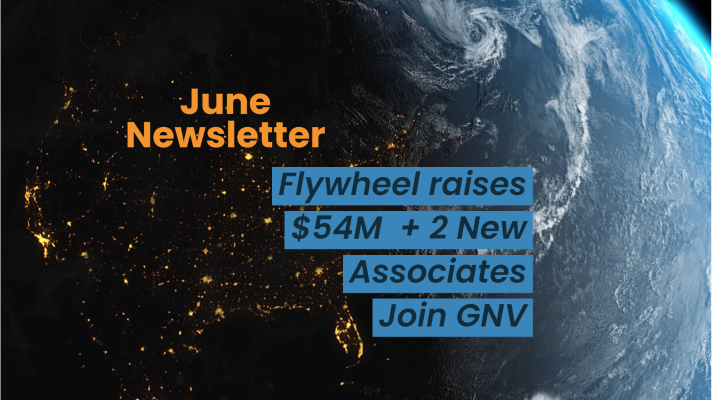
June Newsletter
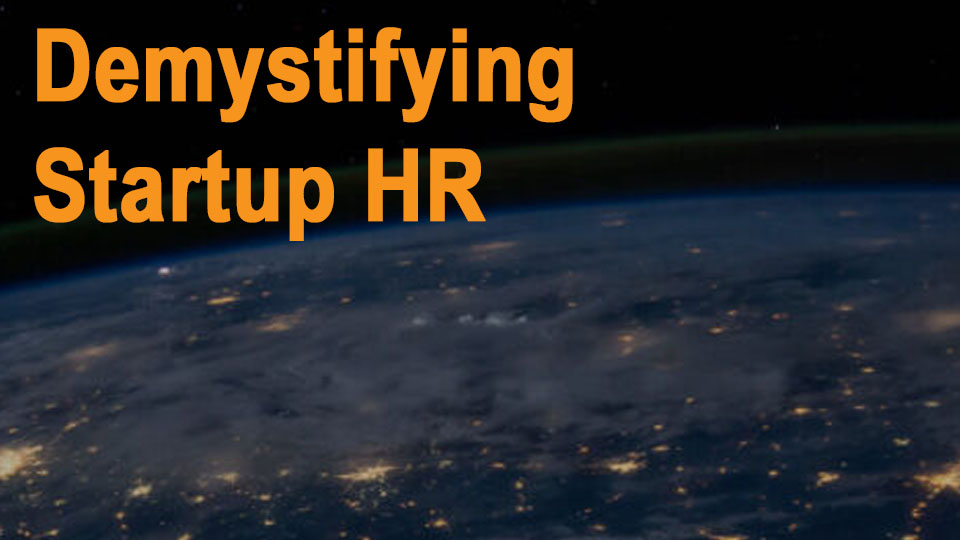
Demystifying Startup HR
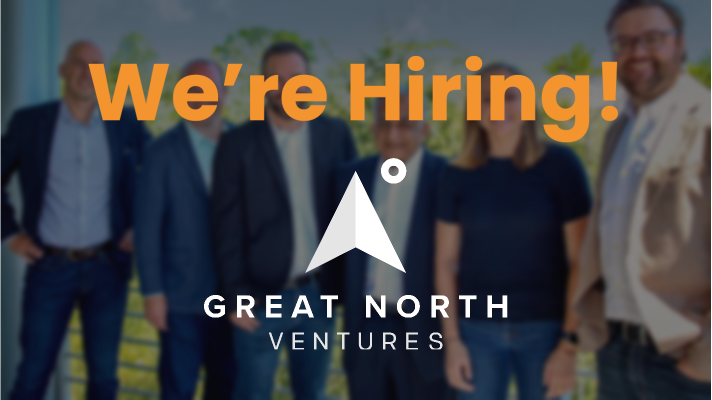
Head of Finance & Fund Administration- Venture Capital Firm (Remote)

Demystifying Startup HR
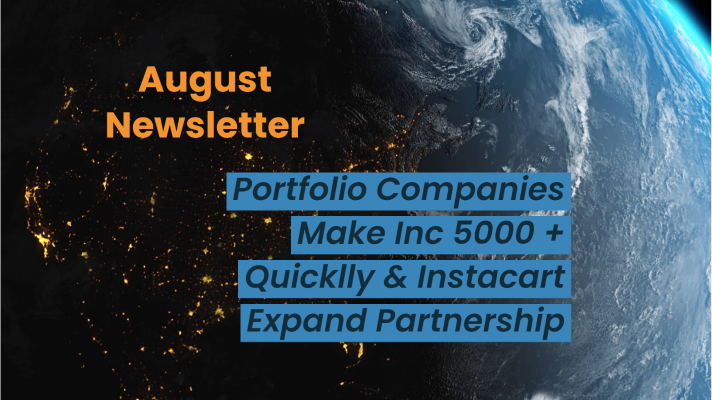
3 Portfolio Companies Make Inc. 5000 + Quicklly & Instacart Expand
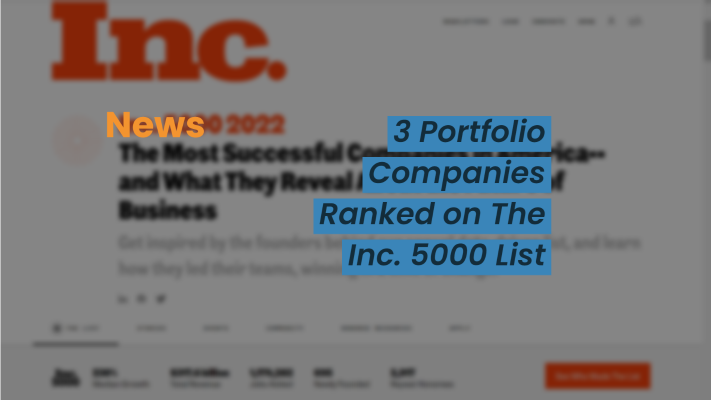
3 Portfolio Companies Ranked on The Inc. 5000 List
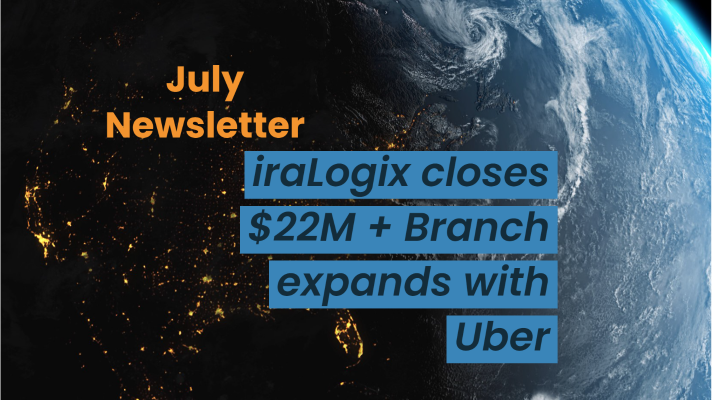
iraLogix closes $22M + Branch expands with Uber
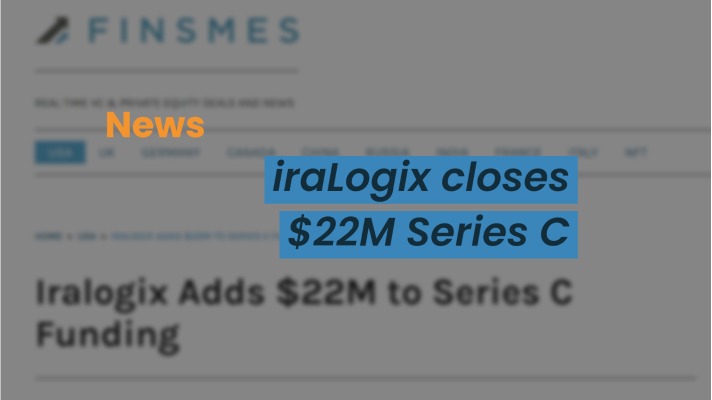
iraLogix closes $22M Series C
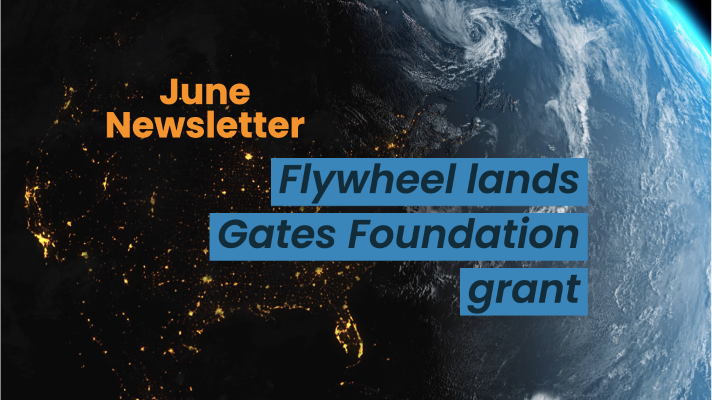
Flywheel lands Gates Foundation grant

Venture Capital Analyst
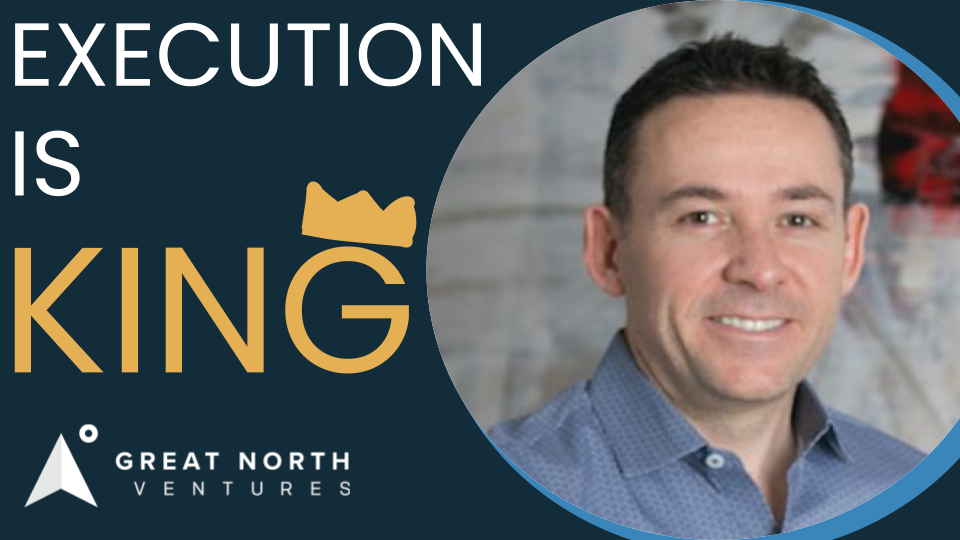
Orazio Buzza, Founder and CEO of Fooda – on Episode 13, “Execution is King”
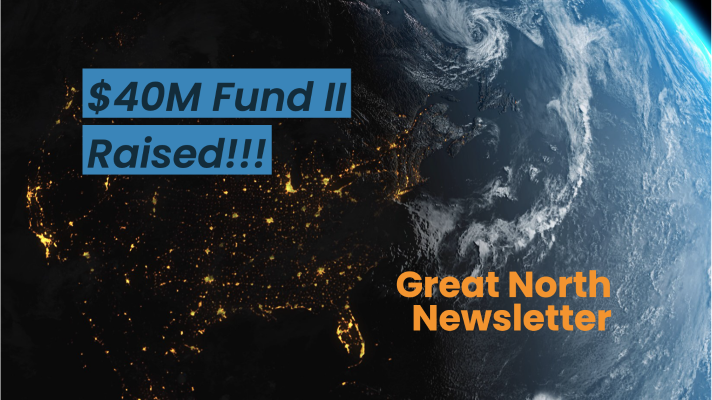
$40M Fund II Raised!
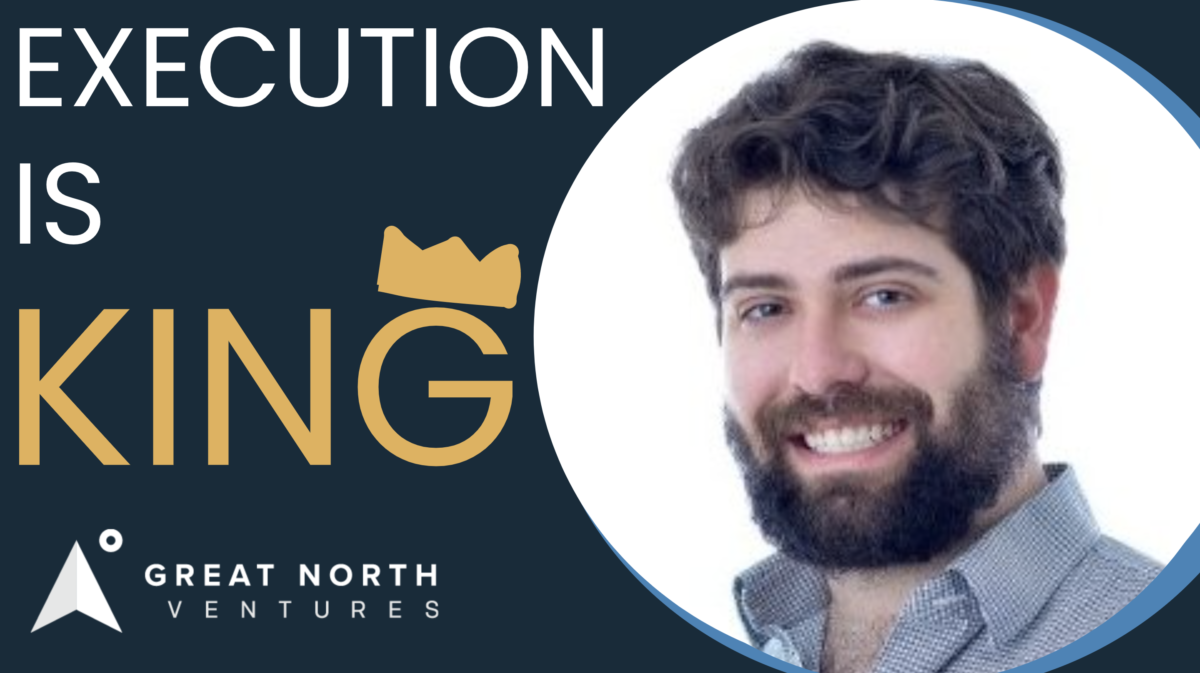
Eric Martell, Founder of Pear Commerce: Episode 13, Execution is King
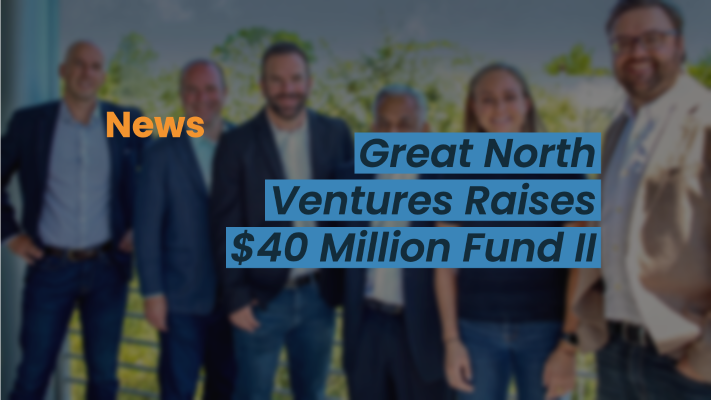
Great North Ventures Raises $40 Million Fund II
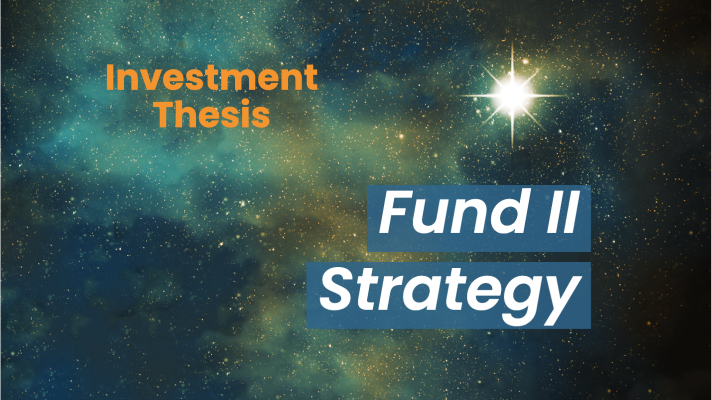
Investment Thesis: Fund II Strategy
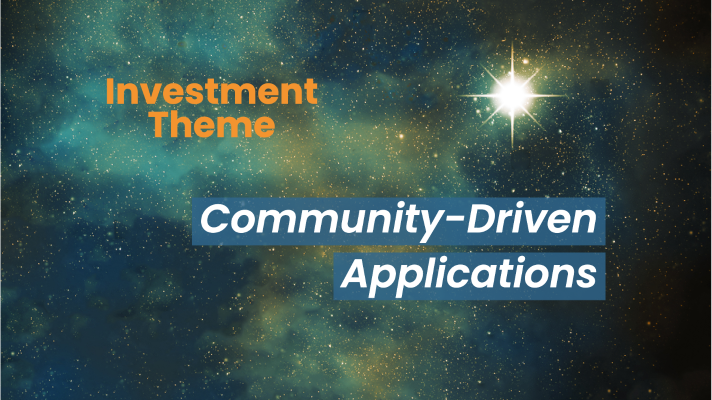
Investment Theme: Community-Driven Applications
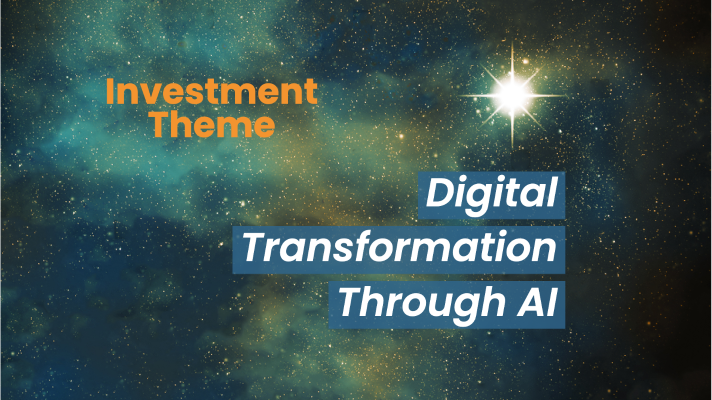
Investment Theme: Digital Transformation Through AI
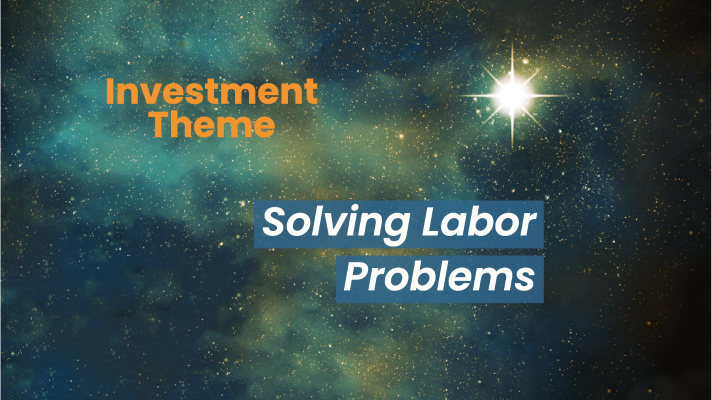
Investment Theme: Solving Labor Problems
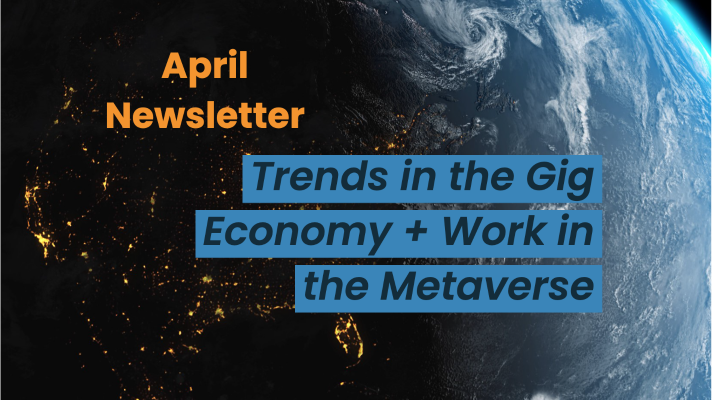
Trends in the Gig Economy + Work in the Metaverse
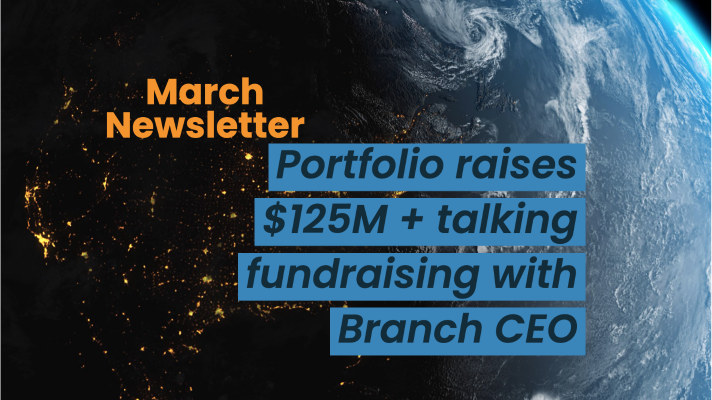
Portfolio raises $125M + talking fundraising with Branch CEO
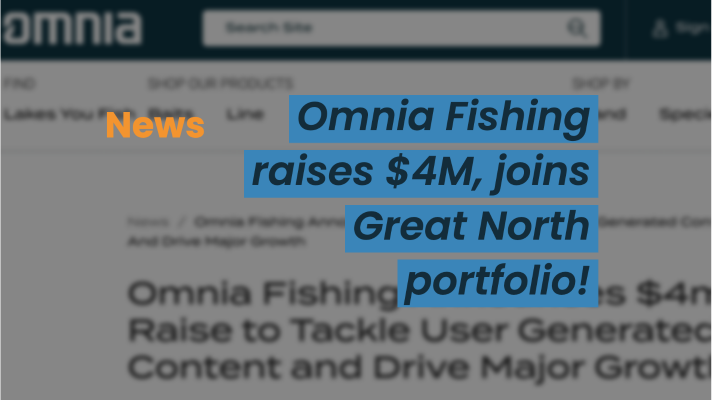
Omnia Fishing closes $4M round, joins Great North portfolio!
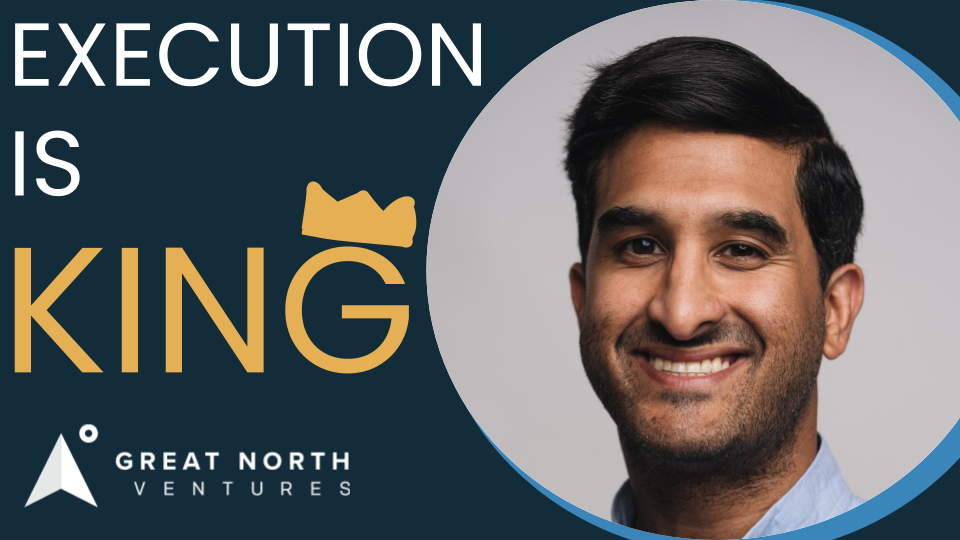
Atif Siddiqi, Founder/CEO of Branch: Episode 11, Execution is King

Michael Martocci, CEO and Founder of SwagUp: Episode 10, Execution is King
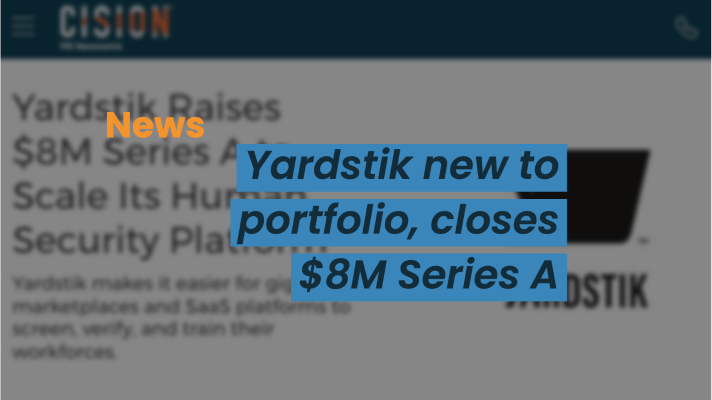
Yardstik new to portfolio, closes $8M Series A
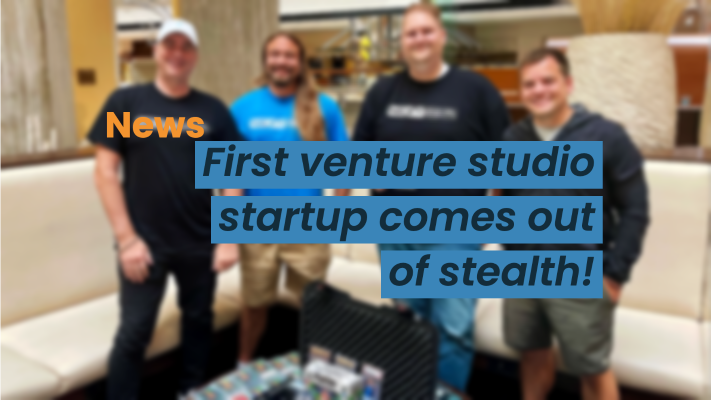
First venture studio startup comes out of stealth!
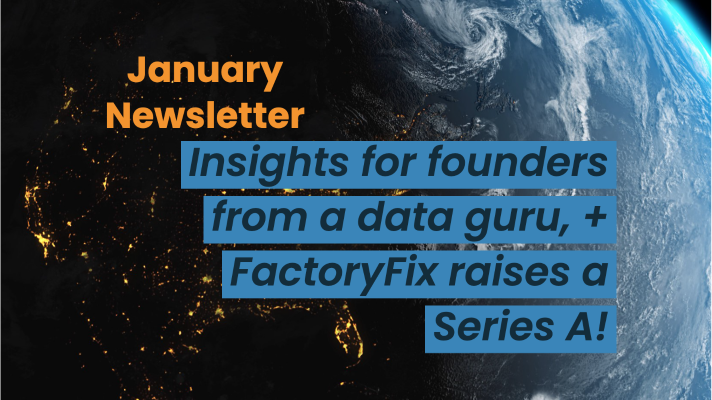
Insights for founders from a data guru, + FactoryFix raises a Series A!
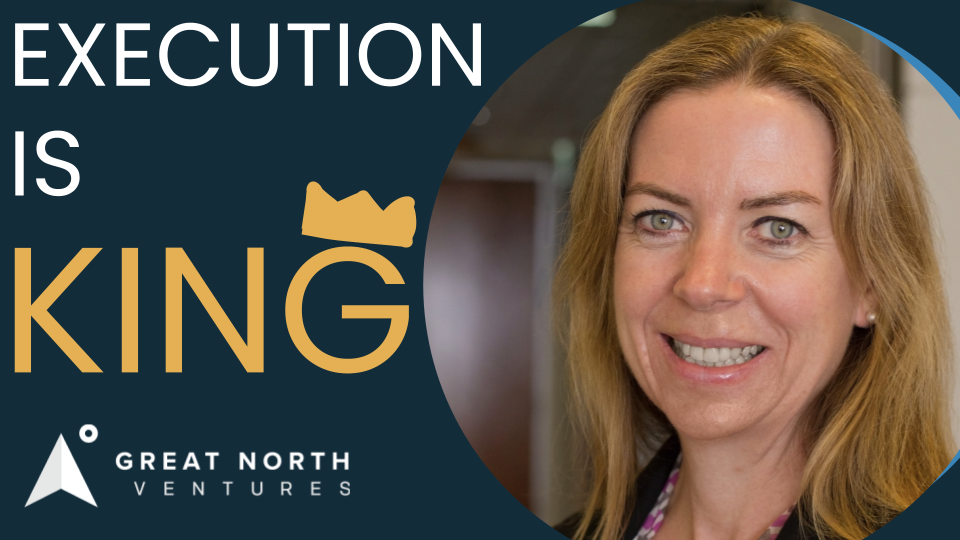
Una Fox: Episode 9, Execution is King

Start With a Mobile App, Not a Website
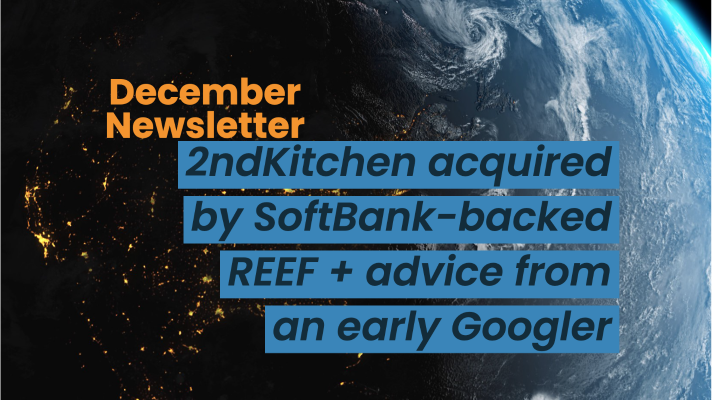
2ndKitchen acquired by SoftBank-backed REEF + advice from an early Googler
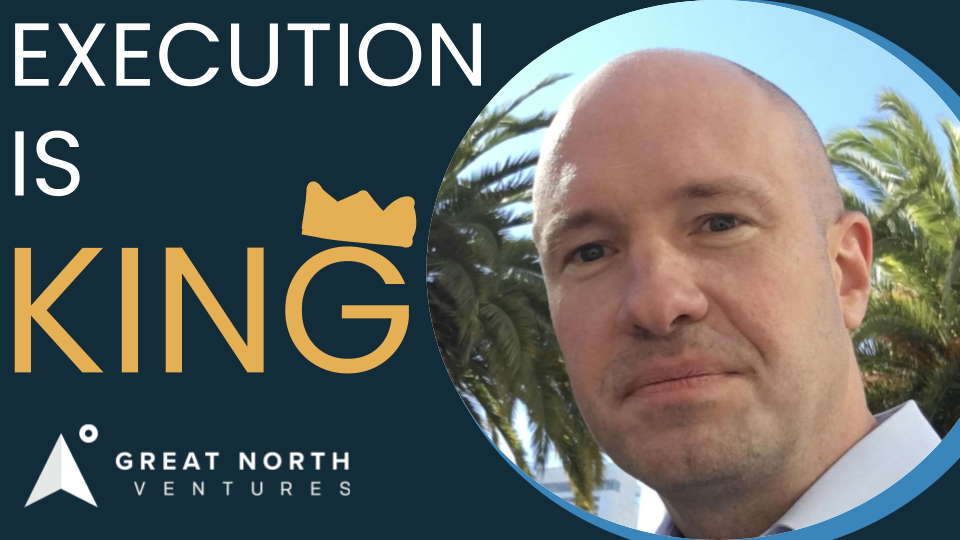
Joe Sriver, 4giving: Episode 8, Execution is King
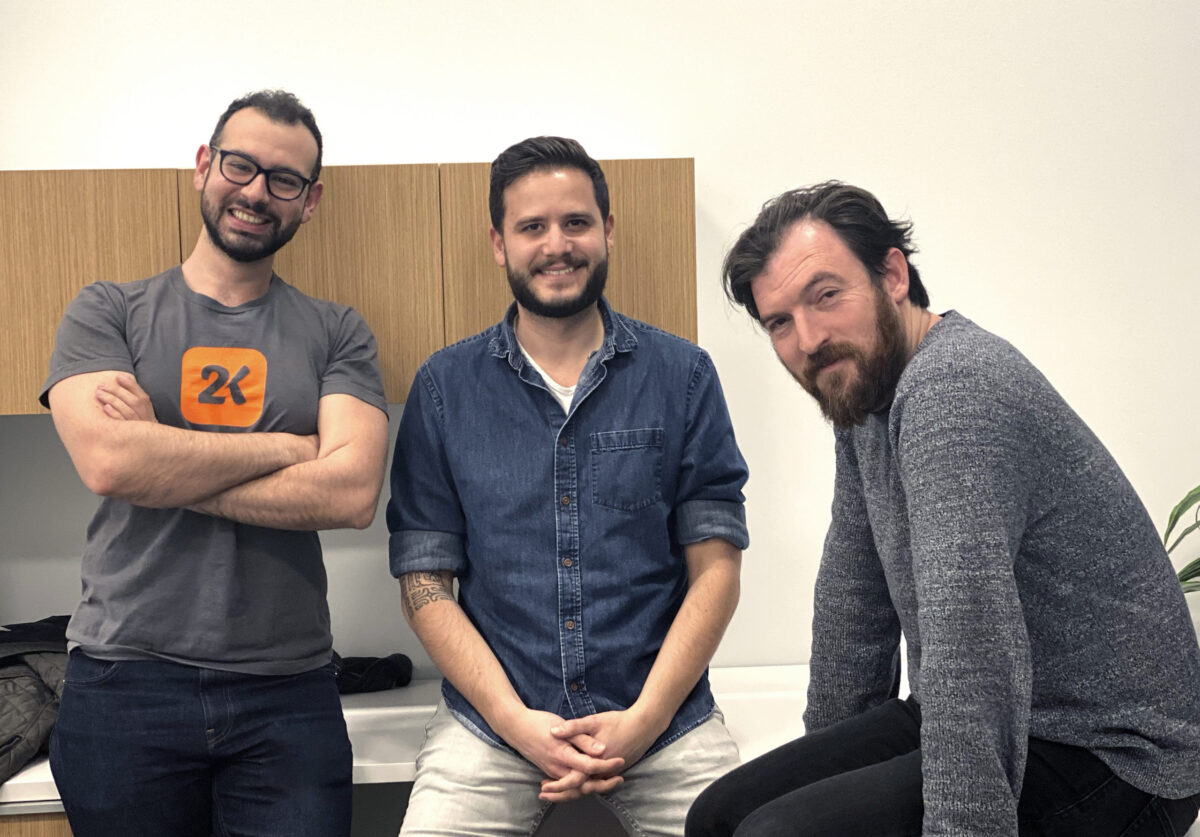
2ndKitchen Acquired by REEF
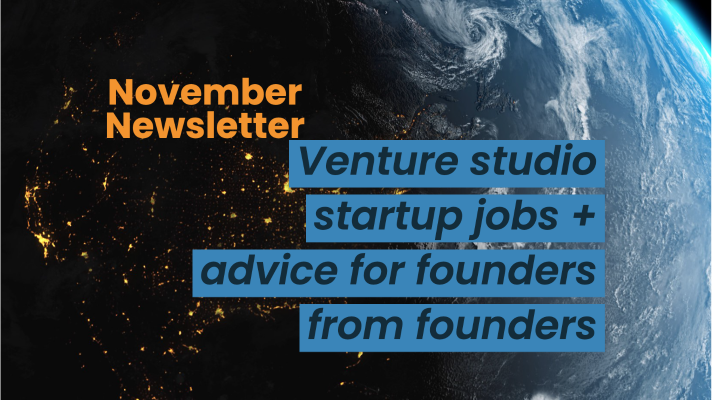
Venture studio startup jobs + advice for founders from founders
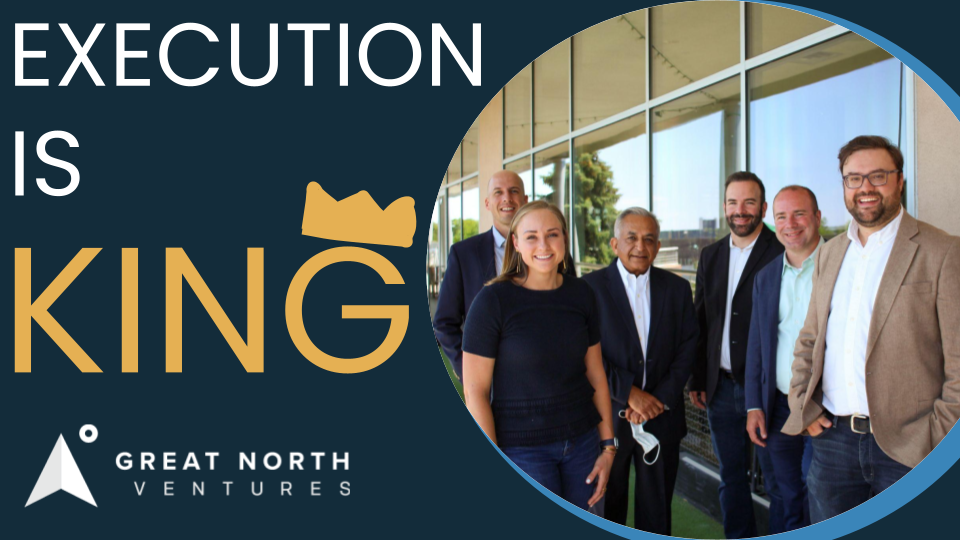
Best Advice from the Great North Annual Event: Episode 7, Execution is King
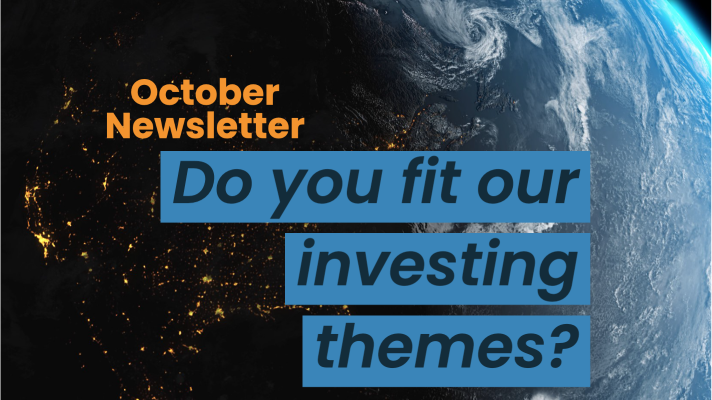
Newsletter: Do you fit our investing themes?
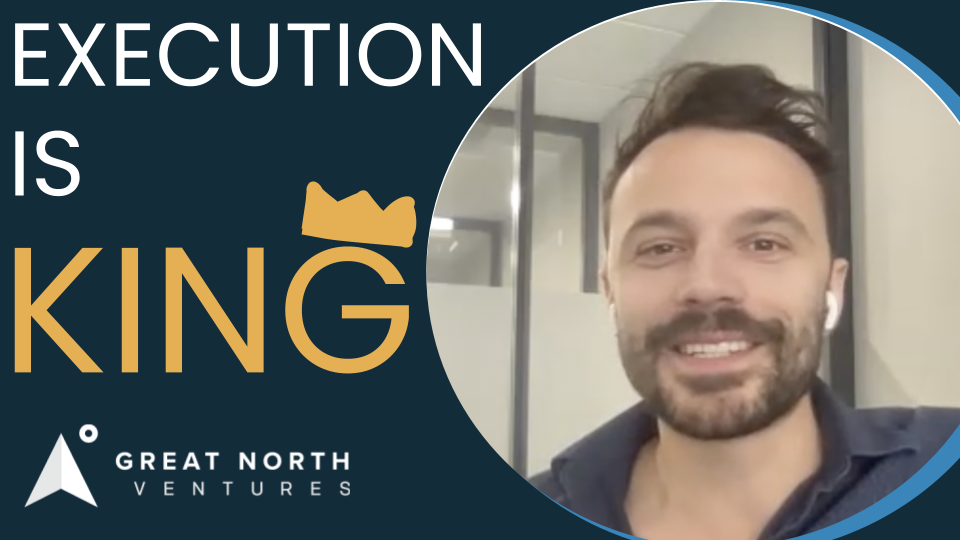
Jonathan Treble, PrintWithMe: Episode 6, Execution is King
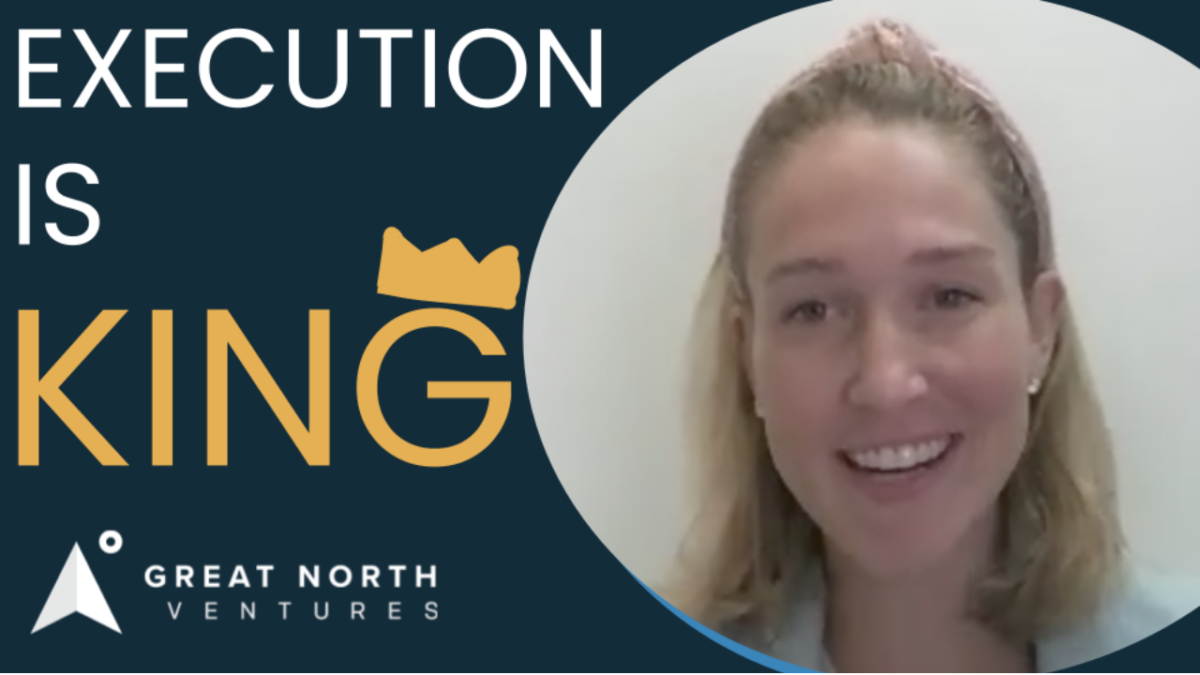
Anna Mason, Revolution: Episode 5, Execution is King
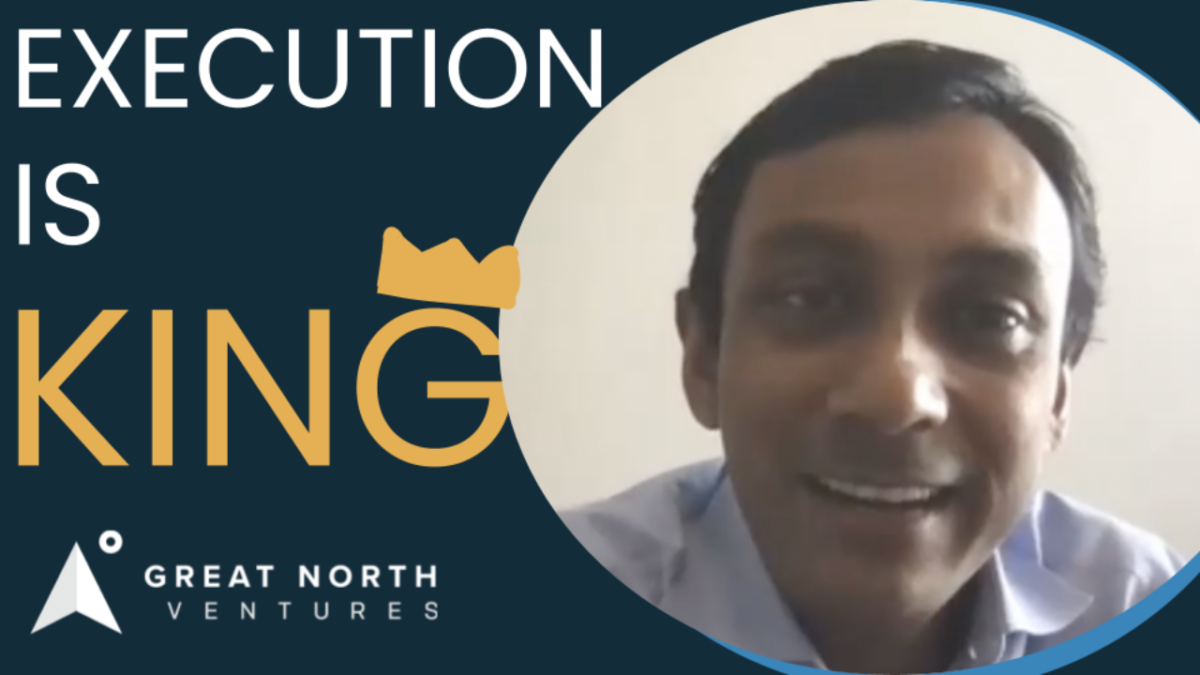
Mynul Khan, FieldNation: Episode 4, Execution is King
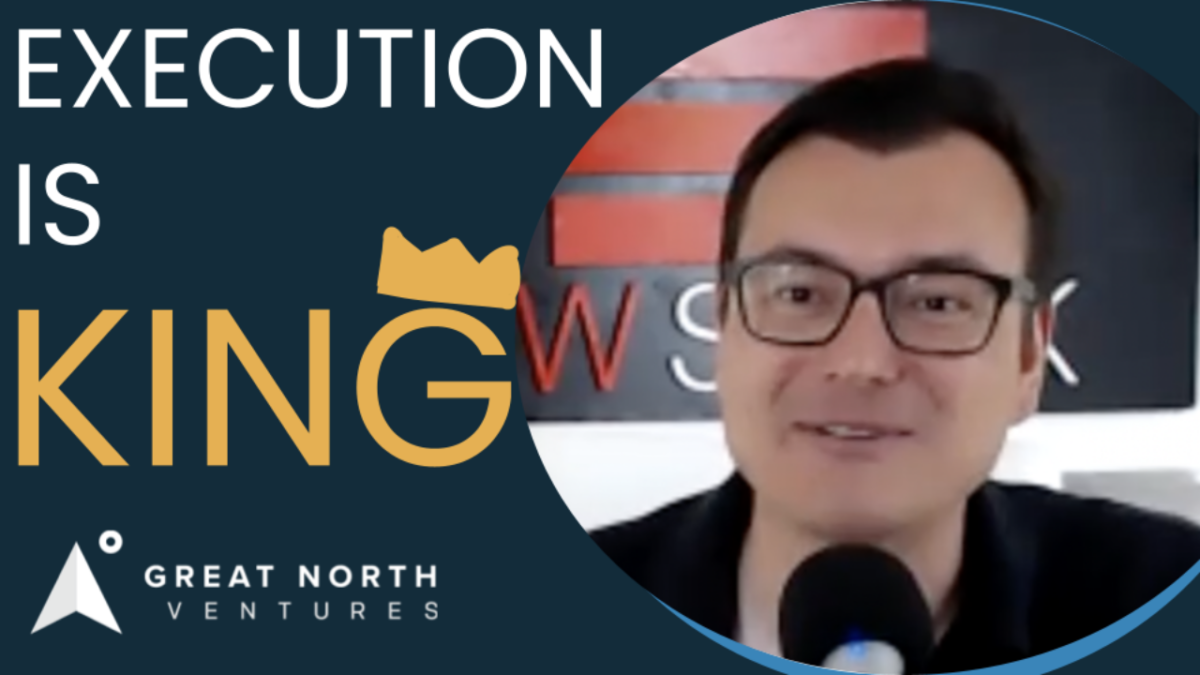
Nick Moran, New Stack Ventures: Episode 3, Execution is King
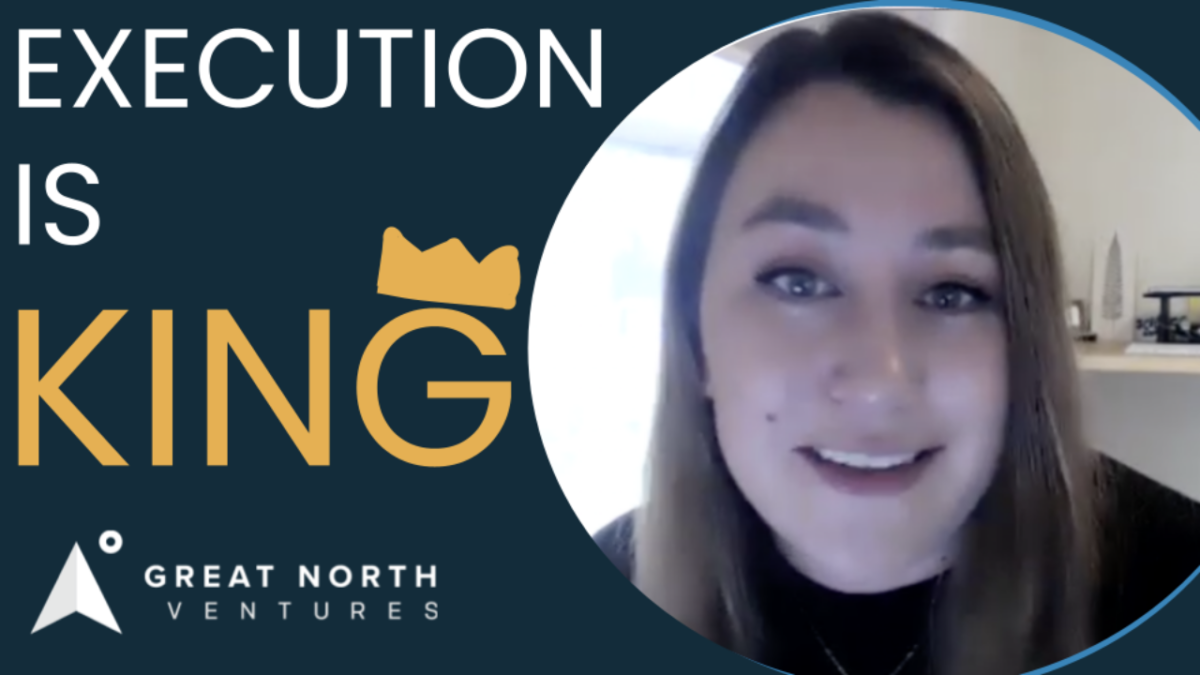
Molly Pyle, Center on Rural Innovation (CORI): Episode 2, Execution is King
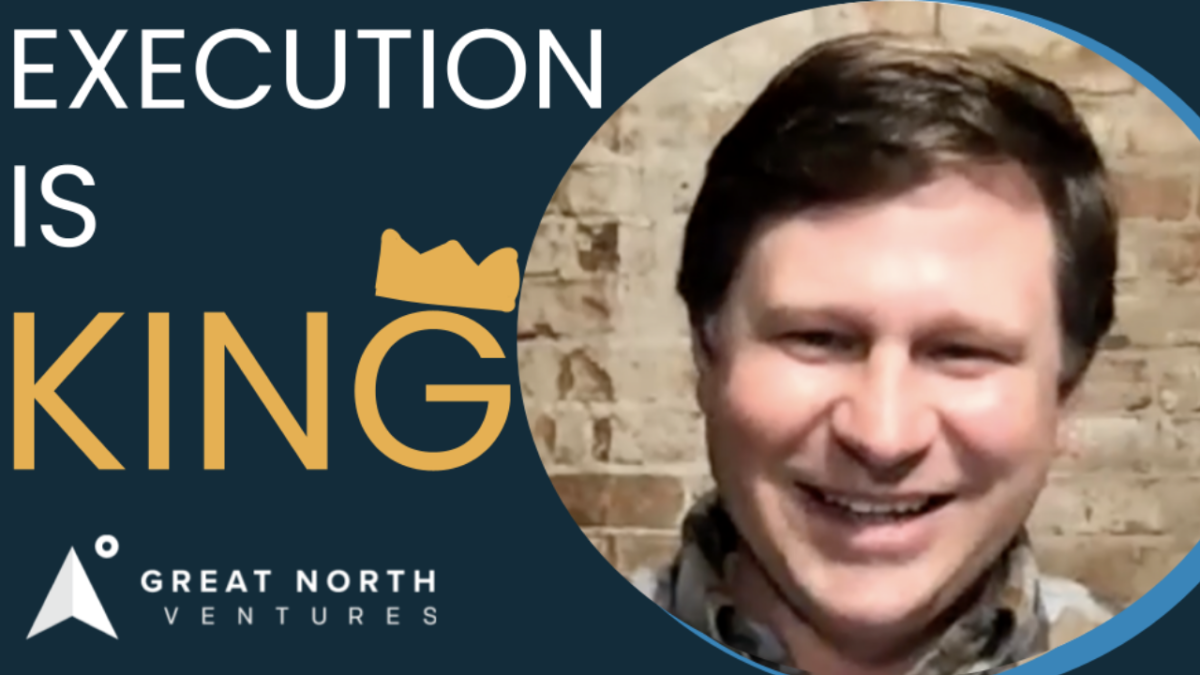
Justin Kaufenberg, Rally Ventures: Execution is King Episode 1
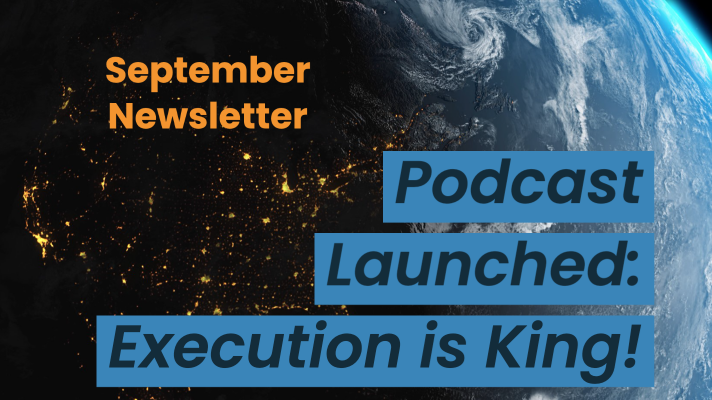
Newsletter: “Podcast Launched: Execution is King!”
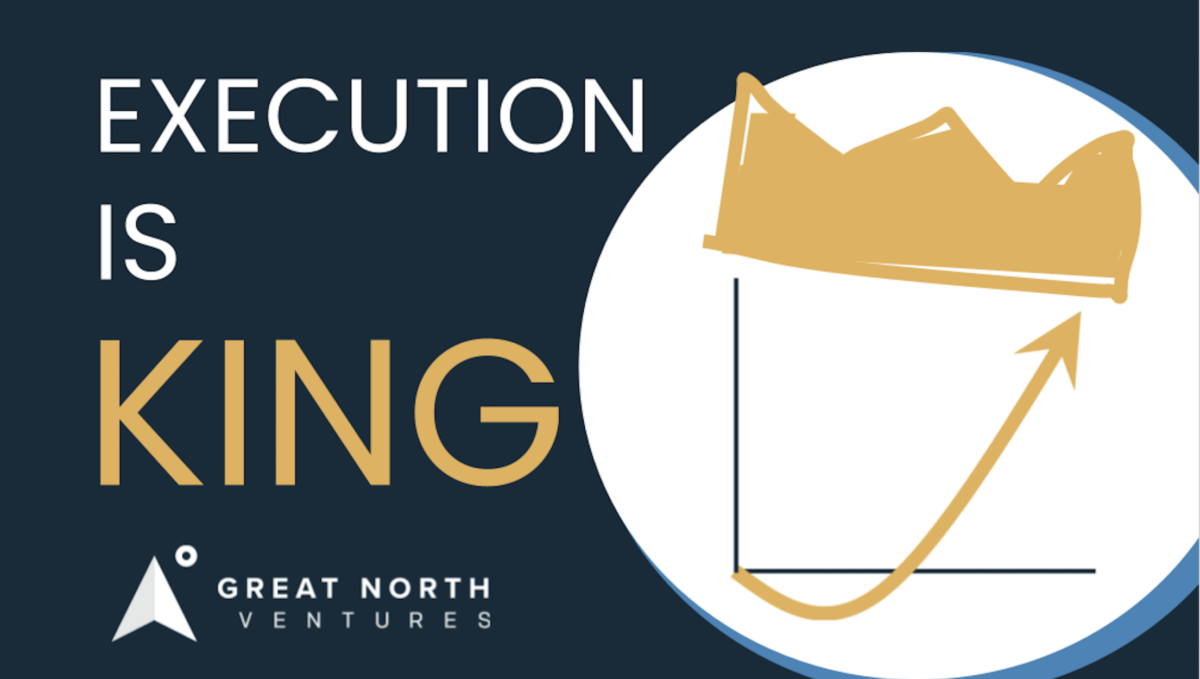
“Execution is King” – the Great North Ventures Podcast
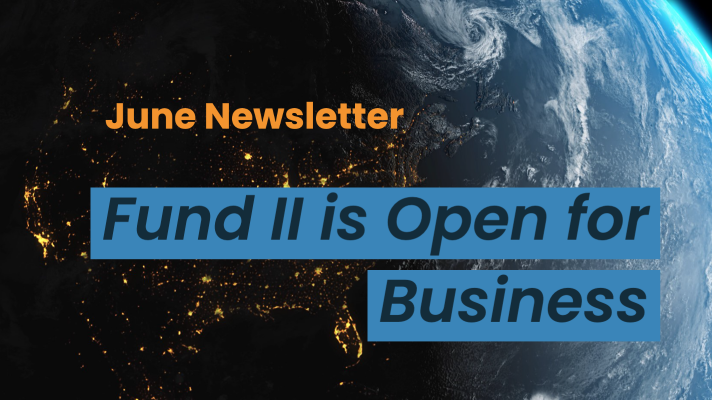
Newsletter: Fund II is open for business!
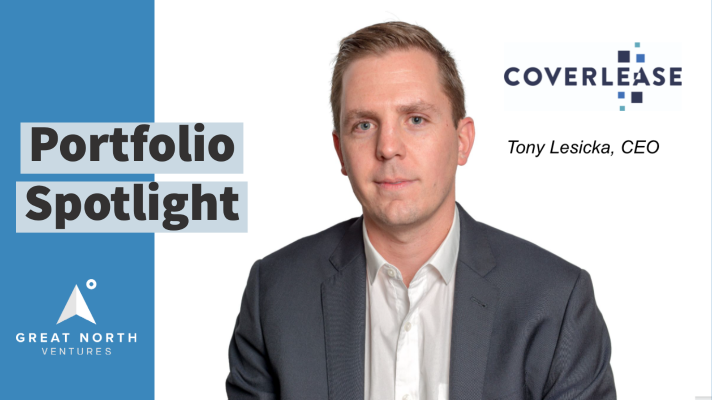
Unlocking the Potential of Anonymized Commercial Real Estate (CRE) Data
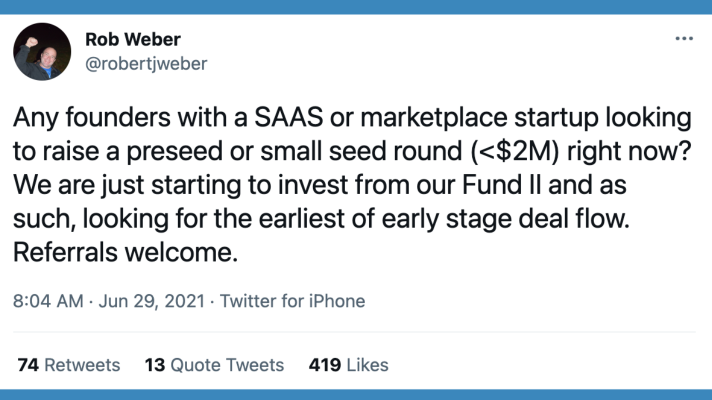
Fund II is open for Business!
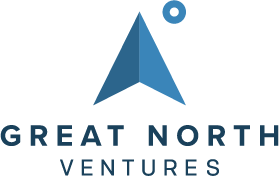
Mike Schulte Promoted to Venture Partner
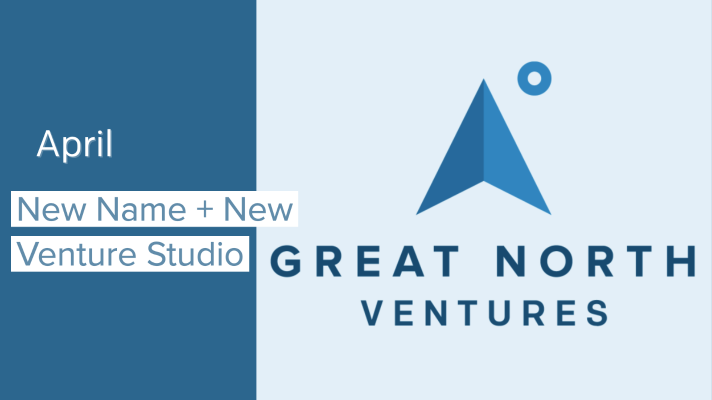
New Name + New Venture Studio
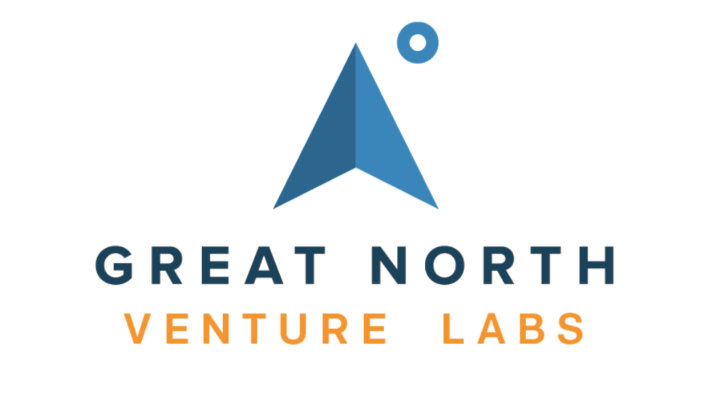
Great North Launches Startup Studio
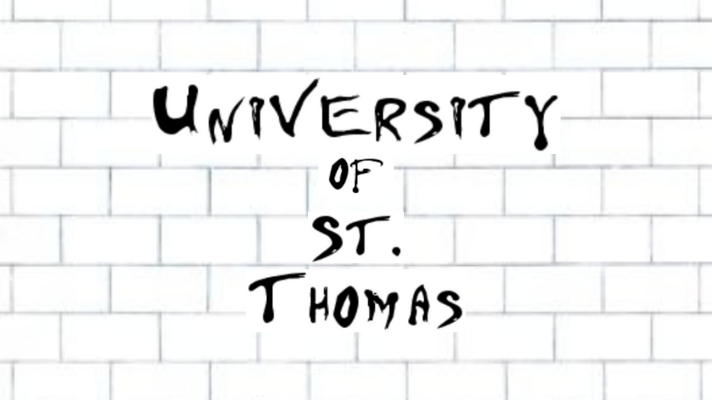
We Don’t Need No [full-time MBA] Education
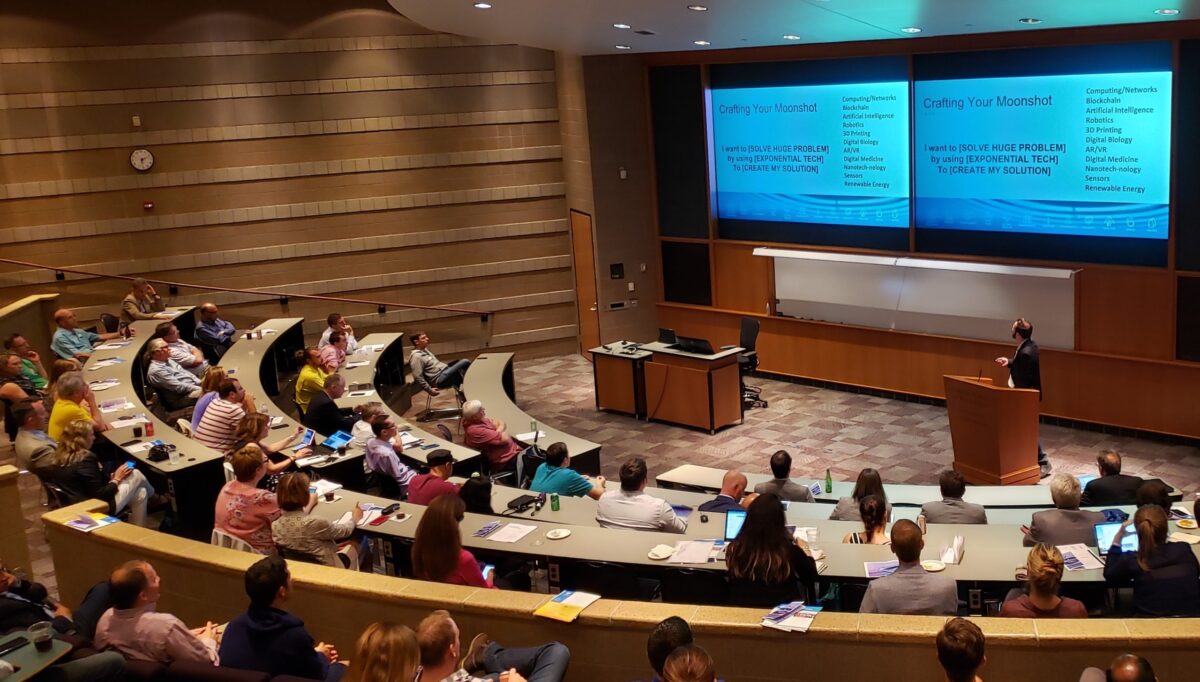
How the University of Minnesota is Embracing Startup Culture

Top Stories of 2020, iraLogix, and LaunchMN Calls for Mentors
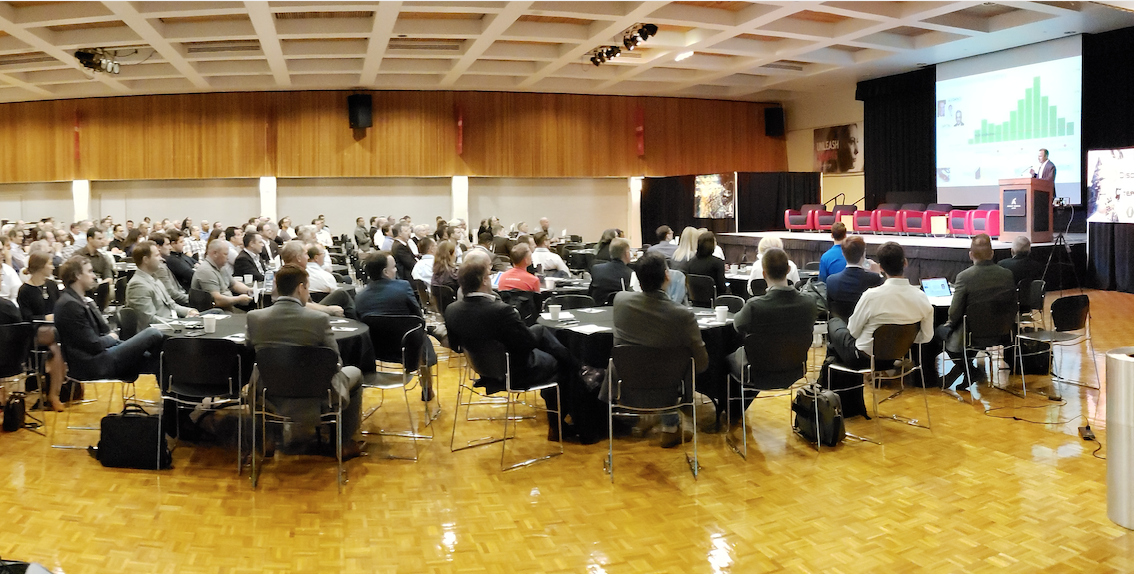
Building Capacity for Innovation
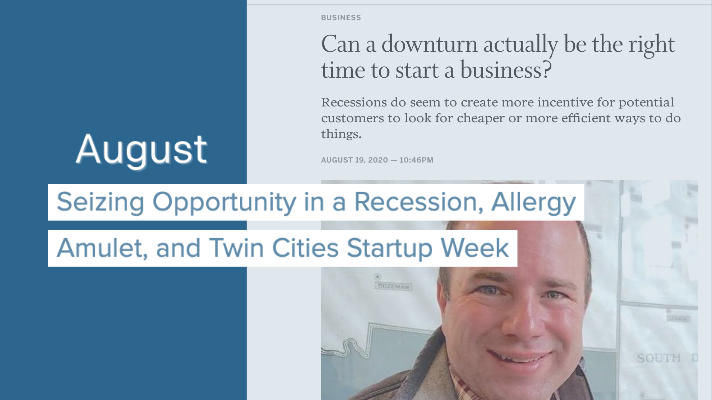
Seizing Opportunity in a Recession, Allergy Amulet, and Twin Cities Startup Week
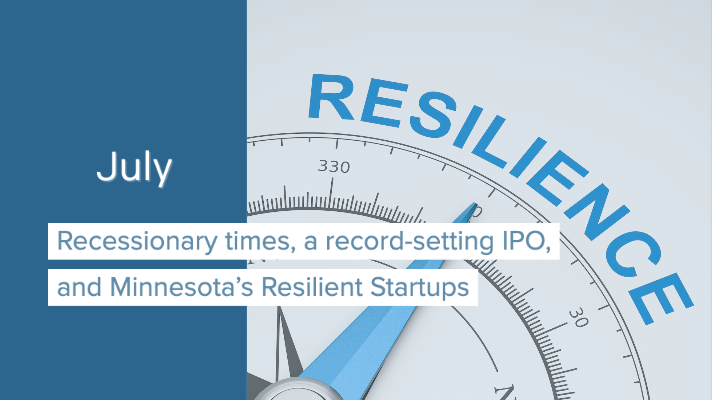
Recessionary times, a record-setting IPO, and Minnesota’s Resilient Startups
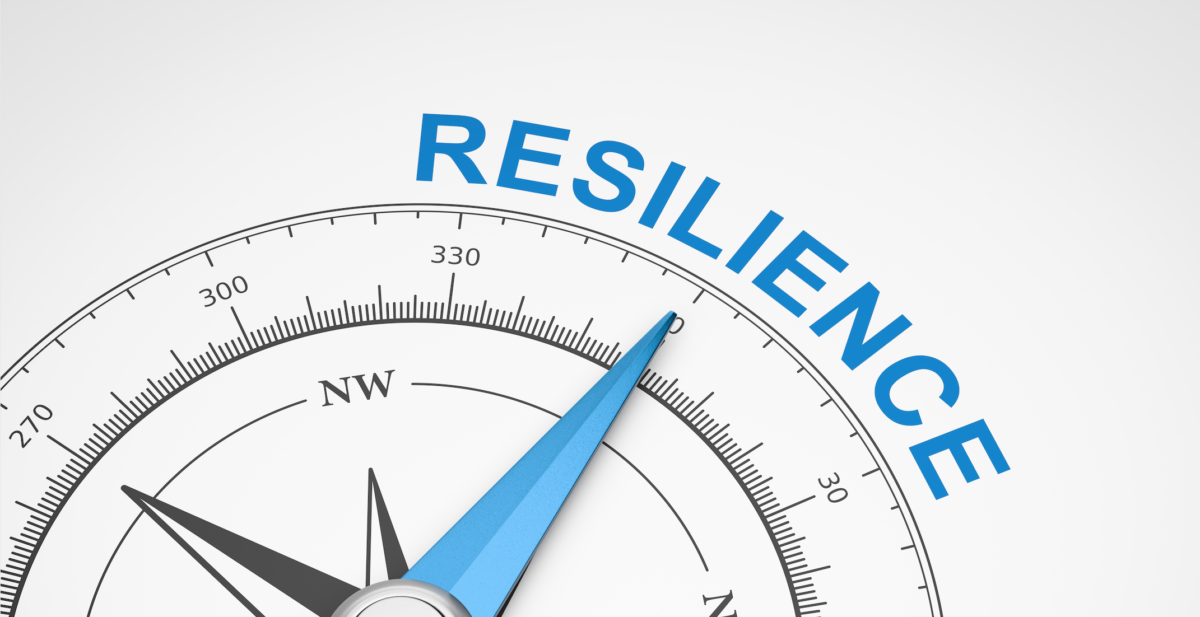
Minnesota's Resilient Startups

July 4th, Equitable American Dream-ing, and Robots Diagnosing COVID
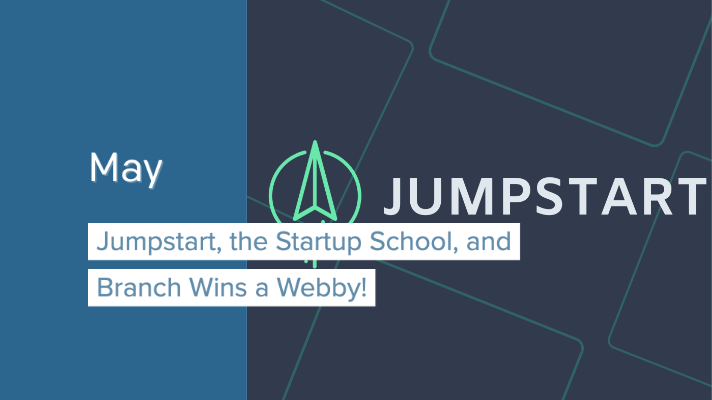
Jumpstart, the Startup School, and Branch Wins a Webby!
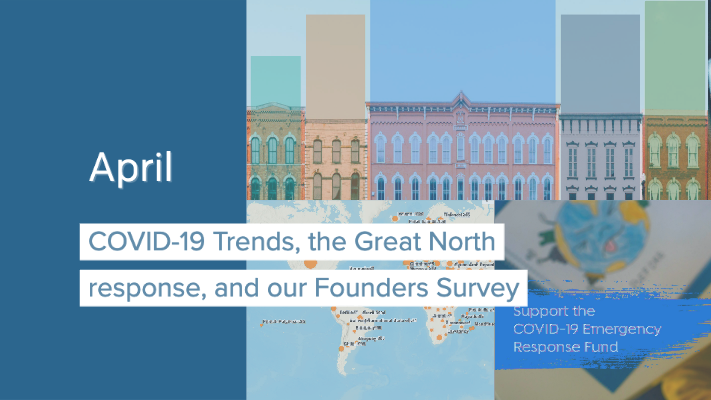
COVID-19 Trends, the Great North response, and our Founders Survey
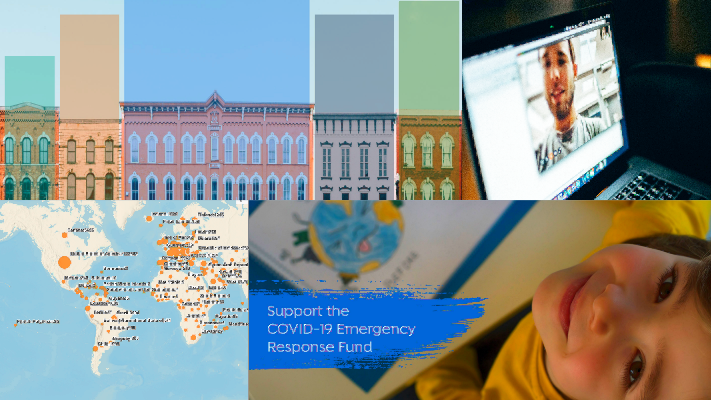
Giving in the Time of Coronavirus

COVID-19 Resources for Startups, State-by-State
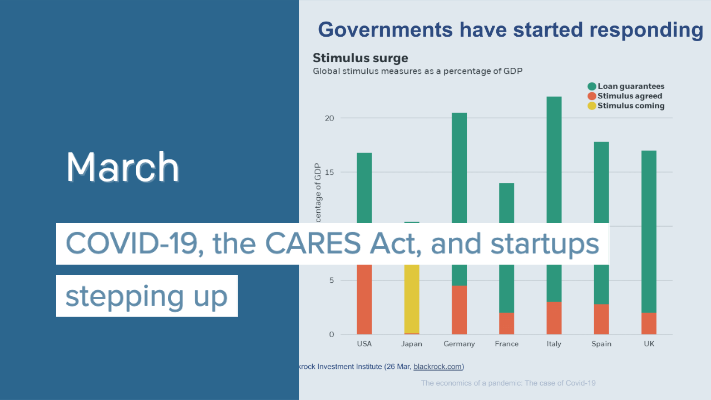
COVID-19, the CARES Act, and startups stepping up
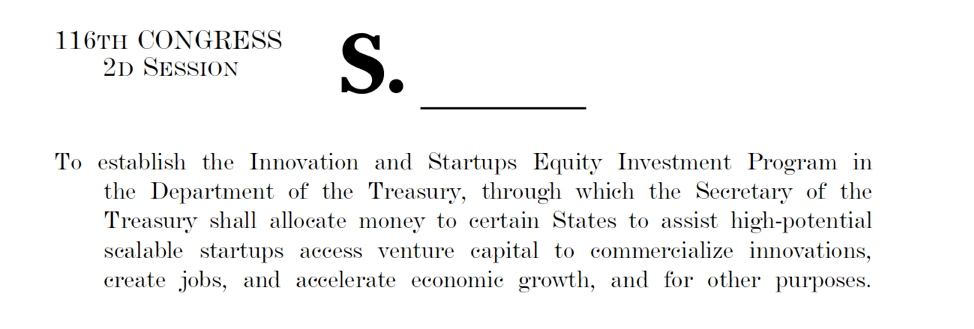
New Business Preservation Act
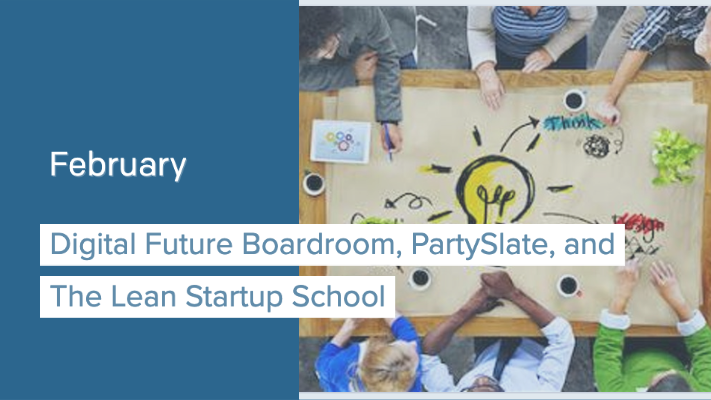
Digital Future Boardroom, PartySlate, and The Lean Startup School
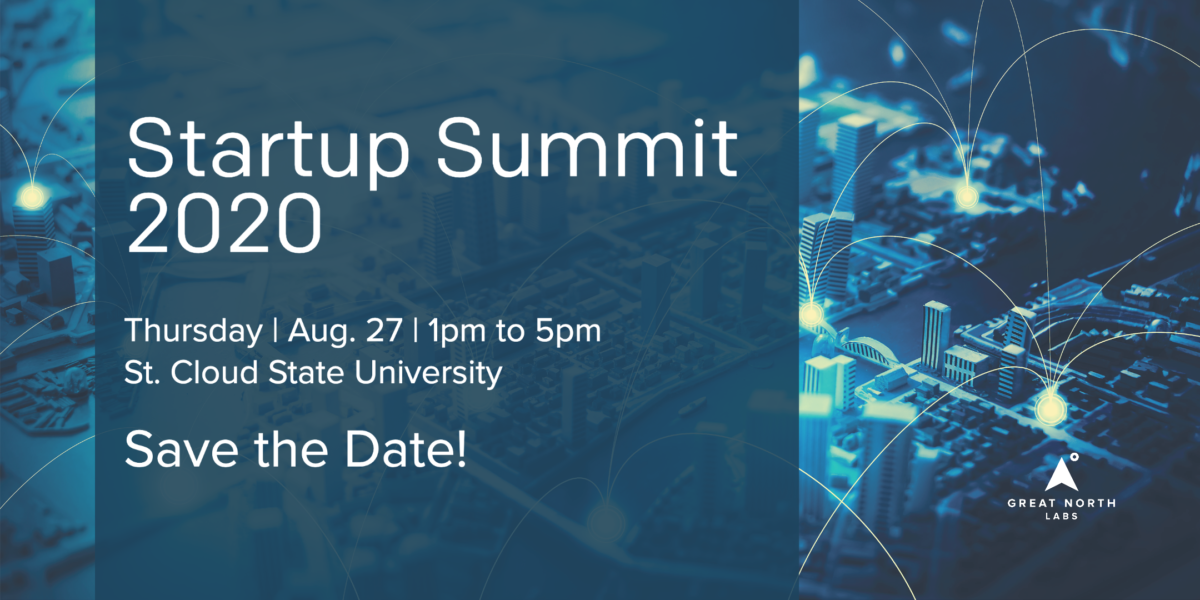
Great North Labs’s Startup Summit 2020

Great North Labs's Startup Summit 2020

World Economic Forum, NoiseAware, and the Startup School reboot
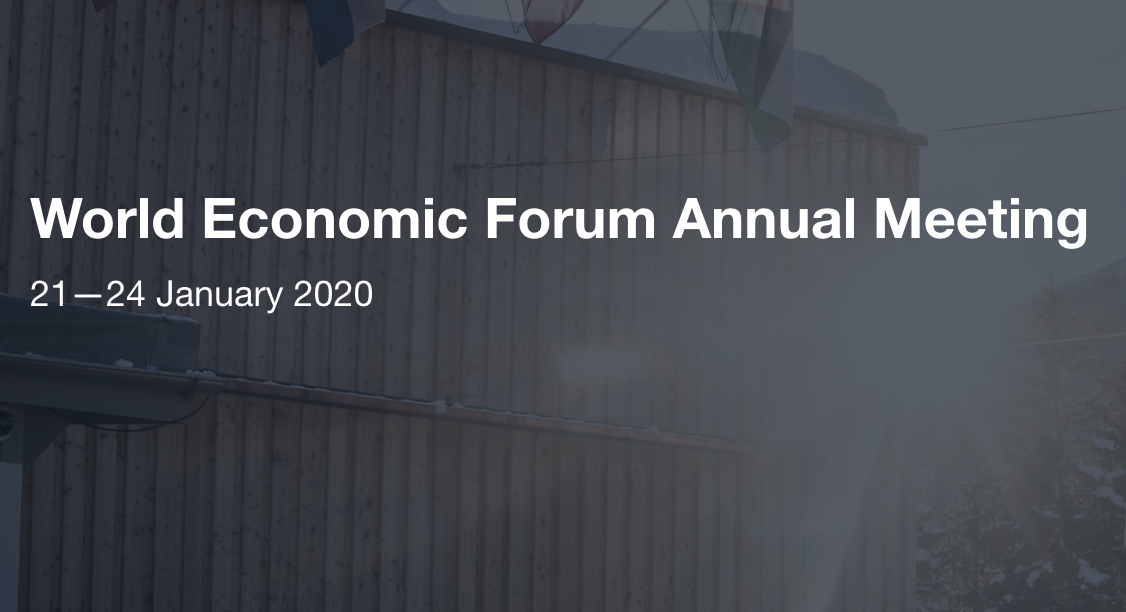
Great North Labs at the World Economic Forum 2020 in Davos
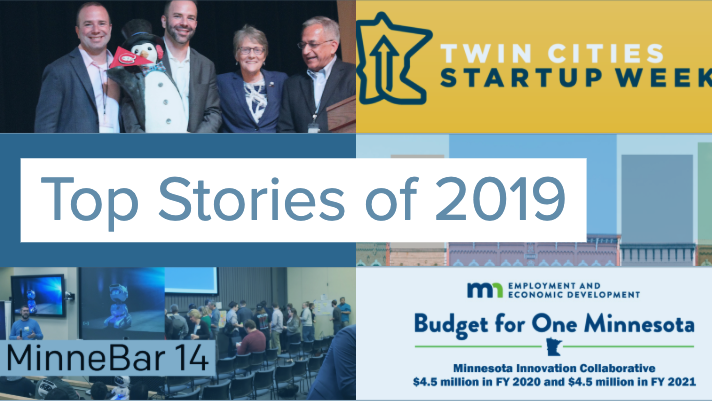
Top 5 Stories of 2019
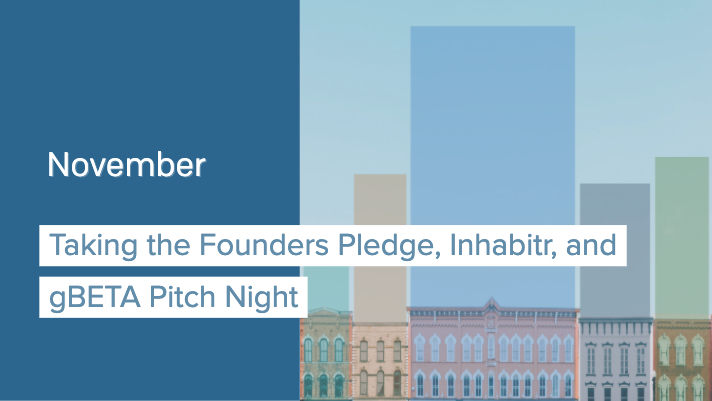
Taking the Founders Pledge, Inhabitr, and gBETA Pitch Night

Founders Pledge: Support the Organizations that Support You
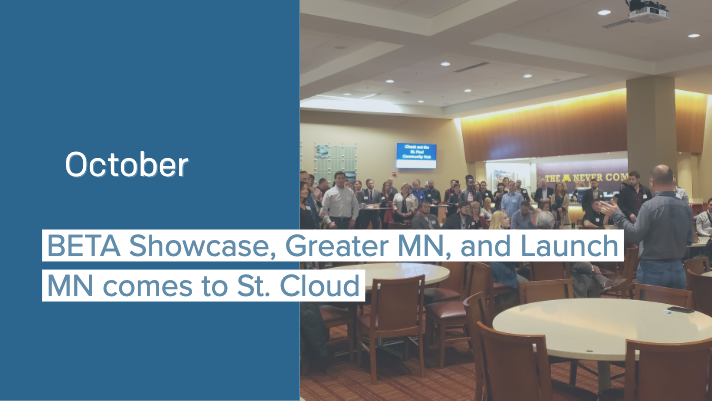
BETA Showcase, Greater MN, and Launch MN comes to St. Cloud
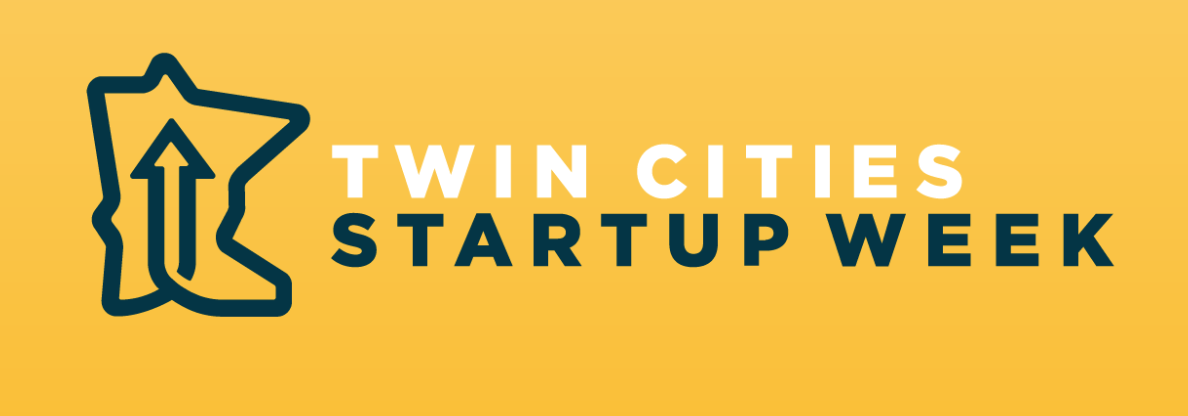
7 Places to Spot Us at Startup Week
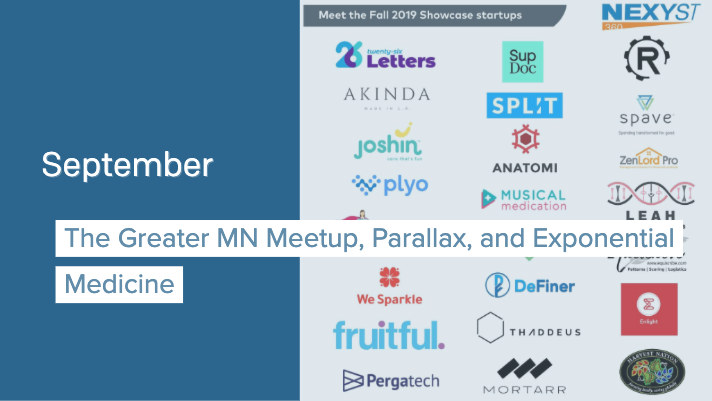
The Greater MN Meetup, Parallax, and Exponential Medicine
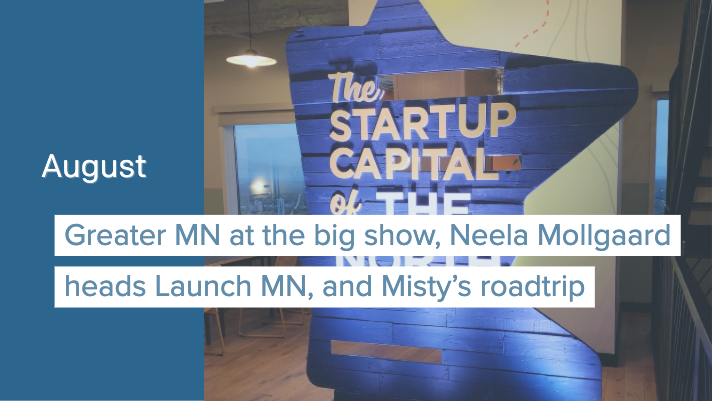
Greater MN at the big show, Neela Mollgaard heads Launch MN, and Misty’s roadtrip.

Talking VC, tech kids, and Forge North’s Horizon
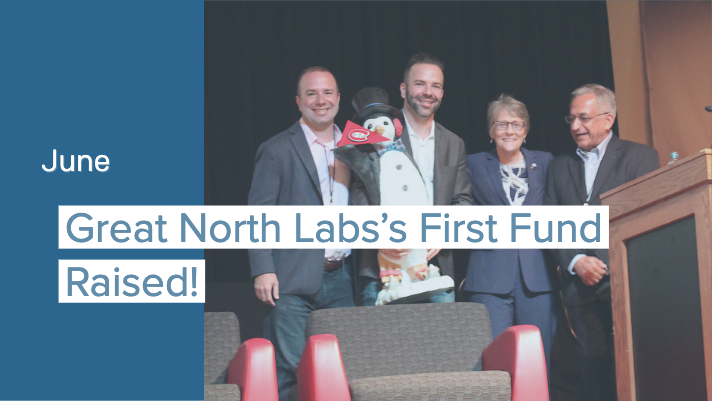
June: Great North Labs’s first fund raised!
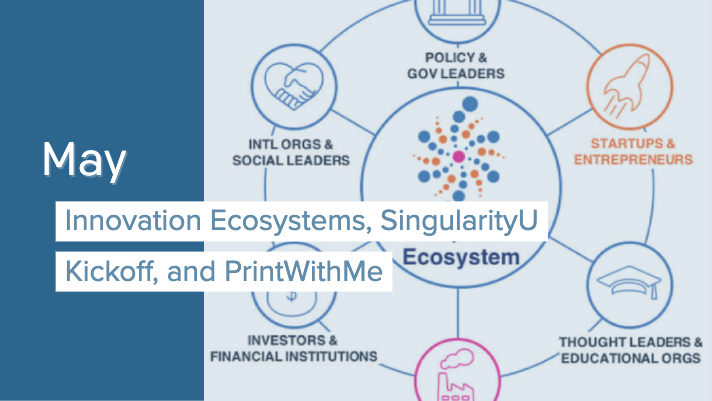
May: Innovation Ecosystems, SingularityU Kickoff, and PrintWithMe
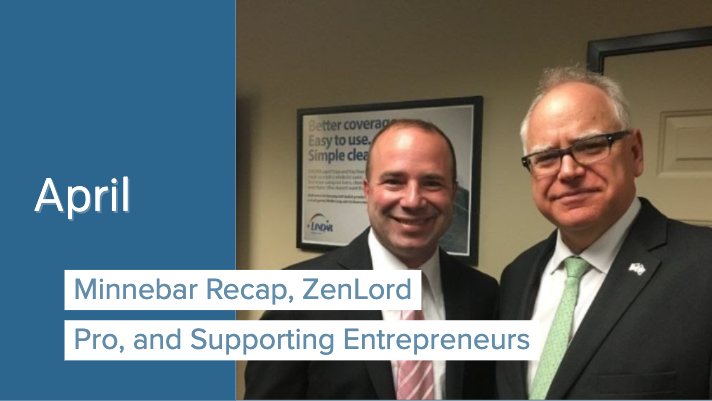
April: Minnebar Recap, ZenLord Pro, and Supporting Entrepreneurs
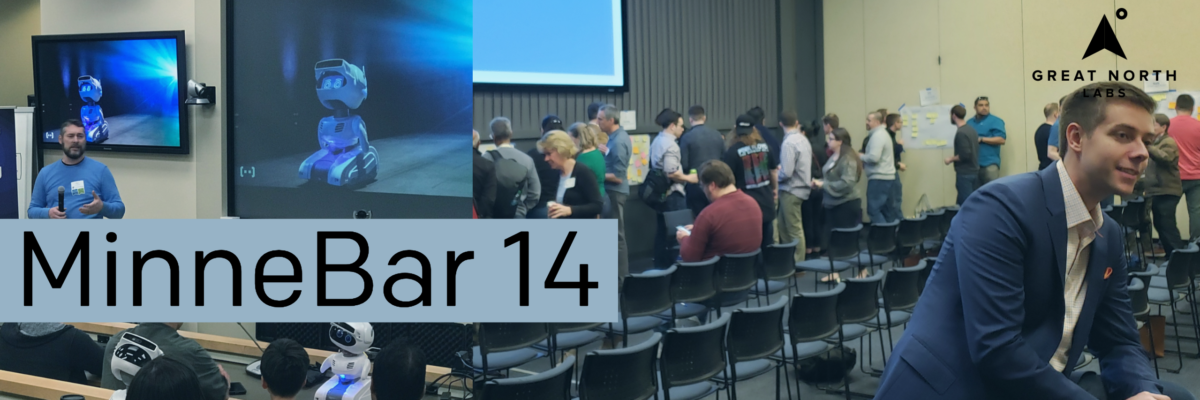
MinneBar 14 Recap

Dispatch and 2ndKitchen claim Tech Madness titles
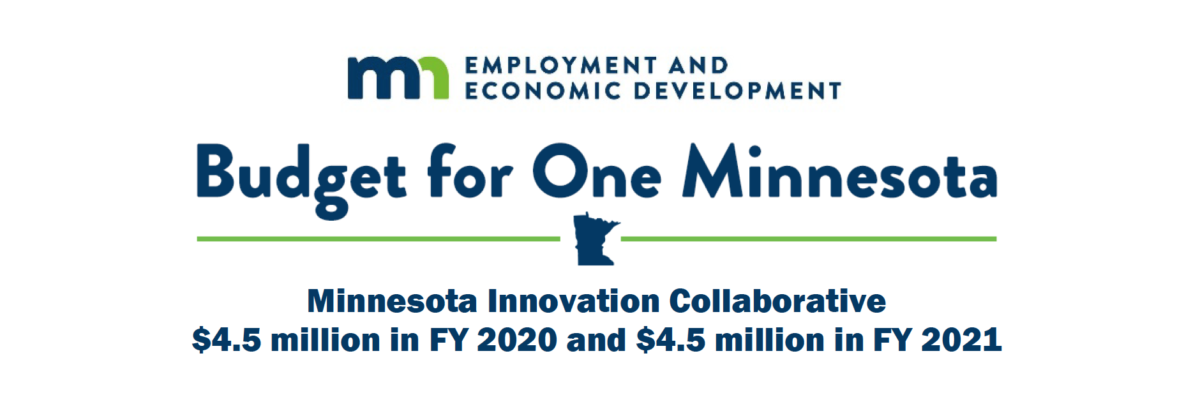
Minnesota Innovation Collaborative

March: Minnebar, Hockey + Hustlers, and Innovation Workshops

Great North Labs at CES

Dec.-Jan.: Top Posts from 2018, pepr, Glowe, and Misty Robotics

Carried Interest: Top Posts from 2018
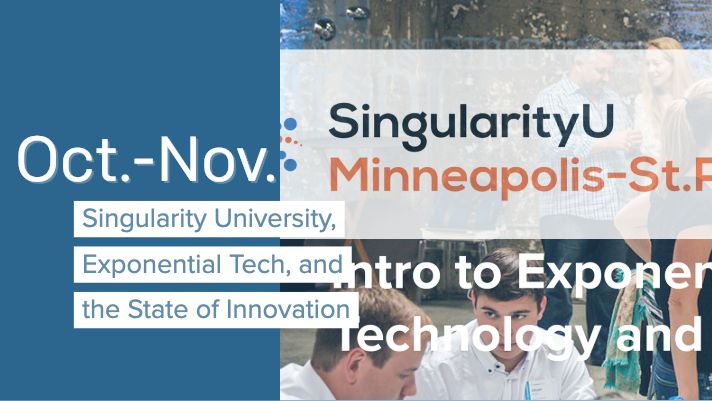
Oct.-Nov.: Singularity University, Exponential Tech, and the State of Innovation
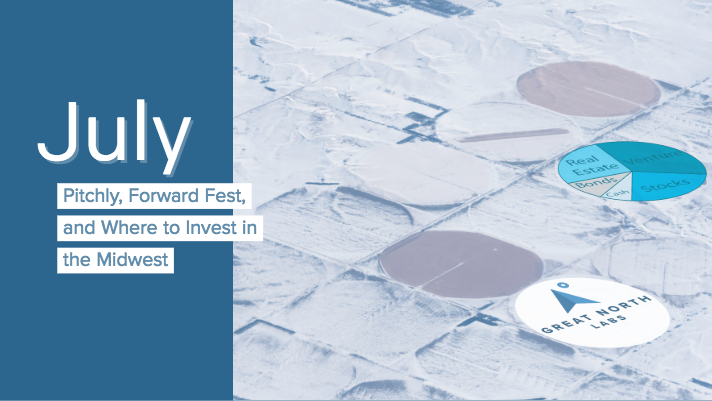
July: Pitchly, ForwardFest, and Where to Invest in the Midwest

Digital Transformation Summit, July 25th in Minneapolis
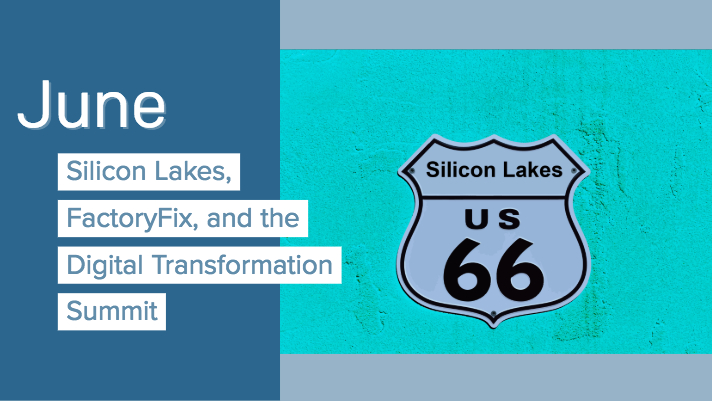
June: Silicon Lakes, FactoryFix, and the Digital Transformation Summit

Putting the “Silicon” in Silicon Lakes
Digital Manufacturing and Logistics
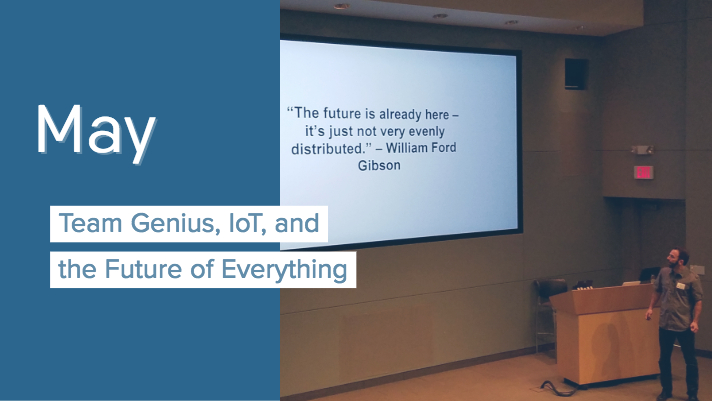
May: Team Genius, IoT, and the Future of Everything
IoT 3.0

Healthcare Innovation
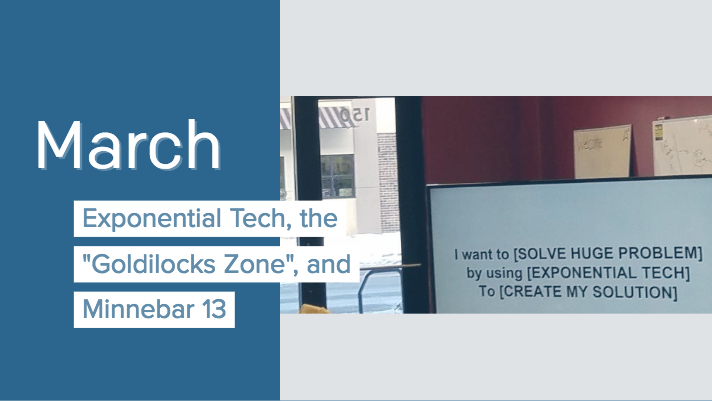
March: Exponential Tech, the “Goldilocks Zone”, and Minnebar 13
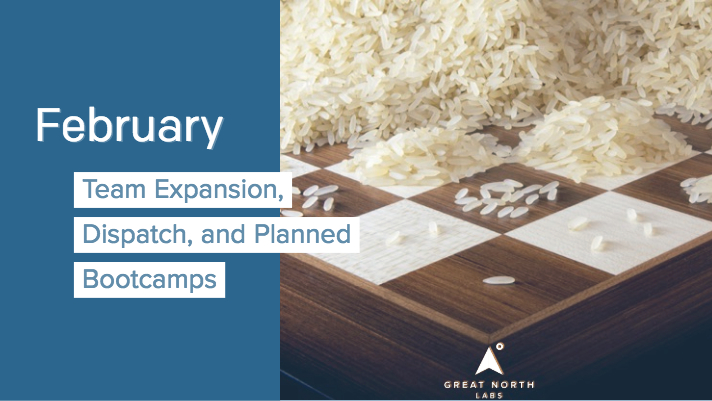
February: Team Expansion, Dispatch, and Startup School Events
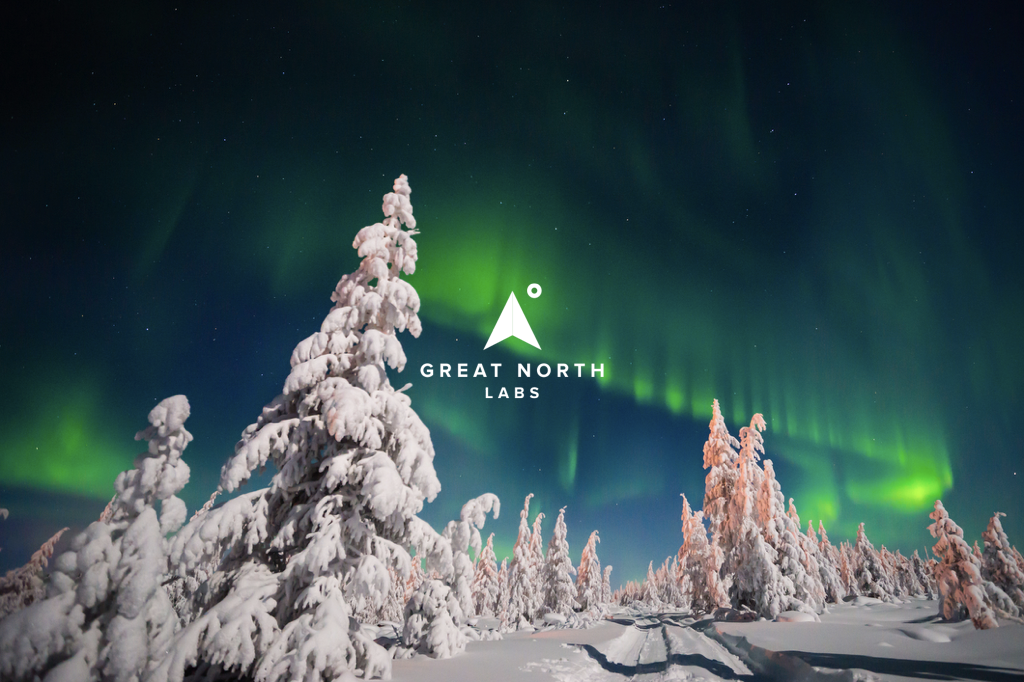
Great North Labs Newsletter – December 2017

A Letter To My Younger Self

Great North Labs Newsletter
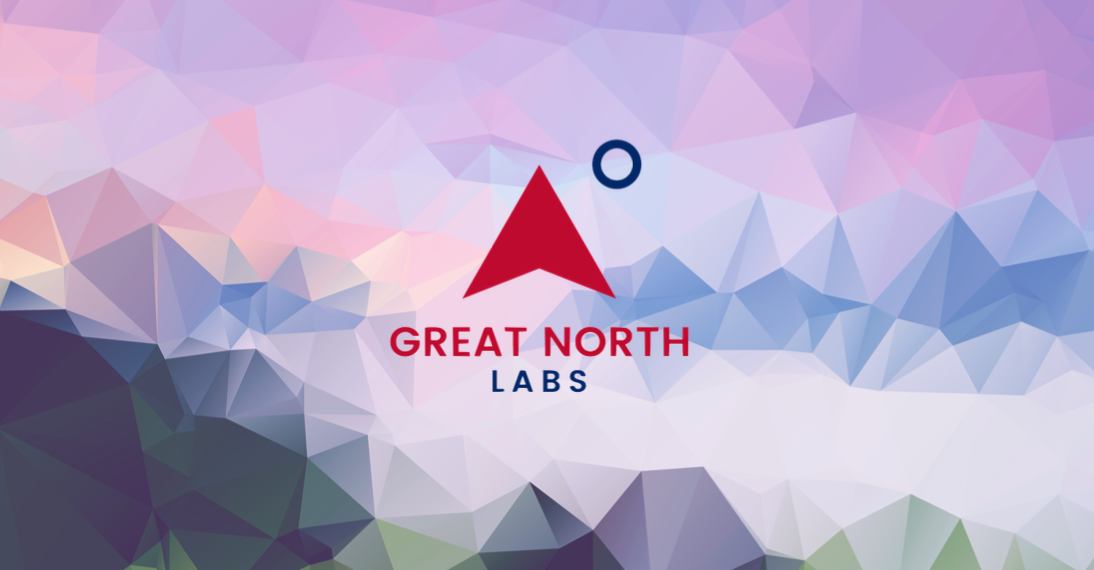
Great North Labs Featured on Tech.mn

Great North Labs Featured in St Cloud Times
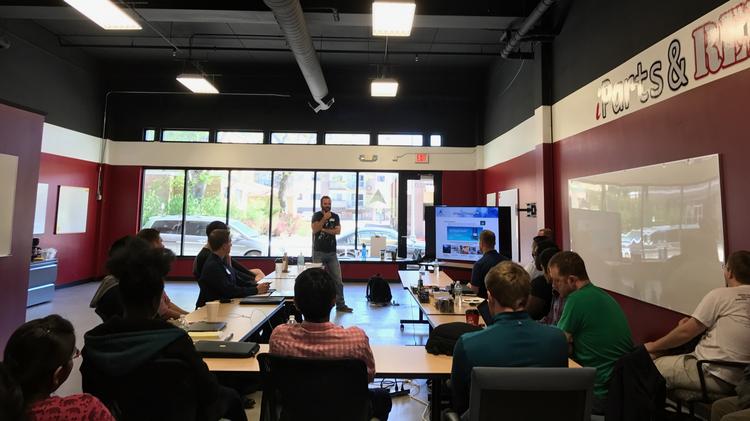
Great North Labs – Featured on BizJournals.com


